





DAUGHTER OF THE BRIDE
Diverse content, award-winning scripted series, trailblazing animation, unforgettable unscripted content, and epic original movies.
 THE CHRISTMAS BREAKGRIMSBURG
THE CHRISTMAS BREAKGRIMSBURG
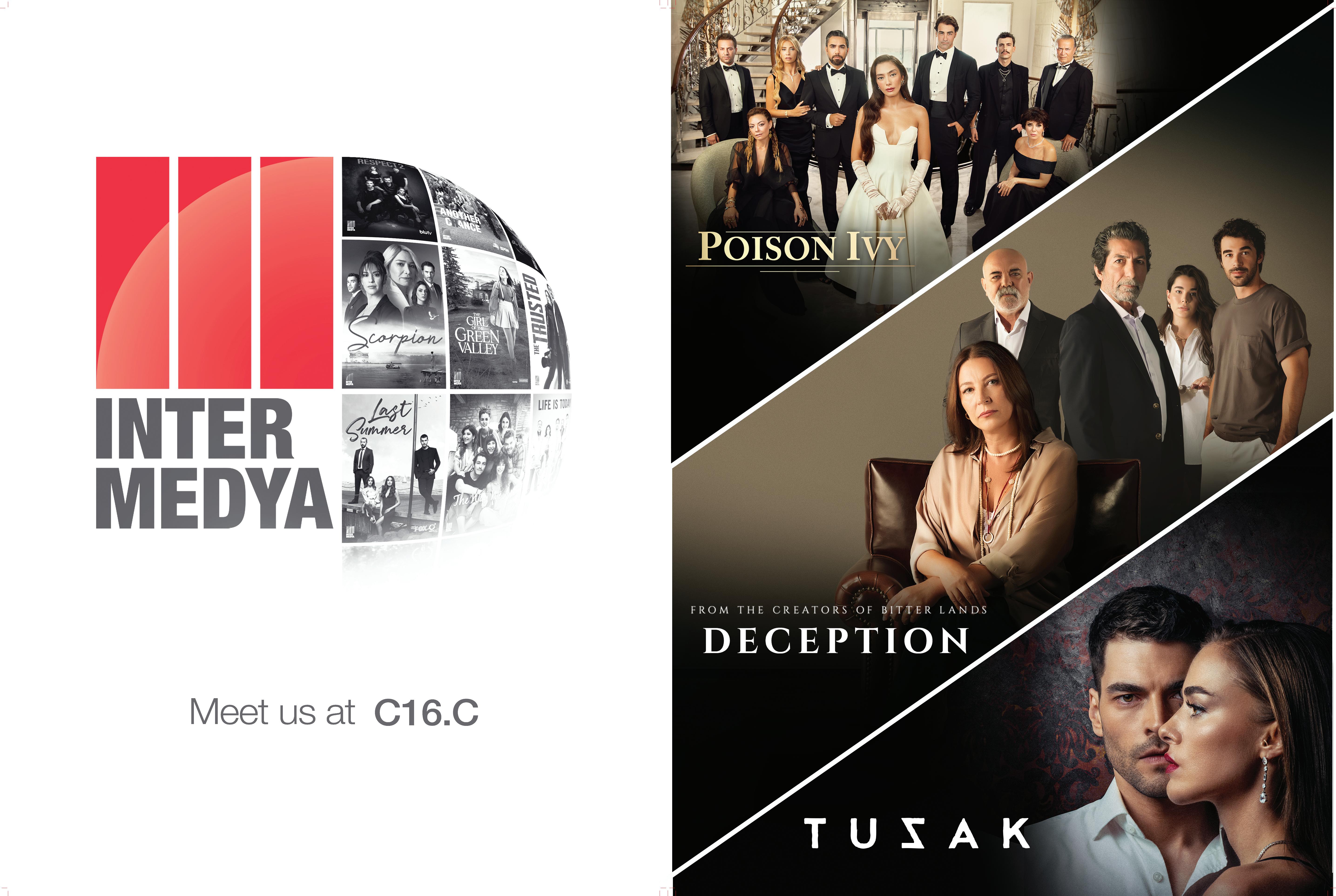









Diverse content, award-winning scripted series, trailblazing animation, unforgettable unscripted content, and epic original movies.
 THE CHRISTMAS BREAKGRIMSBURG
THE CHRISTMAS BREAKGRIMSBURG



MipTV takes place in Cannes this April with a sense of rebellion in the air, in both the TV industry and wider society. This was on show at Series Mania in Lille in March, when protestors, riot police and tear gas on the streets mingled with talk of an upcoming US writers’ strike in the festival hall.
As Arte France’s director of fiction, Olivier Wotling, reveals in our Drama section, he believes that, among viewers, there is “a growing feeling of anger – it’s not revolution but people are [anticipating] a fight.”
Wotling is hoping upcoming Arte programming such as Machine, which centres on an anonymous woman skilled in martial arts who joins the cause of striking workers, will tap into this feeling of dissent.
Elsewhere, Banijay Rights’ period drama Marie Antoinette, which tells the story of a public figure at the height of their power but facing a financial crisis and
THE C21 CONTENT TRENDS REPORT: Spring 2023
C21’s quarterly outline of the biggest trends in the business looks at the possible impact of a US writers’ strike on the global business.
With spin-offs from recognisable IP becoming more common, could some ‘universes’ begin to contract?
AI is bringing efficiencies to film and TV production, but sceptics fear tools like ChatGPT could undermine the industry.
Streamers’ insistance on global rights and US studios’ withdrawl from licensing could be starting to change.
COUNTRYFILE: Türkiye
How the country’s TV industry is returning to work and expanding its scope after the recent devastating earthquakes.
THOUGHT LEADERSHIP: James Burstall Argonon Group CEO on his new book advising businesses how to handle the next global crisis.
AHEAD OF THE CURVE: Streaming’s next phase Studios and streamers left millions of licensing dollars on the table to embrace D2C. Now they are changing course.
CONTENT STRATEGIES: OUTtv
How the LGBTQ network and streamer aims to expand its scripted offering.
NEXT BIG THINGS: 21 on 21
Our selection of the 21 shows you can’t afford to miss at MipTV.
AHEAD OF THE CURVE: Future of unscripted
With unscripted now challenging dramas for primetime slots, execs debate the implications.
impending public revolt, has sold around the world. This may have more to do with it being described as “Love Island en Versailles” than it containing any d biting social commentary, however. But France is not the only country experiencing civil unrest, with the UK emerging out of a winter of strikes and discontent while the past year has seen outbreaks in countries such as Argentina, Chile, Peru and Sri Lanka. According to analytics firm Gallup, unhappiness is at a record high, with people feeling more anger, sadness, pain, worry and stress than ever before. Just ask the Writers Guild of America, which as this magazine went to press was calling for a strike authorisation vote, which could lead to the first US writers’ strike in 15 years. There’s talk it could turn the ‘golden age of drama’ into the ‘golden age of unscripted.’ But please can it not turn into the ‘golden age of cheap reality TV shows
CONTENT STRATEGIES: TV2 Denmark
TV2 is doubling down on weekend entertainment and is on the hunt for ‘reinvented’ primetime formats.
THOUGHT LEADERSHIP: Hayley Babcock & Lisette van Diepen Format specialist Hayley Babcock and Lisette van Diepen, consultant for All3Media, discuss how new indies should pitch paper format ideas.
THOUGHT LEADERSHIP: Sustaining formats Magical Elves’ Casey Kriley and NBCUniversal’s Barrie Kelly on keeping shows like Top Chef fresh.
DEVELOPMENT SLATE: RTBF
DEVELOPMENT SLATE: ITV Studios
NEWS ANALYSIS: US unscripted How Covid, tight margins, mega-mergers and an economic slowdown have impacted US unscripted indies.
NEXT BIG THINGS: Stranger than fiction
With a possible US writers’ strike likely to up demand for ‘stranger than fiction’ docs, what makes a good one?
CONTENT STRATEGIES: S4C
The Welsh pubcaster outlines its priorities and content wishlist as it grows its international unscripted ambitions.
CONTENT STRATEGIES: ITV & ITVX
ITV’s Jo Clinton-Davis on the twintrack opportunities that streamer ITVX has opened up for the UK’s largest commercial broadcaster.
DEVELOPMENT SLATE: Creative Chaos
THREE-YEAR PLAN: Dare Pictures
featuring vulnerable people being taken advantage of’ as the last writers’ strike in 2007-08 did?
Another outcome could be the ‘golden age of artificial intelligence-assisted TV,’ as computers don’t go on strike. Naturally, any script created using AI will be incredibly formulaic, relying as it does on the internet for examples and moulding it to a set pattern.
No doubt there are genres of TV where this could be effective, with BBC commissioning editor for daytime and entertainment Muslim Alim recently encouraging UK indies to integrate generative AI into their workflows to save time and money.
It’s unlikely we’ll see any of Alim’s counterparts in drama or children’s doing the same publicly any time soon, as our reports in this issue highlight. But could limited use of AI engender a sense of human rebellion against the stock TV formula to keep the bots at bay, resulting in more experimental and daring TV?
Nico FranksDRAMA
THOUGHT LEADERSHIP: Casey Bloys
HBO’s content boss on quality control and launching a new streamer.
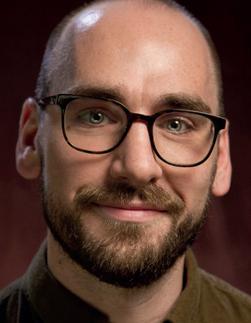
COUNTRYFILE: Japan
Japan’s increasingly outward-looking scripted industry is aiming to embrace international collaborations.
CONTENT STRATEGIES: Arte France
Arte France is pushing its drama into new areas fuelled by risk-taking.
CONTENT STRATEGIES: Amazon Prime Video Nigeria
How the streamer is building a distinctive slate through ‘hyper-local’ storytelling.
DEVELOPMENT SLATE: Lingo Pictures
THREE-YEAR PLAN: Range Media
AHEAD OF THE CURVE: AI in kids TV
Should we fear artificial intelligence for its possible impact on kids’ content and jobs, or is it just another creative tool?
AHEAD OF THE CURVE: Young adults
With demand for YA programming on the rise, how far does the demographic extend and what do they want to watch?
THOUGHT LEADERSHIP: Melanie Stokes Kindle Entertainment’s MD on feel-good content and surviving a financial crisis.
CONTENT STRATEGIES: ITVX
The UK broadcaster readies the platform to become its new children’s destination.
THREE-YEAR PLAN: DeAPlaneta
DEVELOPMENT SLATE: Studio 100
PRESENT IMPERFECT FUTURE TENSE Olena Shkrobot of Ukraine’s MKMG.
“They’ve tricked us into thinking we can’t do it without them, but the truth is they cannot do anything of value without us,” proclaimed Eternal Sunshine of the Spotless Mind, Being John Malkovich and I’m Thinking of Ending Things screenwriter Charlie Kaufman to rapturous applause at the Writers Guild of America (WGA) Awards in March.
His comments, directed at Hollywood studio execs, were made as tensions reached boiling point between US scribes, who are represented by the WGA, and US studios, under the Alliance of Motion Picture and Television Producers (AMPTP).

The two sides have been on a collision course for several years, with the writing community feeling the streaming boom has diminished their importance in the creation of TV and film and significantly decreased their earnings potential.
The current contract between the WGA and AMPTP expires on May 1 and negotiations have been ongoing since March 20. Several outcomes are still possible – C21 has heard predictions ranging from a May-September strike, to a four-week strike, to no strike at all – but what’s clear is, at the time of going to press, many in Hollywood believe the US industry is headed for its first writers’ action since 2007-2008, when WGA members walked off the job for 100 days.

Highlights of the ‘pattern of demands’ issued by the WGA in March included a compensation increase to “address the devaluation of writing in all areas” of television, new media and features; expanded “span protection,” so that TV writers are not locked into lengthy contracts that prohibit them from taking other jobs; and a call to “address the abuses of mini-rooms.”
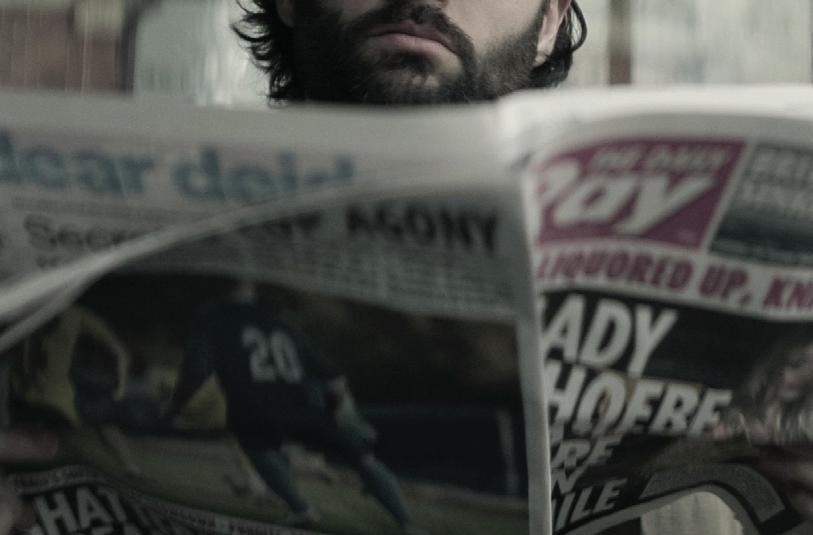




The latter – a practice that sees a small number of writers working with a showrunner or head writer to map out the story ahead of a greenlight decision –
has become a focal issue as it has resulted in fewer writers being employed on projects.

In addition, the new world of short-order seasons (the average drama now has between six and 12 episodes per season, compared with 22 in the prestreaming era) has meant a writer often needs to line up two or more jobs per year in order to make a solid wage. At the same time, residual payments –which in the network TV era provided writers with a healthy revenue stream – are a fraction of that in the streaming era.

The potential strike would take place against a very different backdrop to the previous one, however.
Many execs C21 has heard from have pointed out the studios and streamers are better positioned to ride out a long strike this time around, should the situation arise. However, each buyer has different needs and priorities, meaning there is no one-sizefits-all response. For example, streamers like Netflix and Apple are set up to buy internationally, with hits Ted Lasso already being filmed in the UK, while others, such as Disney-owned SVoD service Hulu and broadcast network Fox, are US-
ts-all response For e such as You and T in the Disne and bro only.

add

In addition to stockpiling scripts, US buyers have started tentatively implementing “strike-proofing” measures.
Multiple producers, showrunners,
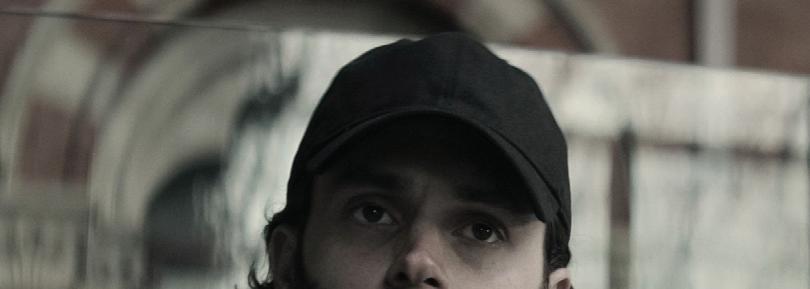
The C21 Content Trends Report, a quarterly outline of the biggest trends in the business, finds that US studios and streamers are beginning to draw up UK and Canadian back-up plans as American writers teeter on the precipice of what is being billed as a ‘generational strike.’
By Jordan PintoA WGA strike rally in LA in 2007
entertainment lawyers, managers and agents have told C21 they have seen the major US commissioners lining up contingency options in the UK and Canada.
“We have seen explicit outreach and interest from US studios specifically interested in engaging with writers who are not with the WGA and could help them prevent a stoppage in their output,” says one US-based exec at a management firm with ties to the UK and US.
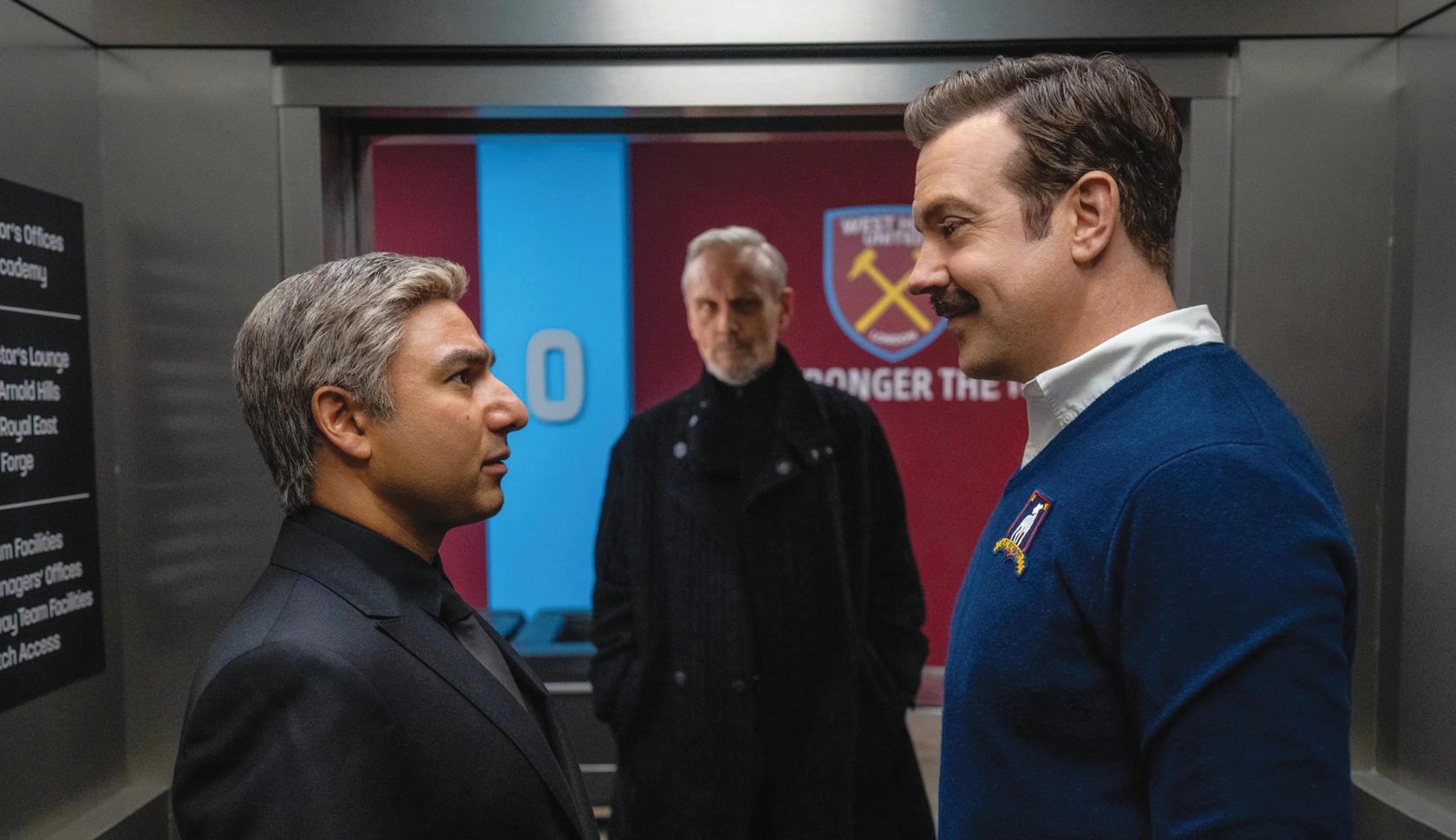
One US talent agent says the fact studios and streamers can commission international content, something that wasn’t a factor in 2007, means they are less reliant on American writers than they were previously.
“The Europeans – especially UK writers –Canadians and Australians probably see their value increasing dramatically if there’s an American writers’ strike,” says the agent.
Of course, many high-profile UK and Canadian writers/showrunners are WGA members, meaning they would also be part of the strike. That wouldn’t prevent some of the studios from commissioning international projects as a means of avoiding the challenges created by a strike.
“I bet the Brits will come here and meet with the studios. And maybe the showrunner goes back to England and Netflix buys the show there and it’s the same damn show,” adds the agent. “If I’m Netflix UK, do I buy a few extra shows? Probably.”
The fact studios and streamers are, regardless of a strike, looking to reduce their content slates is an important consideration. Some have even suggested the studios would welcome a short strike, as they are already reducing content-related spending and it would enable them to cancel various talent deals.
“If you look at the major media companies and streamers, two to three years ago they were making ginormous overhead deals for writers – you’re talking about US$5m- to US$10m-a-year deals. Today, the money involved in those deals is probably half to one-third of what it was two years ago,” says
the head of one global independent studio.
“Everyone has a lot of those deals, and in a lot of cases they can be cancelled in the event of the strike – outright cancelled. So one theory is that the best thing for many major media companies might be a short strike.”
The potential for a strike is also creating interesting dynamics in the Canadian marketplace. C21 has heard that several Canadian writers, directors and creators who live and work in LA are eyeing a return to Canada and attempting to line up projects with local broadcasters in the event of a strike.
In the first week of negotiations in late March, the word trickling out was that the WGA and AMPTP weren’t as far apart on certain key issues as previously supposed. However, it now appears very little negotiating will take place until closer to the deadline, as the WGA believes that will give it the greatest amount of leverage.
If the WGA and AMPTP are unable to iron out a new deal before May 1, the question becomes how long the strike will last. The consensus is that if it is relatively short, the programming pipelines of networks and streamers will not be too badly disrupted.
However, if the strike goes longer, the studios and streamers will be forced to either meet the writers’ demands – which they are loathe to do due to the shakiness of their financial positions – or find other ways to fill their content pipelines, likely by commissioning unscripted programming, which isn’t covered by WGA contracts, and buying international content.
In many ways, Kaufman’s declaration will be put to the test in the coming weeks and months. He may be correct in saying that the US studios cannot do anything of value without US writers. However, given that the studios have more access than ever to international talent, they might be in a stronger position to prevent their content pipelines from freezing.
Charlie Kaufman
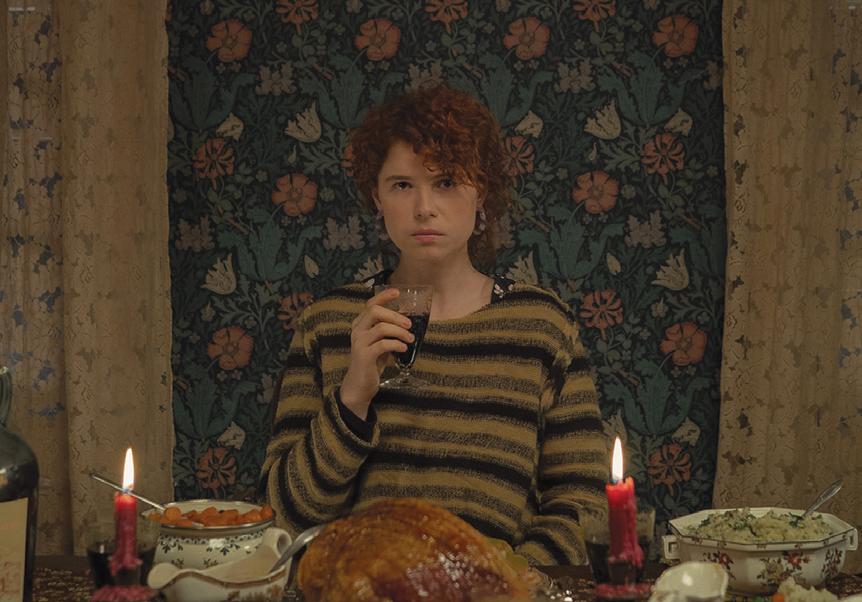
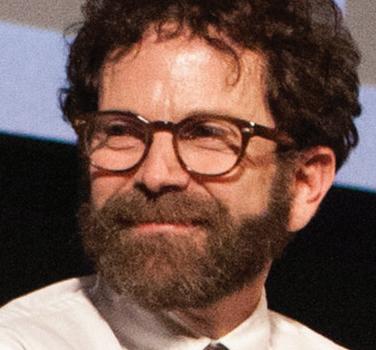
They’ve tricked us into thinking we can’t do it without them, but the truth is they cannot do anything of value without us.
WGA’s pattern of demands, with negotiations being led by lead negotiator Ellen Stutzman
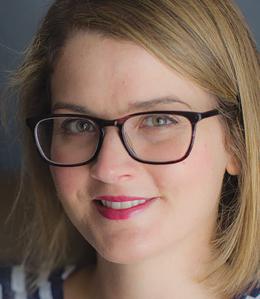
Increase minimum compensation significantly to address the devaluation of writing in all areas of television, new media and features. Address the abuses of minirooms. Ensure appropriate television series writing compensation throughout the entire process of pre-production, production and post-production.
Louise Pedersen, CEO, All3Media International
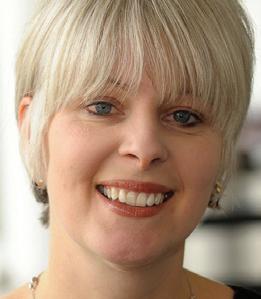
It certainly felt like a lot of US buyers were planning for the strike at the London Screenings. They were considering acquiring shows from the UK, so I suspect they’re doing a bit of research to put their back-up lists together.
Jens Richter, CEO, International, Fremantle
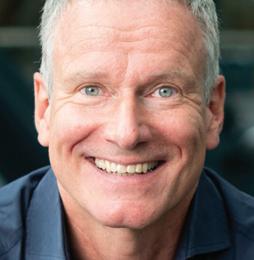
We’ve discussed this scenario internally and we want to be prepared if the strike goes ahead. If you have shows that could be licensed into America, you have to think about which content to take to certain platforms. Timing is also important – is now the right time to go into that market, or should we wait a few weeks?
Source, agent
The Europeans – especially UK writers –Canadians and Australians probably see their value increasing dramatically if there’s an American writers’ strike.
Source, head of independent studio
[The studios and streamers have] a lot of those [large overall] deals, and in a lot of cases they can be cancelled in the event of the strike –outright cancelled. So one theory is that the best thing for many major media companies might be a short strike.
Frank Spotnitz, founder and CEO, Big Light Productions
I’m hoping and praying there won’t be a writers’ strike, as it is such a brutal and damaging way to resolve conflict. Ultimately, everyone loses when a writers’ strike happens. I will obviously support whatever decision is made by the Writers Guild, but I really hope the strike doesn’t happen.

Executives at The Walt Disney Company (TWDC) and subsidiary Lucasfilm may have felt a disturbance in the Force recently when Jedi master Qui-Gon Jinn (or at least the actor who played him) complained that the Star Wars franchise was being spoiled by too many spin-offs.
Liam Neeson, who was in the cast of the first movie prequels extending the original trilogy, said in an interview in February that despite a cameo in last year’s Disney+ series Obi-Wan Kenobi, reuniting him with The Phantom Menace lead Ewan McGregor, he had no interest in doing more. “There’s so many spin-offs of Star Wars. It’s diluting it to me, and it’s taken away the mystery and the magic in a weird way,” Neeson told a US talkshow.
But this particular Jedi’s opinions are a distant nebula in a galaxy far, far away as the Star Wars ‘universe’ – to borrow a term from TWDC sibling Marvel and now synonymous with the art of franchise management – continues to expand. The Mandalorian, The Book of Boba Fett, Andor, Ashoka and The Acolyte are just some of the serialised properties to come out of Disney’s US$4bn purchase of Lucasfilm a decade ago.
But this is a mere handful compared with the number of titles to emerge from the Mouse House’s acquisition of Marvel for the same amount three years earlier. Since the 2010 release of Iron Man, the Marvel Cinematic Universe (MCU) has grown to more than 40 movies and TV series – the latter category gaining momentum with the 2019 launch of Disney+, spawning the likes of Loki, The Falcon & the Winter Soldier and WandaVision (now gaining its own spin-offs).
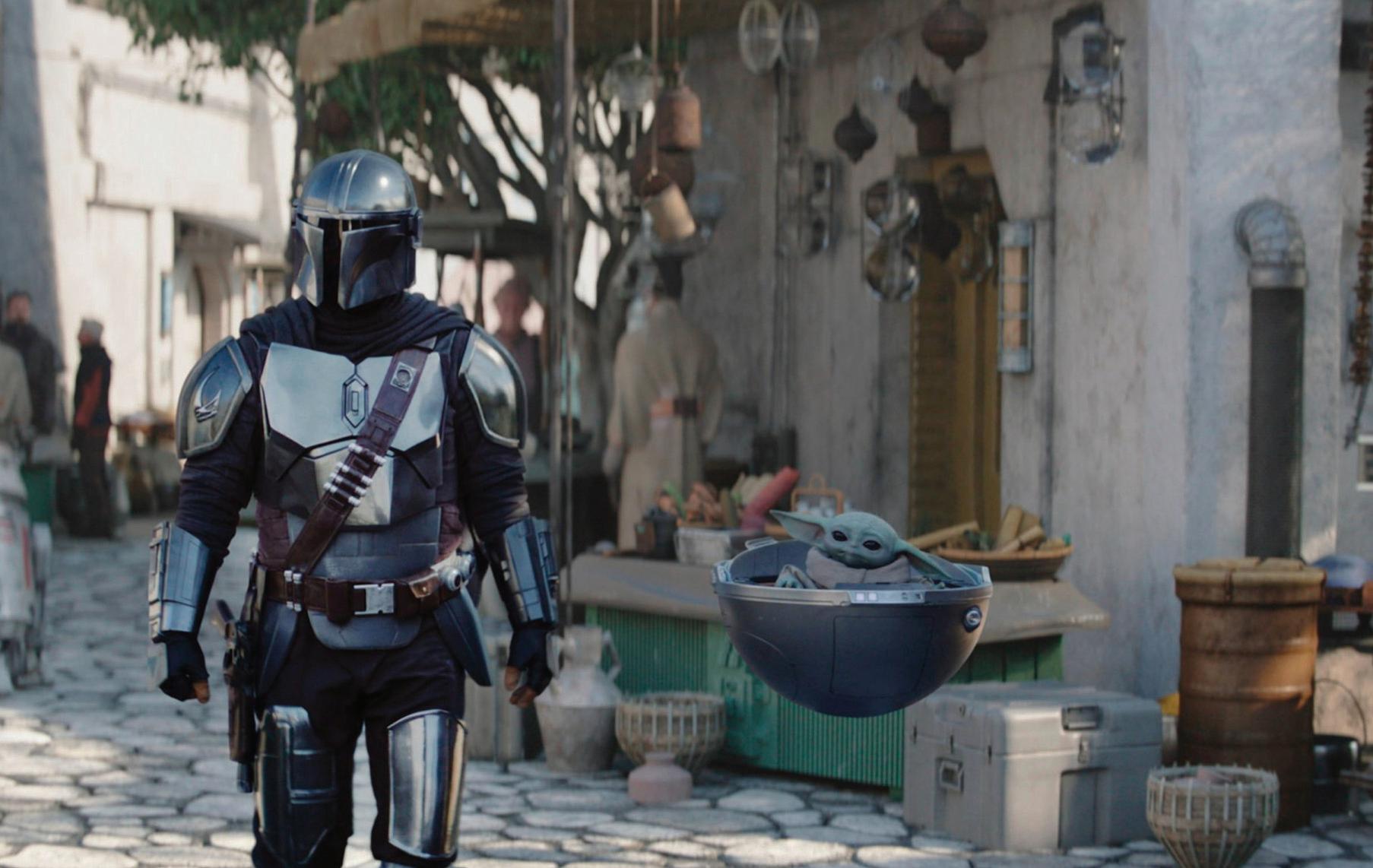
The picture is the same at Warner Bros Discovery (WBD), where the US$43bn merger that created the company last year has heaped pressure on the DC Universe (DCU), including Batman, Superman, Wonder Woman and Aquaman, plus associated Greg Berlantibirthed Arrowverse, of Arrow, The Flash, Supergirl, et al, to emulate MCU’s success. New DC Studios chiefs James Gunn
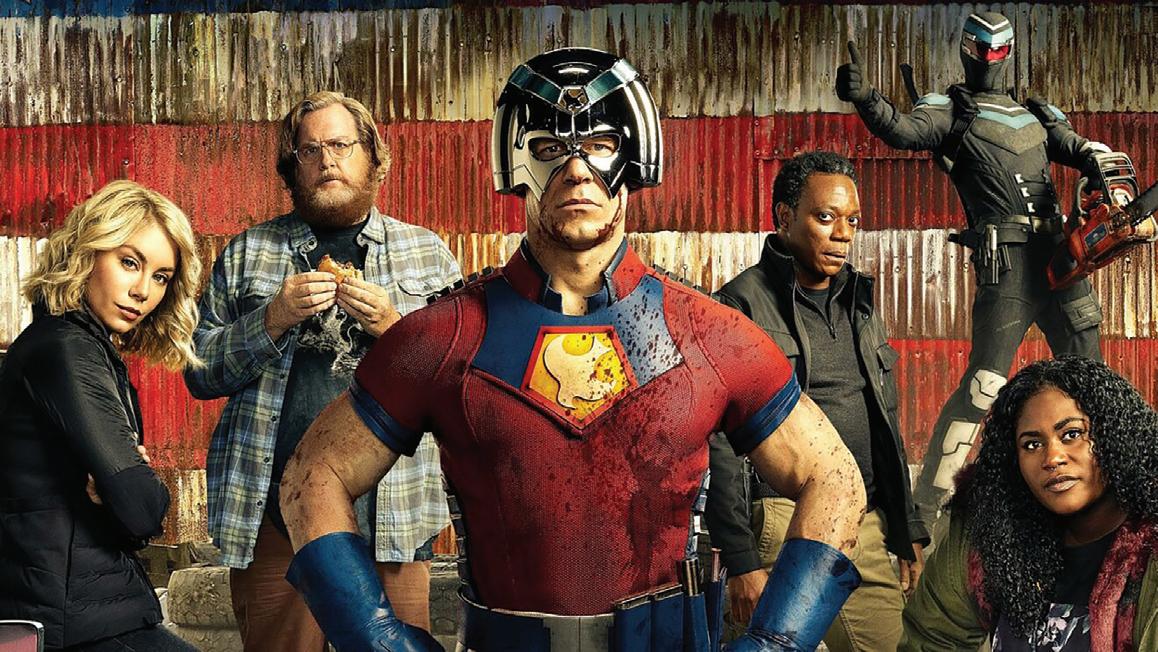
and Peter Safran are building on its progress with properties like Peacemaker
WBD is drawing on a vast treasure trove of IP that also includes the rapidly expanding Harry Potter ‘Wizarding World’ (for which several TV series are in development) and Game of Thrones prequel House of the Dragon being the first in a string of intended successors. Speaking of which, even Succession creator Jesse Armstrong is said to be considering spin-offs of the award-winning HBO drama, which is ending with its recently launched fourth season.
Over at Paramount – four years into its creation following the US$15.4bn merger of CBS and Viacom – the studio that houses sci-fi behemoth Star Trek, archetypal TV franchise architect Dick Wolf (Law & Order, Chicago, FBI) and similarly iterative procedurals CSI and NCIS – is doubling down its

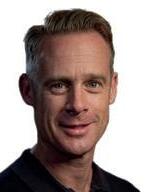
own universe-building strategy with Westerns Yellowstone, 1883, 1923 and more. Meanwhile, series including Billions and Dexter (already given the sequel treatment two years ago) will get their own spin-offs as premium cablenet Showtime gets folded into Paramount+ later this year.
Elsewhere, following the conclusion of The Walking Dead on AMC last year after 11 seasons, the blockbuster apocalyptic thriller has already racked up six spin-offs including Fear the Walking Dead and has two due out in 2023. New gothic horror franchise Immortal Universe appears to also be doing well but AMC is, like others, cutting budgets. At Starz, Courtney A Kemp and Curtis ‘50 Cent’ Jackson’s Power universe has run to six seasons of the original series and to date spawned three spin-offs, with Ghost and Raising Kanan each getting multiple orders. But Jackson’s deal with the company has now ended and the rapper has signed with Fox.
The mega-merger activity among the US studios in recent years has been a response to the rise of streaming, and the valuations placed on such deals reflect the assumed worth of assets wrapped up in them plus future potential. The subsequent process of rationalisation and value realisation inevitably involves a concentration on those assets – a focus sharpened by economic conditions
With spin-offs from recognisable IP becoming more common as Hollywood processes mega-mergers and an economic squeeze, could some ‘universes’ begin to contract? By Jonathan WebdaleThe Mandalorian. Above: Peacemaker Right: Power
that mean recognisable IP receives priority over investment in new properties.

And Hollywood is not alone, with global streamers backing established franchises or seeking to extend homegrown successes as they, too, feel the financial squeeze and seek to shore up audiences around fewer tentpole shows.
Amazon splashed out hundreds of millions of dollars for the right to make Lord of the Rings spinoff The Rings of Power, similarly more recently for the Tomb Raider franchise (for which it has enlisted Phoebe Waller-Bridge as series writer), plus US$8.5bn on James Bond and Rocky owner MGM. Amazon Prime Video and the new MGM+ will serve as homes to a suite of live-action series based on Marvel characters owned by Sony Pictures Television.
But Amazon is also fleshing out the world of homegrown originals like Bosch, with two more offshoots of the Michael Connolly cop drama in the works following last year’s Bosch: Legacy. It is also building a universe from scratch in the form of the Russo Brothers’ multi-series sci-fi spy drama Citadel, with the US instalment debuting in April followed by interlinked versions in Italy, Mexico and India.
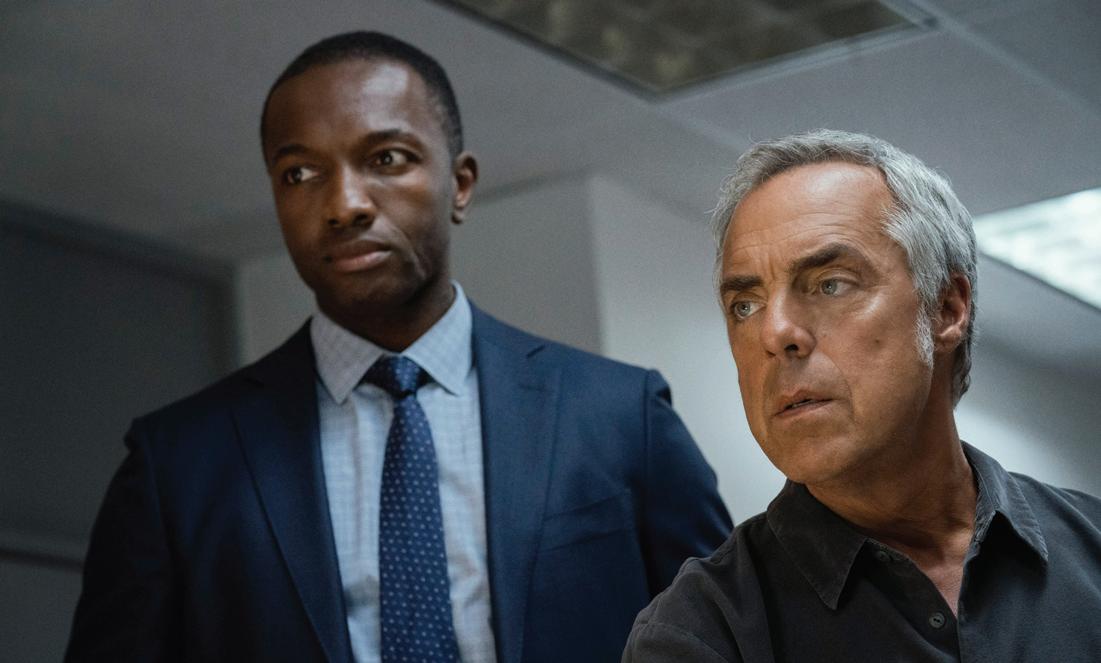
Netflix, meanwhile, will in May release Queen Charlotte: A Bridgerton Story – the first spin-off from Shonda Rhimes’ original historical drama, which itself is headed for a third season. Queen Charlotte is the inaugural block in “building out the Bridgerton universe,” according to Netflix head of global TV Bela Bajaria.
Of course, spinning off popular IP doesn’t guarantee success, as MCU’s Ant-Man & the Wasp: Quantumania and DCU’s Shazam! Fury of the Gods have demonstrated. Even TWDC CEO Bog Iger has suggested a need for more focus on quality over quantity. Some universes may yet contract but with Lucasfilm having signed Peaky Blinders scribe Steven Knight for its next movie, Star Wars isn’t one of them yet.
Liam Neeson

There’s so many spin-offs of Star Wars. It’s diluting it, to me, and it’s taken away the mystery and the magic, in a weird way.
Gunnar Wiedenfels, chief financial officer, Warner Bros Discovery
Take Harry Potter, the Wizarding World – the fact we’re enjoying massive success with the Hogwarts Legacy [game] launch 12 years after the last film came out shows there is so much opportunity and we’re only just starting to expand that. Coordinated franchise management is probably one of the biggest opportunities the company has.
Bob Bakish, CEO, Paramount
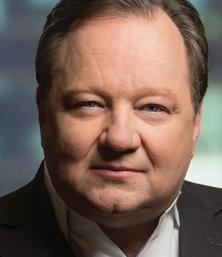
We’re leaning into our Showtime franchises. You could think of the slate as smaller, which will be less expensive, but also really giving the people what they want, which is more Showtime, maybe more Dexter, more Ray Donovan
Chris McCarthy, president & CEO, Paramount Media Networks
We’re partnering with our core creators, like Brian Koppelman and David Levien, who created Billions and will oversee the Billions universe. But we’ll also look to bring in other creatives to help build out those franchises and ideas. You could look at it as Dick Wolf in broadcast, Yellowstone in premium cable or Top Gun, Mission: Impossible and StarWars in theatrical film. The
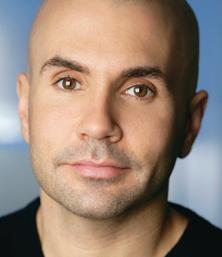
misconception is that franchises are easier, when in fact they’re a lot harder, because audiences have built-in expectations.
Dan McDermott, president of entertainment and AMC Studios, AMC Networks
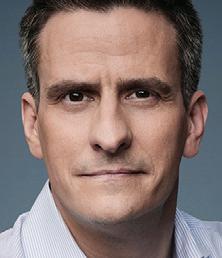
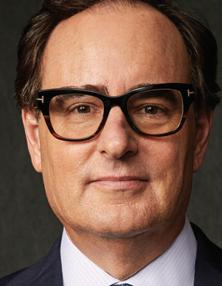
It’s a truly exciting year for The Walking Dead universe as we conclude an epic journey on Fear the Walking Dead, and now we are set to bring forth the next iteration of the franchise – two new and anticipated series. Fans new and old will love seeing zombies walking across the Brooklyn Bridge, beneath the Eiffel Tower, inside the Louvre, and at dozens more exotic and iconic locations from around the country and world.
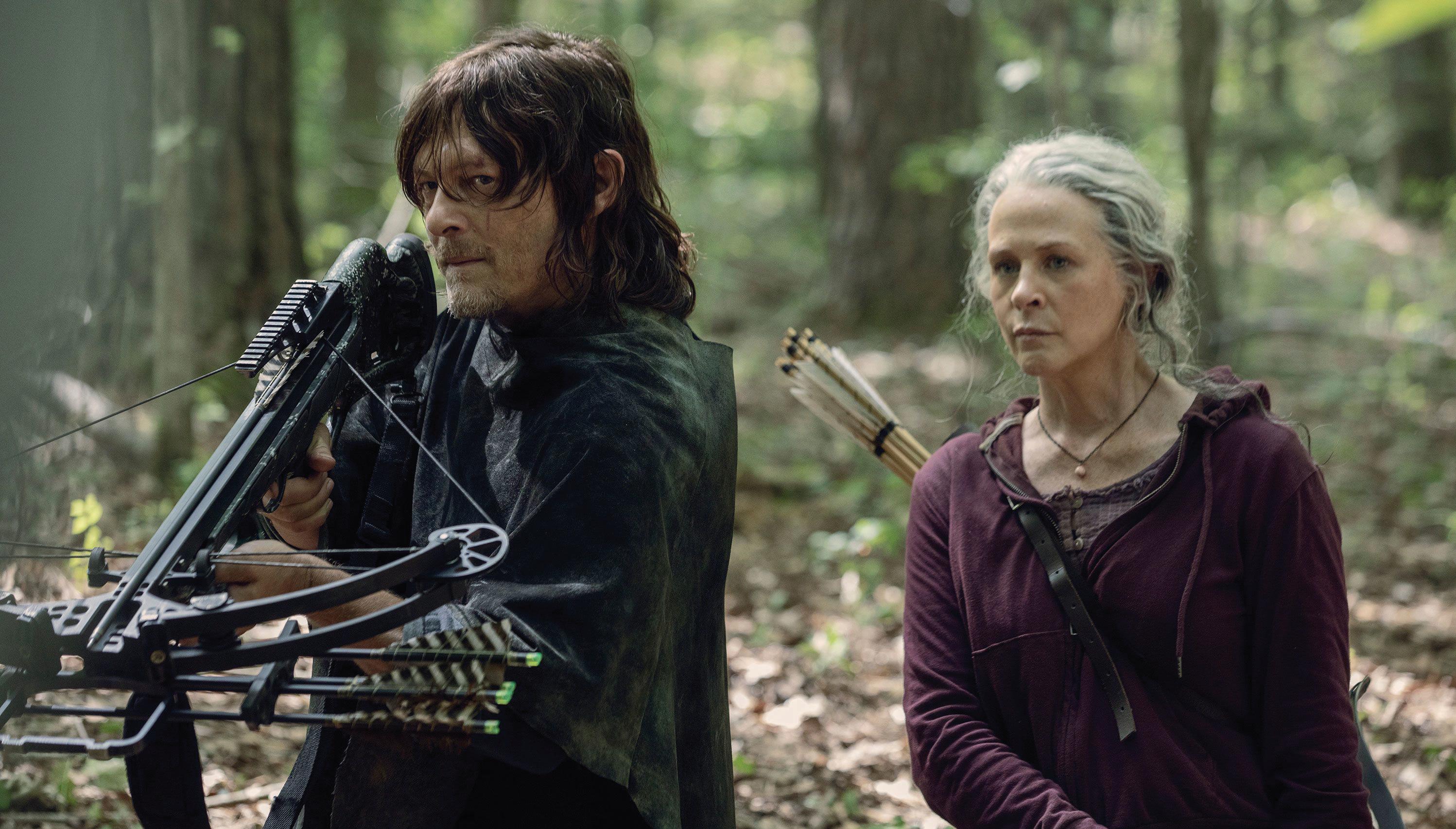
Gaurav Gandhi, VP, Amazon Prime Video India

The Citadel universe is a truly innovative and ambitious approach to storytelling. With this project, we are building on our mission of borderless entertainment to produce local original content that can be enjoyed by audiences across the world. Citadel is a truly global franchise.
Because the streaming platforms require so much volume, one has to question whether that’s the right direction to go, or if you can be more curated, more picky about what you’re making, and to concentrate on quality and not volume.
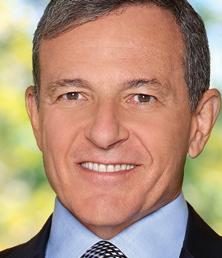
Artificial Intelligence has been a fascination of film and TV since the industry’s inception, from Fritz Lang’s Metropolis through to modern classics like Stanley Kubrick’s 2001: A Space Odyssey, Ridley Scott’s Blade Runner, James Cameron’s Terminator, Steven Spielberg’s AI and many more, including last year’s Blumhouse horror M3gan
In TV, HBO’s Westworld, Channel 4 and AMC Networks’ Humans, CBS’s Person of Interest and AppleTV+’s Severance are a handful of series that have explored AI recently, with most of these titles giving the technology a distinctly dystopian billing. Indeed, aside from aliens, the entire sciencefiction canon would scarcely exist were it not for the idea of some megalomaniacal computer programme or robot bearing down on humanity.
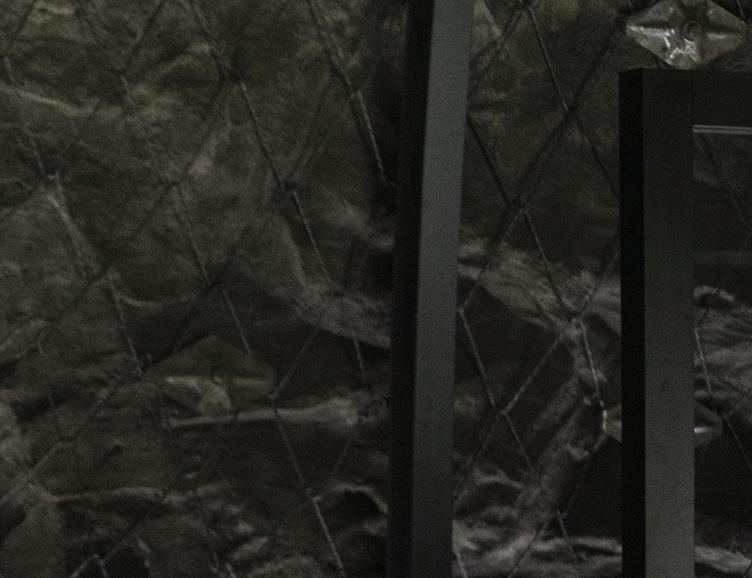

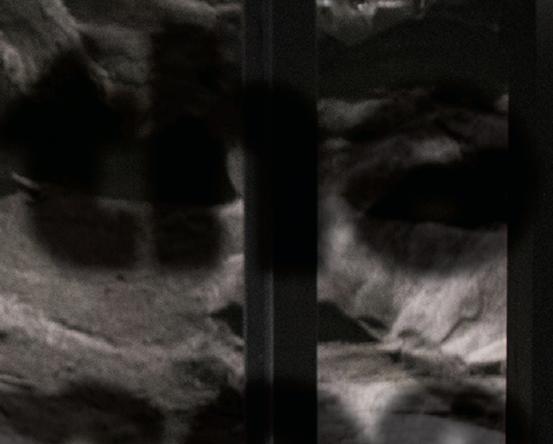
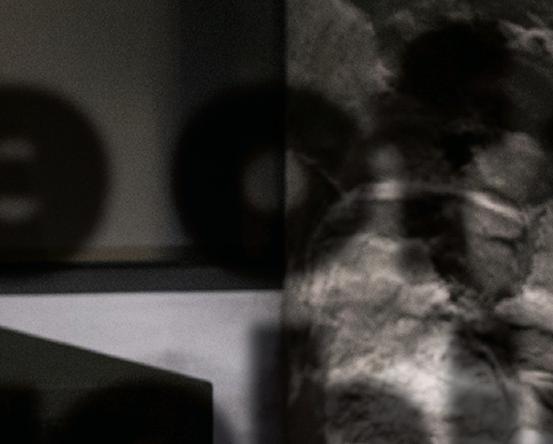
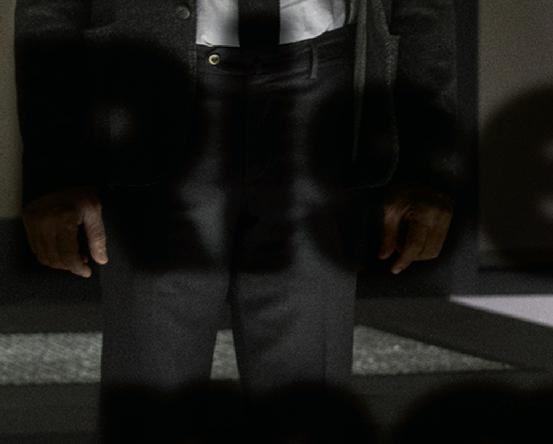
AI, however, is no longer fiction and, rather than being merely the subject of film and TV fantasy, is being actively used within the industry in myriad ways, not only in VFX but also in content creation. AI tools like those offered by New York-based Runway can bring huge efficiencies to many mundane production tasks, with the firm highlighting how these were used in the making of Oscar winner Everything Everywhere All at Once to remove the need for rotoscoping. It also lists CBS as a client and holds up The Late Show with Stephen Colbert as a case study in which a five-hour video edit was reduced to just five minutes.

But Runway is also advancing a new category called ‘generative media.’ As with AI chatbots, like
Artificial intelligence is already bringing efficiencies to film and TV production, but sceptics fear the use of tools like ChatGPT to devise scripts and even generate entire shows threatens to undermine the industry.
 By Jonathan Webdale
By Jonathan Webdale
ChapGPT – whose developer, OpenAI, received a US$10bn investment from Microsoft in January –and Google’s new rival Bard, its software can create content based on the data it is fed. “Turn any image, video clip or text prompt into a compelling piece of film,” runs the company’s promotional literature. “No lights. No camera. All action,” its website continues. “Bringing the magic back to making movies.”

But some filmmakers see such technology in a very different light. Asked in a recent interview with Stephen Colbert what he thought AI means for the future of his discipline, Spielberg said he loved “anything that is created not by a computer but by a human person.”
“When a human person uses the medium of the digital tools to express themselves and say something, that’s fantastic,” said the director. But his tone changed when Colbert pressed further on the
Bill Gates, co-founder, Microsoft The development of AI is as fundamental as the creation of the microprocessor, the personal computer, the internet and the mobile phone. It will change the way people work, learn, travel, get health care and communicate with each other. Entire industries will reorient around it. Businesses will distinguish themselves by how well they use it.
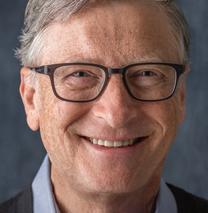
Steven Spielberg, director AI has got me nervous because you’re basically taking something you created and you made, which is the computer, and giving the computer autonomy over your point of view and yourself as a human person.
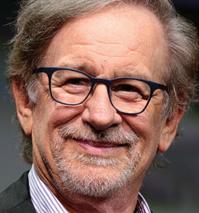
scope for AI to generate movies based on no more than a list of input criteria.
“It’s got me very nervous because you’re basically taking something you created and you made, which is the computer, and giving the computer autonomy over your point of view and yourself as a human person,” said Spielberg.
It’s not only filmmakers who are nervous. AI can easily recreate actors’ images and voices, assimilate their performances and potentially generate new ones. Such developments raise concerns not only about deepfakes but also, of course, issues around copyright, residuals and, on the most fundamental level, future employment.
UK performing arts workers union Equity last year launched a campaign called Stop AI Stealing the Show, urging government action on these matters, while US equivalent SAG-AFTRA recently took a stand, stating: “Governments should not create new copyright or other intellectual property exemptions that allow artificial intelligence developers to exploit creative works, or professional voices and likenesses, without permission or compensation.”
In a survey of 430 of its members, Equity found that 93% of audio artists felt AI posed a threat to their livelihoods. In Italy, 2,500 dubbing industry workers went on strike recently, in part because of fears over AI’s impact on their profession. And with the Writers Guild of America in the midst of renegotiating contract terms for its members with the US studios, AI is among the items on the agenda.
ChatGPT is perfectly capable of coming up with its own scripts and, indeed, entire TV shows. US-based children’s entertainment company Genius Brands International
recently caused controversy by pushing ahead with its own AI-based shorts, including one collection based on its Warren Buffett’s Secret Millionaires Club series.
Elsewhere, an AI-generated spoof of the sitcom Seinfeld, called Nothing, Forever has been streaming on Twitch since December, save for a two-week suspension after the Jerry Seinfeld-like character made transphobic remarks. “Our goal with the next iterations or next shows we release is to actually create a show that is like Netflix-level quality,” cocreator Skyler Hartle told Vice magazine.


We knew as we were writing Westworld, almost eight years ago, that AI would actually be one of the defining issues, if not the defining issue, of our generation. This massive sea change is coming, and it’s going to take root and revolutionise things faster than we really anticipate. It’s not actually just a science-fiction abstraction; we’re about to feel very real-world repercussions of evolving AI.

As generative media gets better, we have this notion that, at any point, you’re going be able to turn on the future equivalent of Netflix and watch a show perpetually, non-stop, as much as you want. You don’t just have seven seasons of a show, you have 700, or infinite seasons. Our
grounding principle was, can we create a show that can generate entertaining content forever?
Colin Williams, CEO, Sixteen South Personally, AI scares me. I struggle to see how it can really benefit us in any way culturally and think it is a quick shortcut to the bottom of the tank, where creativity can be bypassed as an expensive commodity. This story, where Genius Brands International are going to use it to generate stories, characters and voices for a new kids’ series, is just downright scary.
Muslim Alim, commissioning editor for daytime and entertainment, BBC AI can analyse large amounts of data and provide insights that may not be immediately apparent to humans. By streamlining the development process and reducing the risk of investing in unsuccessful ideas,
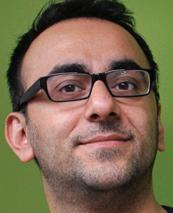
integrating AI can ultimately lead to cost savings for TV networks and production companies.
Marc Guggenheim, co-creator, Arrow

We writers have a terrible history of trying to fix the barn door after the horse is five farms away. And while AI may not be a threat to writers today or even tomorrow, we should take contractual steps to protect future writers for the day when AI is good enough to truly come for their jobs.
Todd Steinman, president, Genius Networks
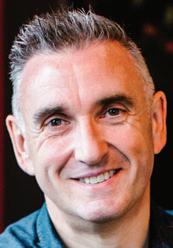
AI is a game-changer for us, providing significant cost-efficiencies and speed to market, allowing us to expand our content initiatives and fuel our programming pipeline in a way that wouldn’t have been possible before.
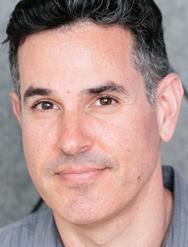
The industry pivot to streaming in recent years has seen global players insist on worldwide programme rights, while US studios have withdrawn from licensing. But there are signs these dual dynamics are shifting.
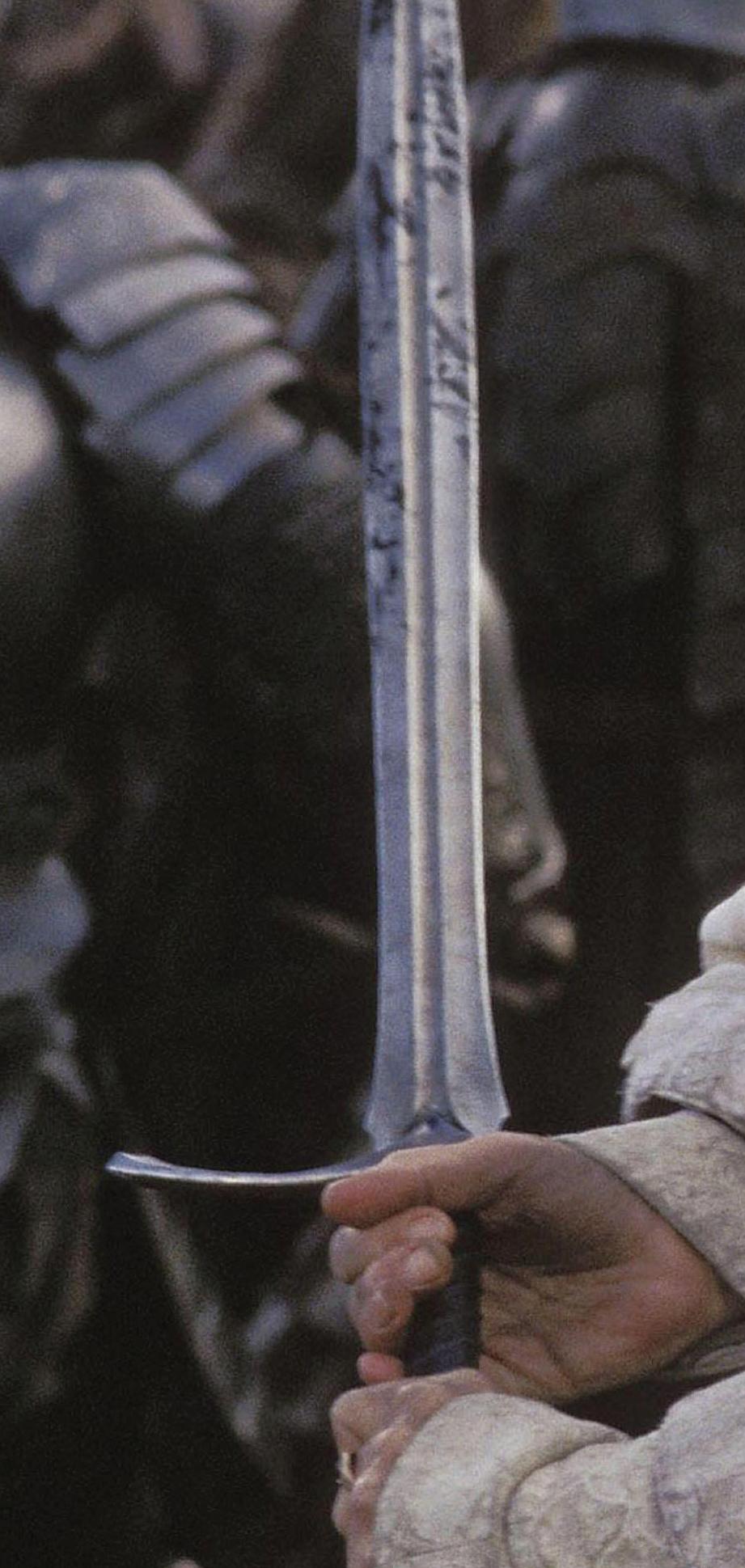 By Jonathan Webdale
By Jonathan Webdale
It’s been described by some within the industry as the great ‘Netflix correction’ – the point one year ago when the world’s leading streamer shook investors with unexpected subscriber declines and an about-face on introducing advertising.
Coming in the wake of a Covid-inflated VoD boom and a string of mega-mergers across film and TV, and at a time of heightened concern over the economy, the effects were immediate. “A handbrake came on to what had been until then this almost unending growth,” says Alastair McKinnon, MD of NBCUniversal-owned Australian prodco Matchbox Pictures. “That seemed to trigger a lot of soulsearching across the industry – people starting to think about the business models, what works, can we keep spending this much money and do we need to?”
Among those considering such questions were Warner Bros Discovery (WBD) CEO David Zaslav, at that time only weeks into his role atop the newly created US$43bn company. Elsewhere, perhaps already entertaining the idea of a return to the helm, was supposedly retired Disney CEO Bob Iger. The latter, back in post since November, has embarked upon a heavy cost-cutting exercise as pressure from Wall Street mounts on all those that invested billions in streaming. The picture is the same for Zaslav and Paramount boss Bob Bakish, while Netflix itself has trimmed its headcount and, to some degree, content spending.
And amid all this, as McKinnon says, business models have come under scrutiny. The first phase of the streaming revolution was characterised by US studios’ readiness to license TV shows and movies to an upstart they never imagined would have the power to topple them. The second saw Netflix begin to invest in originals as the studios began to realise that it might. The third saw the latter turn off their content licensing taps – not just to Netflix but
traditional broadcast partners too as they set about launching their own rivals furnished by in-house product unavailable elsewhere.
Netflix began the second phase when it was a USfocused player, willing to strike a deal with House of Cards distributor Sony Pictures Television (SPT), Orange is the New Black maker Lionsgate, or with Hemlock Grove producer Gaumont to allow these parties to sell the series elsewhere. But as its international roll-out and homegrown programming strategy gained momentum, taking global rights to commissions became the default position.
These dual dynamics that have shaped the
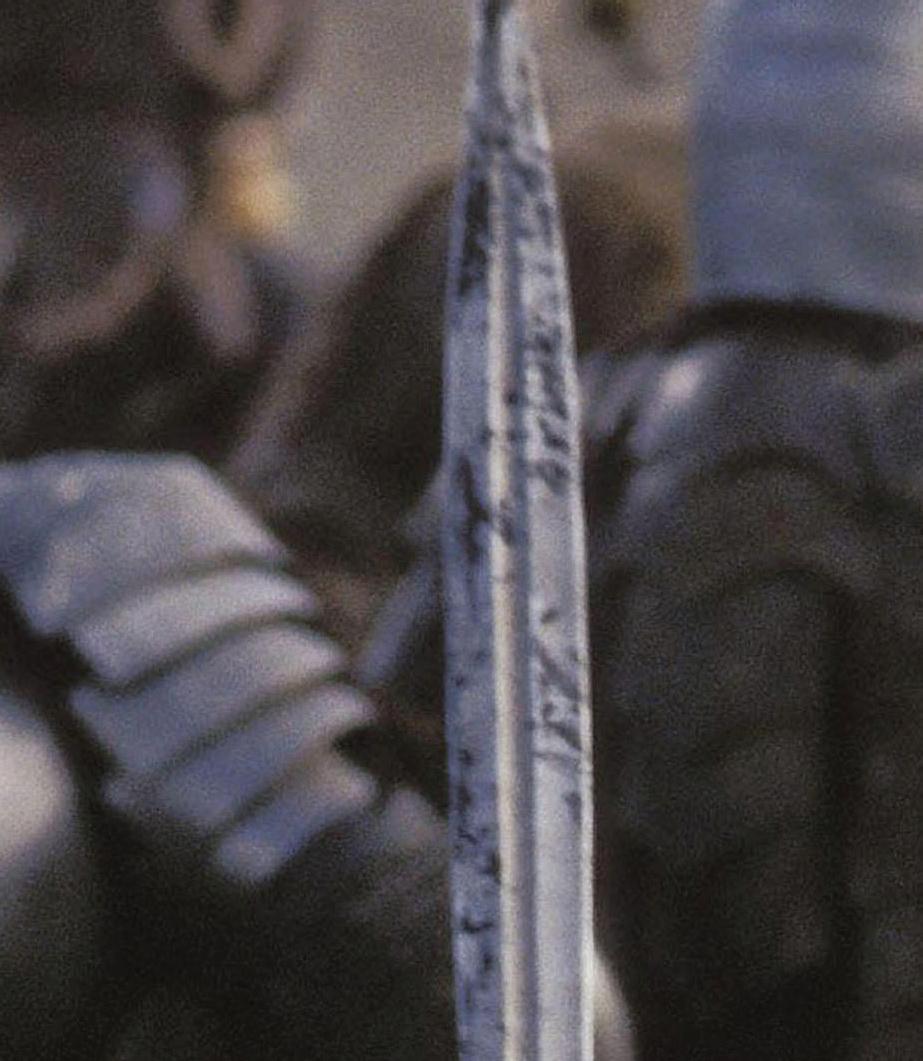
industry for the past five years are now beginning to shift. Both Zaslav and Iger have signalled a desire to return to licensing and producing content for others, while insiders note that global streamers –read Netflix, Amazon, Apple TV+ – are becoming more flexible in terms of deal-making. Not only are coproductions increasingly de rigueur, but territory-specific acquisitions are in some instances gaining traction over outright commissions.
The idea of windowing has once again come to the fore, with Iger, for example, noting at a recent Morgan Stanley conference how well Disney’s adult animations like The Simpsons, Bob’s Burgers and Family Guy perform on Hulu and Disney+ despite
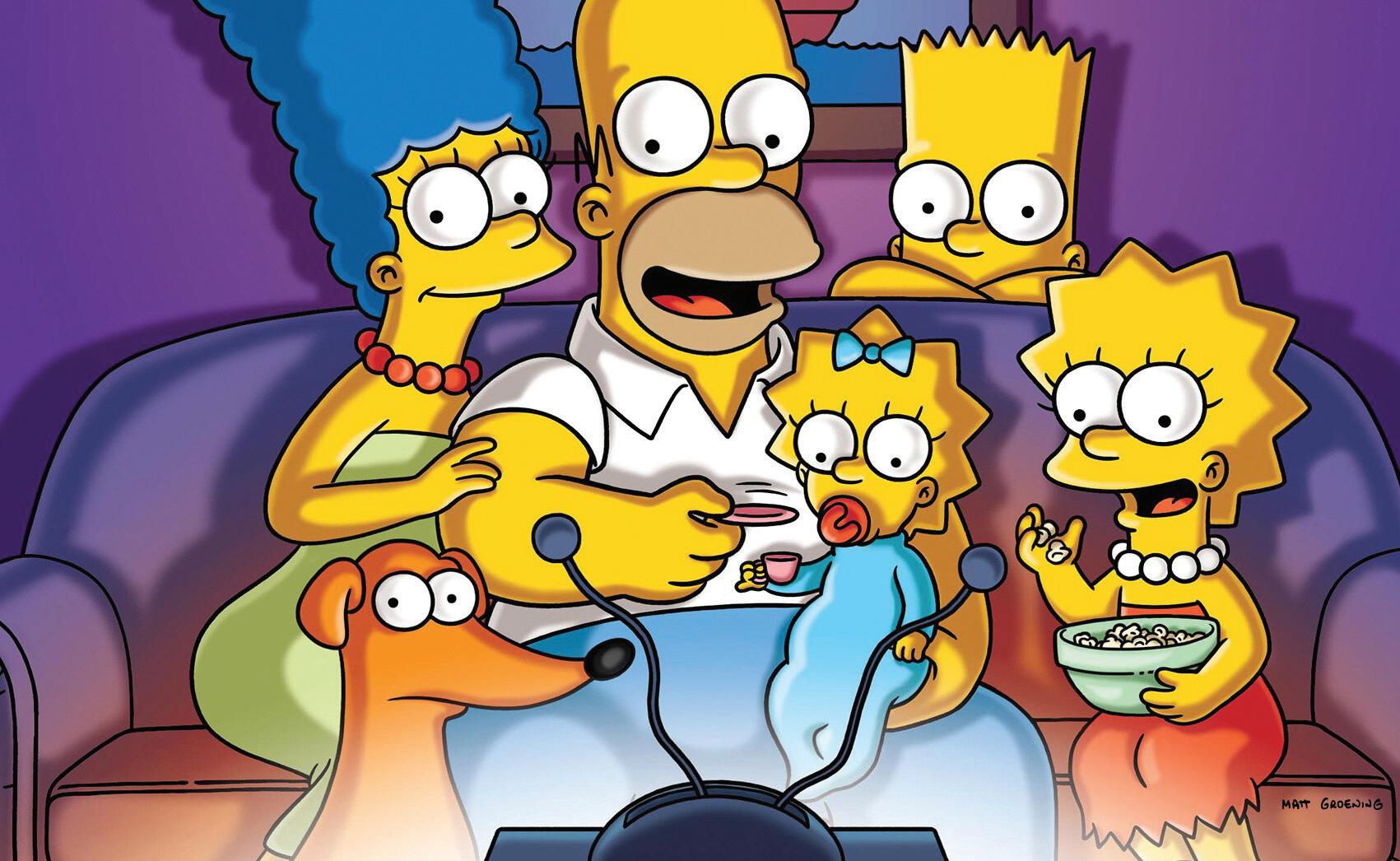
having already aired on Fox. “That’s an interesting learning for us,” he said, “that you can still put product on that does extremely well in streaming but that is driving more revenue with a balanced model of licensing to third parties.”
Meanwhile, over at WBD, chief financial officer Gunnar Wiedenfels said at a Bank of America event in September that the company has “a ton content that has been sitting idly for just purely principle reasons,” citing its Lord of the Rings movie trilogy as an example – a property locked up in HBO Max prior to the merger with Discovery but now released to Amazon under a non-exclusive licence to help build out interest in the streamer’s own Tolkien adaptation. “We look at it as what we are giving up versus what additional revenue we are generating,” said Wiedenfels.
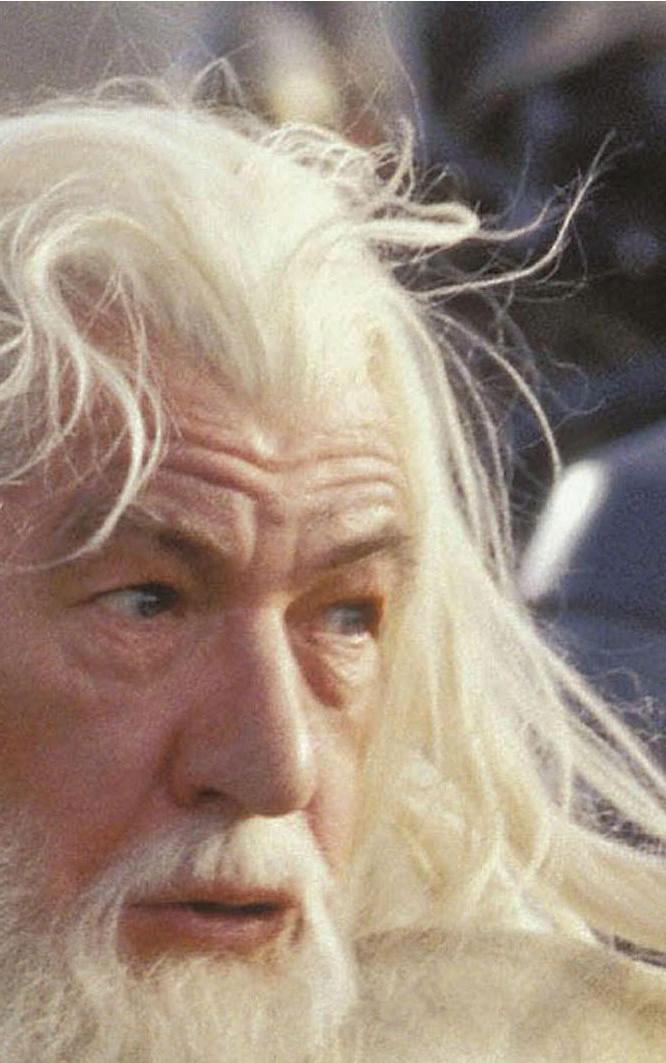
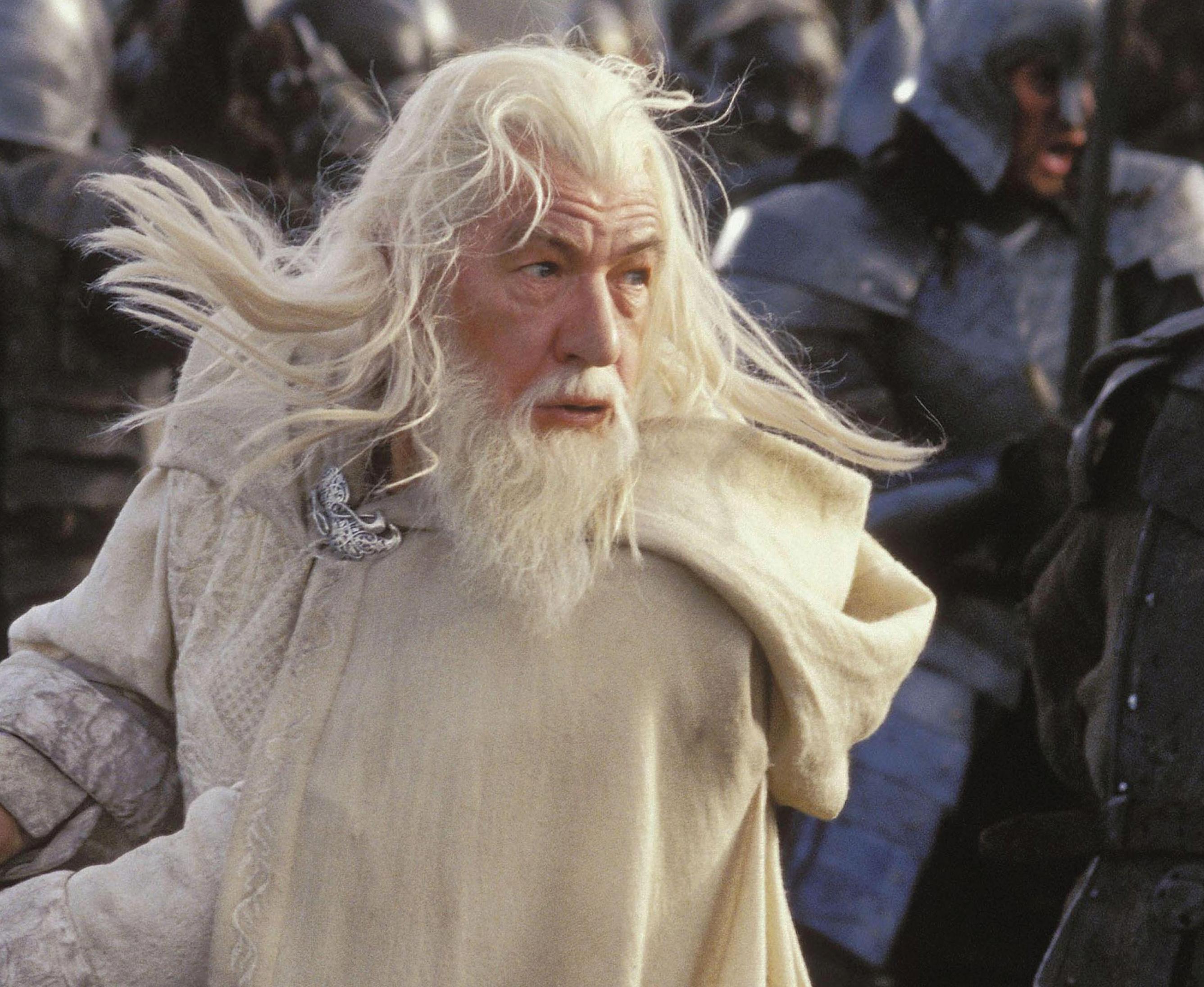
There has even been industry talk of Netflix itself moving into licensing, unlocking value in some of its originals that once took top billing but are now no longer favoured by its algorithms. Others, based on legacy deals, will at some point revert to their distributors, such as SPT’s The Crown. And reports from elsewhere suggest the length of more recent exclusivity arrangements are also becoming more weighted towards relinquishing IP to producers sooner. For more on this trend, turn to page 22.
Bob Iger, CEO, Disney
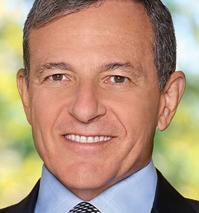
As we look to reduce the content we’re creating for our own platforms, there probably are opportunities to license to third parties. For a while, that was considered something we couldn’t possibly do because we were so favouring our own streaming platforms. But if we get to a point where we need less content for those platforms and we still have the capability of producing that content, why not use it to grow revenue? That’s what we will likely do.
David Zaslav, CEO, Warner Bros Discovery

Our whole library went on HBO Max. We weren’t selling any of it, but it was all on there. We looked and we said, ‘Most of that is not being watched, or we don’t think anyone is subscribing because of this. We could sell it non-exclusively to someone else.’
Kelly Wright, MD of distribution, Keshet International

What’s exciting about the global streamers is obviously when they license your format, they take the entire world. Sometimes they even take the format off the table, but they are relinquishing those rights as time goes by and they’re being quite fair about it. It’s exciting because it just means that more and better content is out there for everyone to share in.
Rodolphe Buet, CEO, Newen Connect
For big IP, streamers want to control and develop on a worldwide basis. But for more local projects, what they are looking for first is making sure they reach local audiences and either get new subscribers or limit churn. They want to partner with ITV, TF1 or ZDF. There is more flexibility there, and when we work on those combinations, we are keeping rights and generating value for the long term.


We’ve seen over a number of years most platforms have bought everything and kept everything for the world. That has been delightful for many producers because they’ve gotten wellfinanced and sometimes good reach, but there’s a bit of sobering up in the markets now with budgets slightly tighter. It’s more licensing into windows instead of buying the whole world, which is ultimately good news for the producer who can get out of the cost-plus model.
Solange Attwood, exec VP, Blue Ant International


Platform partners are openly talking about sharing rights again. The move towards sharing and windowing of rights is welcome news to the landscape of excellent distributors that can lean into their global relationships, maximising value in our multiplatform world. Across the board, we’re noticing a spirit of collaboration as industry players look to work together in new, innovative ways to share success.
Julian Chou-Lambert, acquisitions manager, TVF International

Global streamers are relaxing their rights position on certain programmes, but mainly on programmes they don’t care about so much. Unless you’re talking about a global commission, you’re unlikely to get a premium fee from a global streamer, and free-to-air broadcasters still aren’t necessarily ready to share rights all the time with Netflix. It’s still a bit of a jigsaw.
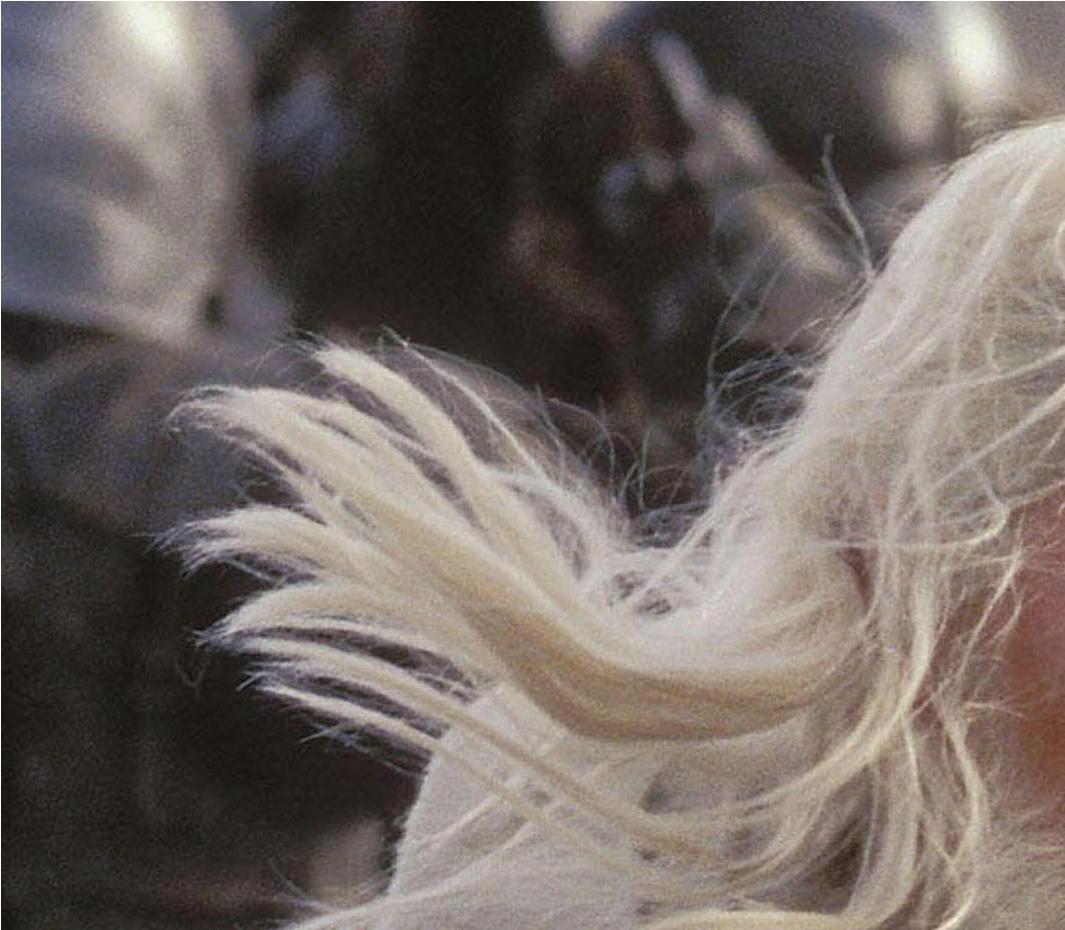
As the streamers get to know their audiences incredibly well, combined with balancing their financials, we are seeing there are certain shows where they’ll be looking for a licence just for a domestic territory, and the rest of the world will be available.
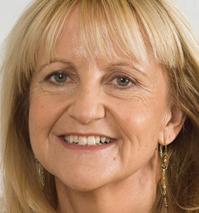
In February, two powerful earthquakes killed over 50,000 people and injured a further 100,000 in southern and central Türkiye and northern and western Syria. The earthquakes are estimated to have directly impacted 26 million people across the two countries.

Such huge numbers are difficult to fathom and do little to convey the true tragedy of the natural disaster, which the World Health Organisation called Europe’s worst in 100 years and reduced multiple cities to rubble.
Aftershocks have continued to impact the devastated countries, which are vulnerable to seismic activity due to their proximity to the intersection of three of the tectonic plates that make up the Earth’s crust.
While Istanbul sustained no damage this time, there is the feeling among the city’s inhabitants that over the next 10 years it is a matter of when, not if, a quake will hit the Turkish media hub. This would have huge consequences for the country’s TV industry, given Istanbul is where most of its companies are based and its shows are filmed.
“It’s not a rumour, it’s going to happen,” says Ekin Koyuncu, the former executive director of Kanal D International, who now serves as global distribution and partnership director at OGM Universe, the fledgling sales arm of OGM Pictures, which has been behind Turkish dramas such as Chrysalis, Golden Boy and the recently launched Miracle of Love
The country’s TV industry, world famous for its globetrotting melodramas which have captivated
Reeling from the recent devastating earthquakes, Türkiye’s TV industry has its cameras rolling again, while streamers and new international buyers are expanding the scope and reach of its popular dramas. But what impact could a new government have?
and scop impa Byaudiences across Latin America, Central and Eastern Europe (CEE) and the Middle East and North Africa (MENA), rallied to support the millions of people struggling in the aftermath of the earthquake.
Broadcasters including ATV, Kanal D, Star, Show, TV8, Fox, TRT and Kanal 7 in Türkiye joined forces to
present a special live telethon to raise funds, while with production across the country halted, prodcos sent equipment such as generators and lighting as well as clothing to help the rescue efforts.
During the Covid-19 pandemic, cameras in Türkiye kept rolling while lockdowns elsewhere around the
world shut down productions, meaning the health crisis gave the country’s TV industry an unexpected lift. Things couldn’t be more different now, with broadcasters’ ad revenues taking a dive as companies chose not to advertise for three weeks during the period of national mourning.
Meanwhile, Koyuncu suggests some viewers may have turned against certain pro-government broadcasters in the weeks following for failing to provide accurate coverage of the government’s inadequate response to the quakes. Instead, they turned to streaming services and social media platforms. Recent weeks have seen trust pick up, she says, “little by little.”
In March, cameras began rolling again and Turkish dramas have returned to the air, with Mustafa Ilbeyli, head of advertising and sales at public broadcaster TRT, saying revenues and ratings have rebounded and “everything is back on track” in terms of filming production schedules.
“We have an election coming up, so a lot of the advertisers want to use up their budgets before the ads in the election campaigns start,” says Ilbeyli, who believes viewers in Türkiye are looking for more light-hearted shows following the disaster.

Miraculously given the circumstances, the pipeline of Turkish drama coming through won’t be severely disrupted by the earthquake, although execs point to perhaps slightly fewer overall hours being produced this year compared with others.
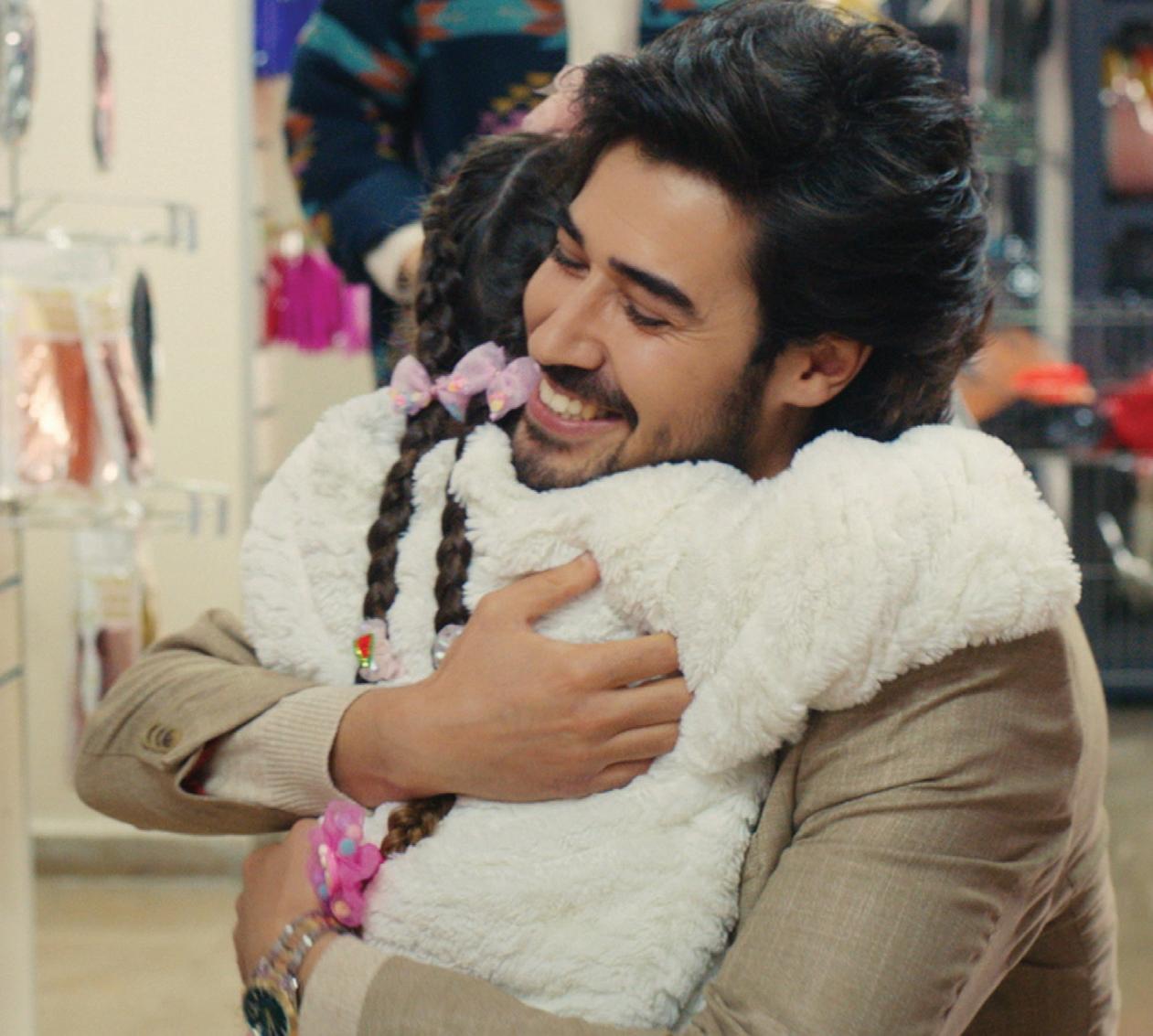
“We will be a little down on our targets in terms of episodes at the

 BBC Panorama’s doc Aftershock
The Turkey-Syria Earthquake
Sürec Film’s Endless (Fedakar)
BBC Panorama’s doc Aftershock
The Turkey-Syria Earthquake
Sürec Film’s Endless (Fedakar)
High-volume dramas from Türkiye have become a hugely attractive option for broadcasters looking for longrunning series that consistently pull in good viewing figures in both afternoon and primetime slots.
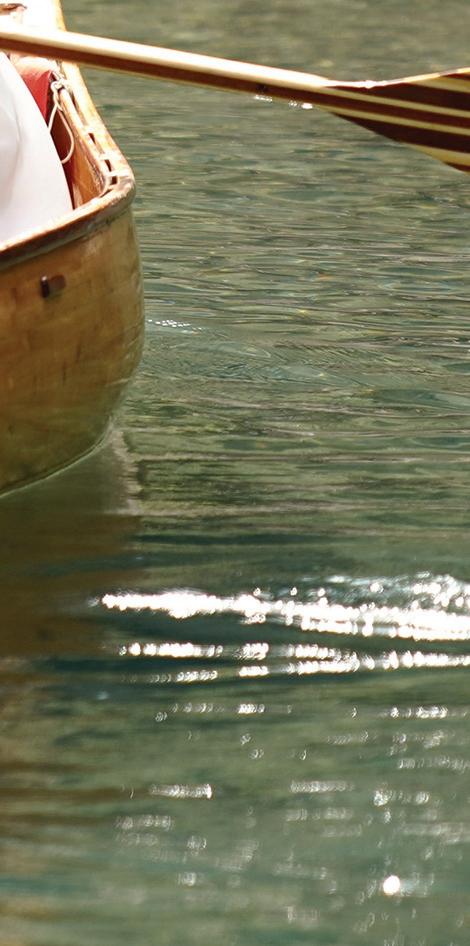
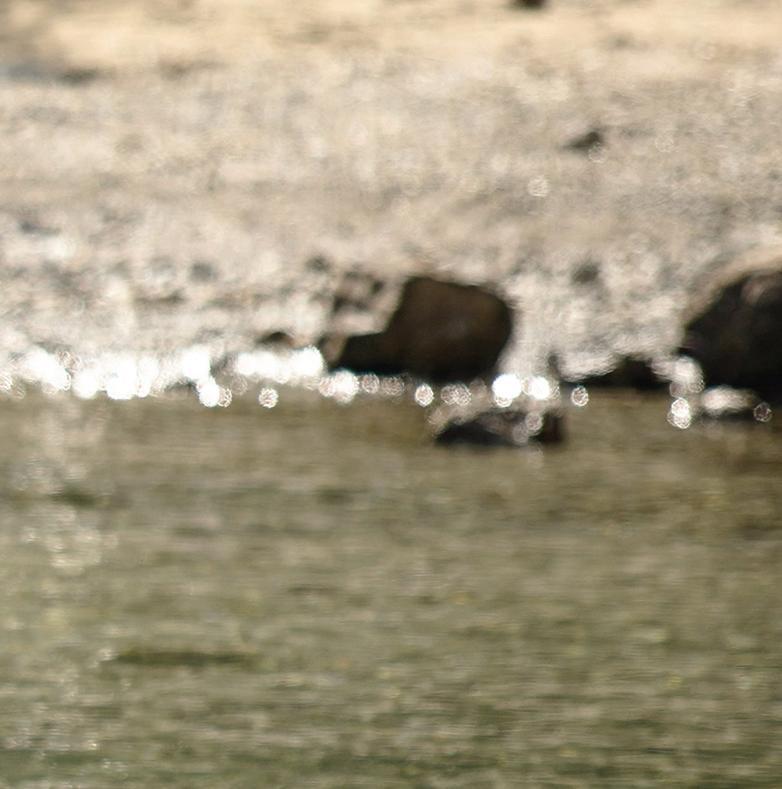
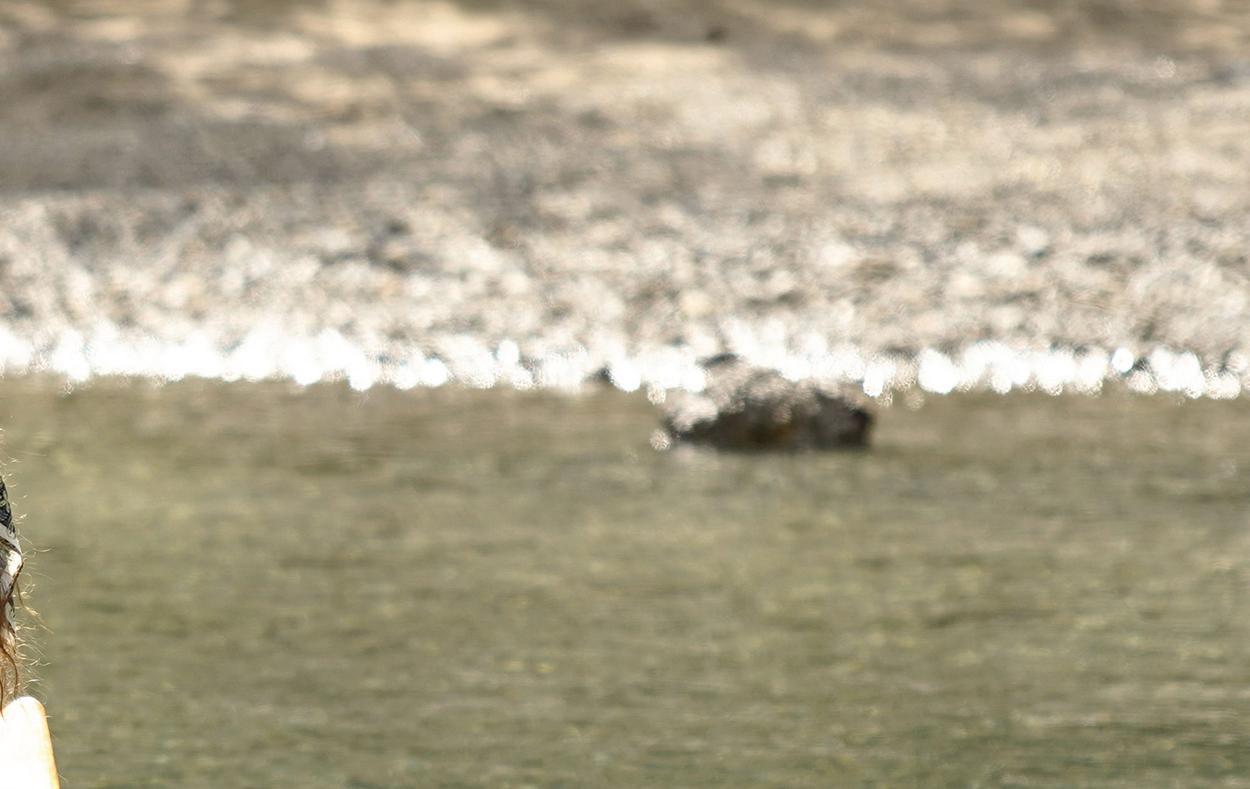
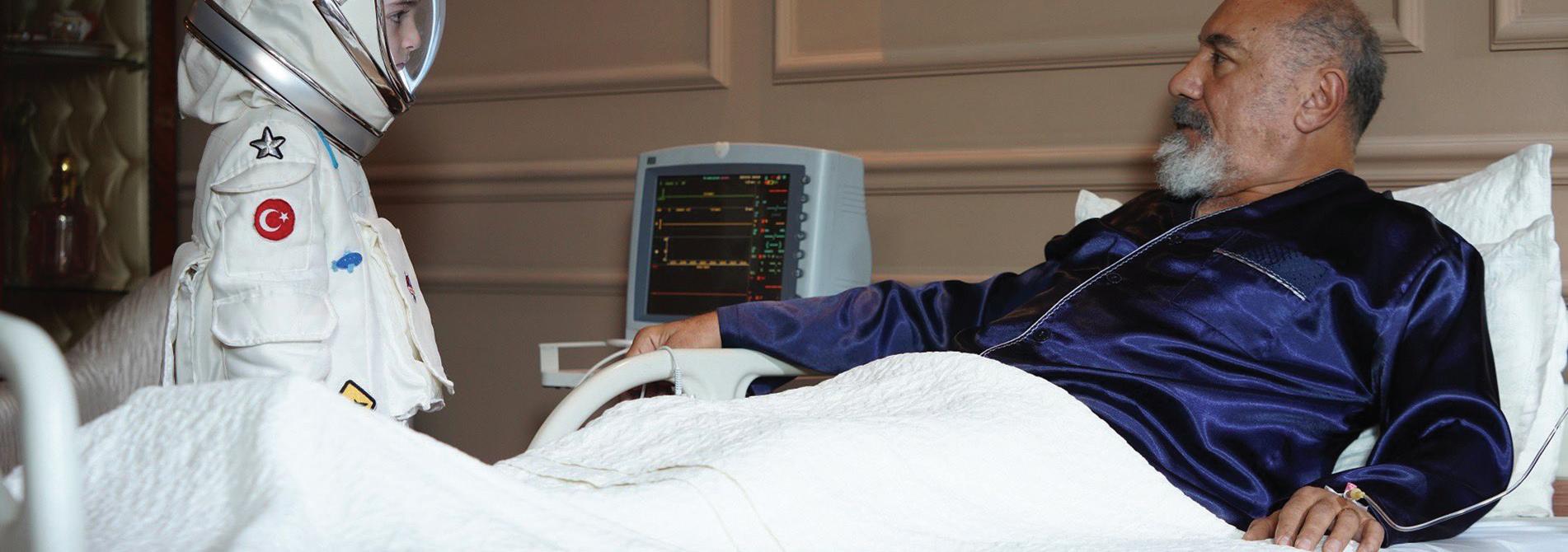
Handan Özkubat, Eccho Rights
end of the season, which I believe won’t affect the international buyers significantly in terms of finished content,” says Robert Zara, chief operating officer at distributor Calinos Entertainment, which shops series
Entertainment, which series such as Adim Farah and Twisted Lives
Zara is also keen to use formats sales to make up for any potential lost revenue, having already seen
Calinos shows such as That’s My Life remade in Romania, where it is in its fourth season, as well as Dila, The Bitter Life and Starlust in Latin America.
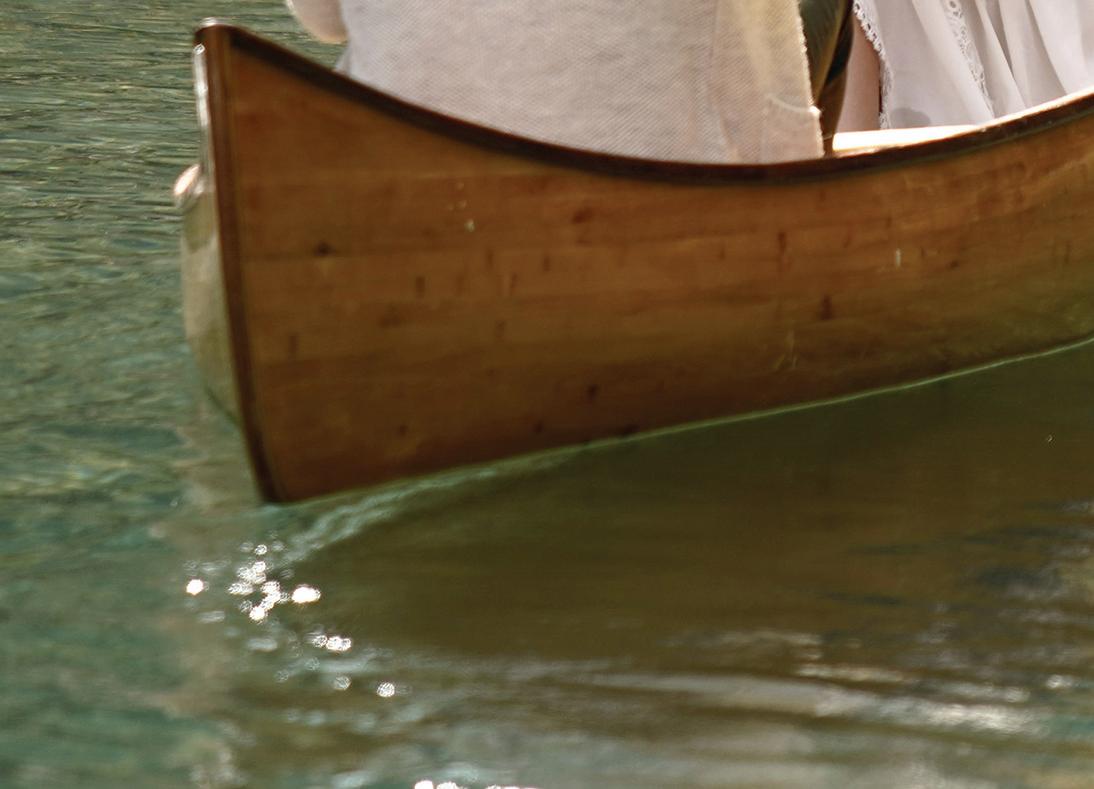


and MENA, as well as parts of Asia, have provided happy hunting grounds for Turkish distributors ever since the global success of 1001 Nights in the 2000s. One blip came from a blanket ban on Turkish content implemented by linear broadcasters throughout the Middle East amid political tensions between Saudi Arabia and Türkiye between 2018 and 2022.

A popular Star TV series titled Golden Boy, produced by OGM Pictures and distributed by Night Train Media-owned Eccho Rights, broke the deadlock in the Middle East last year, after it was acquired by Middle Eastern media group MBC. The show
continues to break down boundaries after it became the first Turkish drama to be licensed by a Finnish broadcast group (MTV Oy) and a commercial broadcaster in Sweden (TV4) in March – a development Turkish execs are united in celebrating.
Golden Boy was the most watched series of 2022 in Turkey and continues to rank as the number one drama series in the country each week, according to Eccho.
similarities, making it easier for our series to translate into those cultures,”
adds Koyuncu.

Handan puts the sales to to more 35
Golden Boy y
Eccho’s director of Turkish drama Handan Özkubat puts the sales to Finland and Sweden down to the quality of the show, which has been licensed to more than 35 territories worldwide in less than six months since its launch, including Spain (via Atresmedia), Chile (Mega) and Romania (Antena 1/Happy Channel). falls into one of the two very different categories of drama currently being produced in Türkiye, what Zara calls the telenovela style, which would also apply to every show mentioned so far in this piece. They are conservative, produced in high (very high) volumes, aimed at women and older audiences and have plotlines that focus on the key themes of family, love and revenge.
The second category is what Zara calls “western style” (though don’t expect any gunslinging action set on the American frontier). Instead, these are series commissioned by streaming platforms such as Netflix, Disney+ or Amazon that mirror those they commission elsewhere around the world: big budgets, shorter runs, younger-skewing and with the potential to focus on genres such as sci-fi
Sales of ready-mades remain

Sales of remain the Istanbul-based company’s main source of income, but Zara says format sales are growing and currently account for 20% of sales revenues, having been half that 12 months ago Traditionally, Lat Am, CEE
The show, which OGM’s Koyuncu describes as a “very traditional melodrama,” tells the story of two sisters, who both fall in love with the same man, and stars Afra Saraoğlu, Mert Ramazan Demir and Çetin
“It’s great news, if it works. Nordics have great productions – mostly crime and darker series. In terms of culture, it’s very different from us, unlike Latin America, the Balkans and the Middle East, where there are many
industry, says Zara, who is backed up by OGM’s Koyuncu, whose fi became the first in
titles such as Another Self and f Deep (Yakamoz S-245) for Netflix.

“All this content reflects the power and potential of our production industry,” says Zara, who is backed rm rst in Türkiye to produce for the international streamers with Into the is about a very niche


“Another Self f subject that

“
maybe can’t translate into regular broadcasting on linear. But on nonlinear it’s reaching a younger audience worldwide. For OTT, we can be bolder and try new genres,” Koyuncu says, pointing to Into the Deep, an apocalyptic sci-fi drama – a genre previously unexplored in Türkiye.
But Koyuncu is quick to point out that local broadcasters are also willing to deviate from the tried and tested, as in the case of OGM-produced psychological drama The Red Room, which she says had an “innovative, difficult, non-linear style,” for TV8.
Özkubat believes the two types of show are sitting alongside one another happily enough, with the investment of the streamers helping to develop new talent and grow an ecosystem in a way that is beneficial for local broadcasters. Moreover, it’s the traditional series made by the local broadcasters that continue to sell well abroad, while the streamers grow the reputation of Turkish drama internationally.
To that end, Eccho Rights recently picked up 240 episodes of Endless (Fedakar), a Sürec Film-produced series it licensed to Achla TV in Israel and Happy Channel in Romania ahead of its premiere on Türkiye’s Kanal 7 in March.
“High-volume dramas from Türkiye have become a hugely attractive option for broadcasters looking for long-running series that consistently pull in good viewing figures in both afternoon and primetime slots,” says Özkubat.
Meanwhile, Turkish digital content curation firm Merzigo is set to announce a four-year agreement with Forbidden Fruit producer Medyapim at MipTV in Cannes that will see Merzigo distribute more Turkish content around the world.
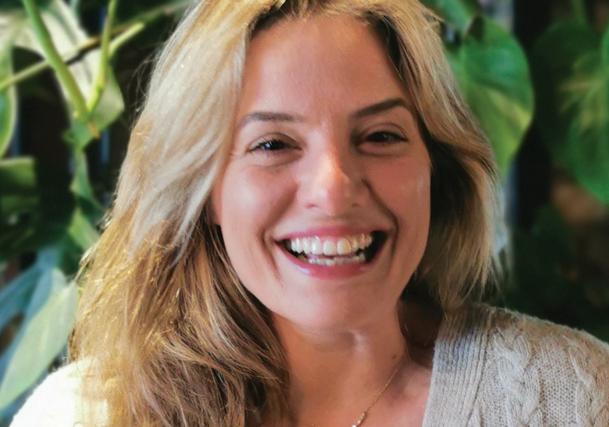
Another company looking to do just that at the April market is Blind Duets distributor Global Agency,
whose founder and CEO, Izzet Pinto, believes Turkish drama continues to evolve, both on local broadcasters and the streamers.
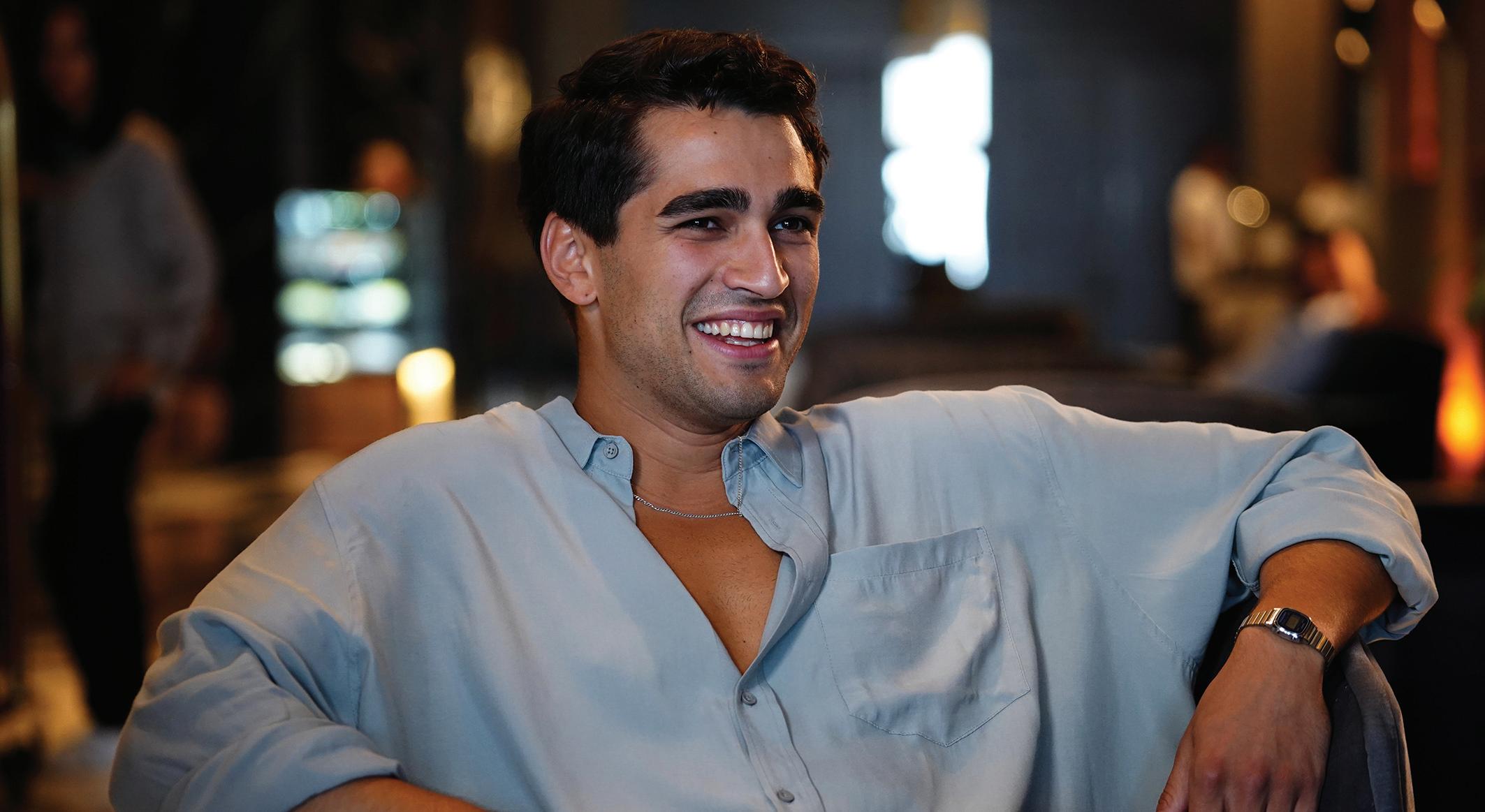
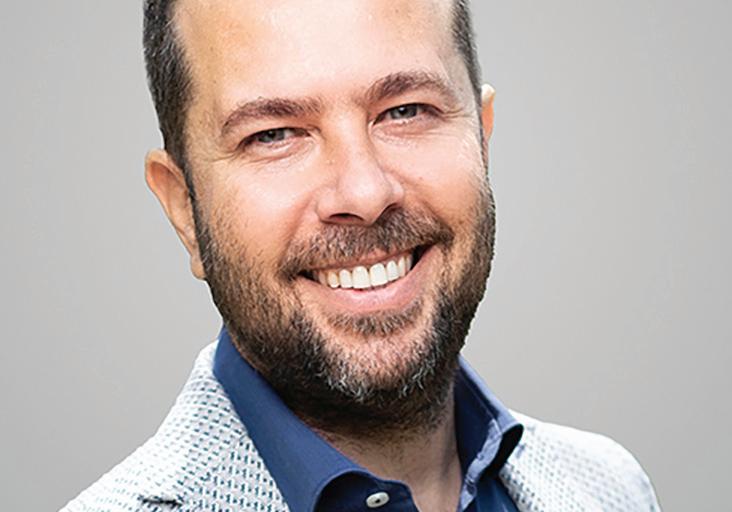
The TV formats veteran points to Global Agency’s recent drama One Love, which asks what would happen if the son of a conservative family and the daughter of a modern mother fell in love, displaying the conflicts between the conservative and the secular in Türkiye.

“The drama shows the conflicts of two different families, cultural differences and adaptation efforts. It deals openly and courageously with a subject that was never explored before in Türkiye. Its success is increasing every week and I believe that it will get a fantastic response worldwide,” says Pinto, who began Global Agency by focusing on selling formats.
One remake of an iconic Turkish show in the pipeline, according to Pinto, is 1001 Nights in Mexico. Pinto says the fact Türkiye has become a tourist destination for people from
Latin America only goes to highlight the soft power of Turkish drama. This power shows no sign of diminishing, even as some observers claim the country has slid towards the brink of dictatorship over the course of president Recep Tayyip Erdoğan’s 20 years in charge.
One development that has put some Turkish companies at odds with the international TV business has been their continued dealings with Russian companies following Russia’s fullscale invasion of Ukraine a year ago. Perhaps this is not surprising, given the Turkish government is yet to impose sanctions on Russia for the conflict.
“Wherever we can go, we want to go with our product, on an economic basis, but also to strengthen ties with any country around the world. We are serving people and people need to be entertained; it’s not about politics or government relations,” says TRT’s Ilbeyli.
With parliamentary and presidential
elections coming up in May, things could be about to change in Türkiye, with opposition parties uniting to try to oust the long-serving leader, whose media regulator fined broadcasters for coverage that was critical of the government’s earthquake response. Many in the Turkish media industry are optimistic a change in government will come, although contributors to this piece were divided when it came to predicting how it might affect their work.
For some, a new government could allow producers greater scope to deal with different topics. “The Turkish TV authority keeps a strict eye on the dramas. If they don’t like the topic or a specific scene, they will fine the channels, so there is censorship. Production companies and channels find a way to make shows a bit more conservative and family-orientated. I hope in the future they will be more flexible. The more flexible they are, the better the script is,” says one Turkish distributor.
Another believes that should Erdoğan go, the executive teams at broadcasters such as TRT, Kanal D and ATV will likely change.
What all of Türkiye’s TV industry can agree on, however, is that no government, old or new, would want to risk killing the golden goose that is the Turkish drama industry – a key economic driver as the country looks to rebuild from the devastating events of February 2023.
Above: Golden Boy. Right: OGM was the first prodco in the country to produce for international streamers with titles such as Another Self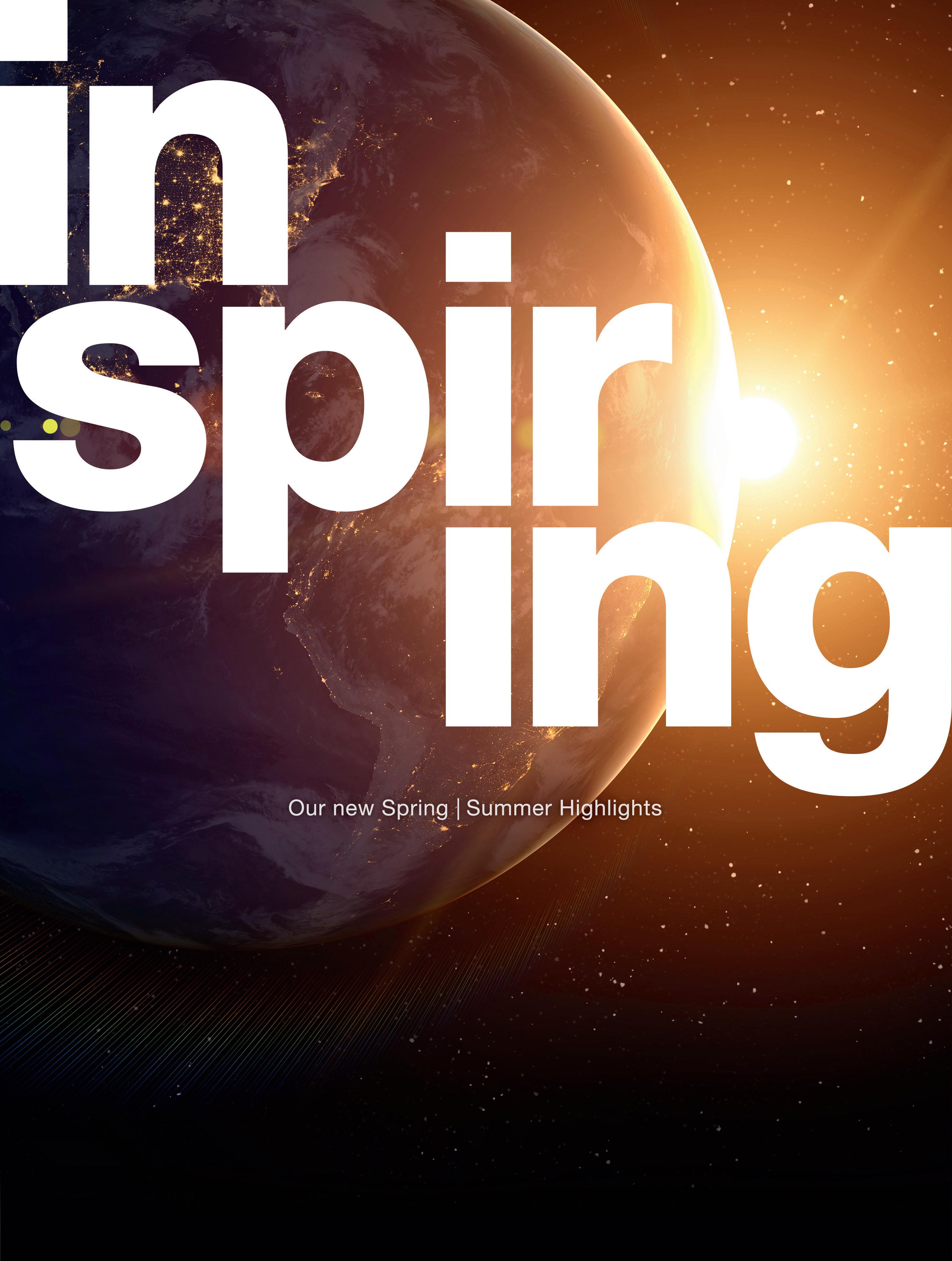
Argo own next
While most of us have been doing our best to forget the years of the pandemic –deleting the Houseparty app, burning those sweatpants and never again saying the word ‘unprecedented’ – there are some who have used it as a learning experience for what might be coming next.
James Burstall, CEO of UK- and US-based production group Argonon, is one of those people. His book, The Flexible Method: Prepare To Prosper In The Next Global Crisis, was published at the end of March, targeting anyone looking to future-proof their organisation against a similarly cataclysmic event.

What qualifies Burstall for this ambitious endeavour? Well, the former journalist shepherded Argonon Group – the business he founded in 2011 and consists of nine companies – through the worst of the pandemic while not only protecting its

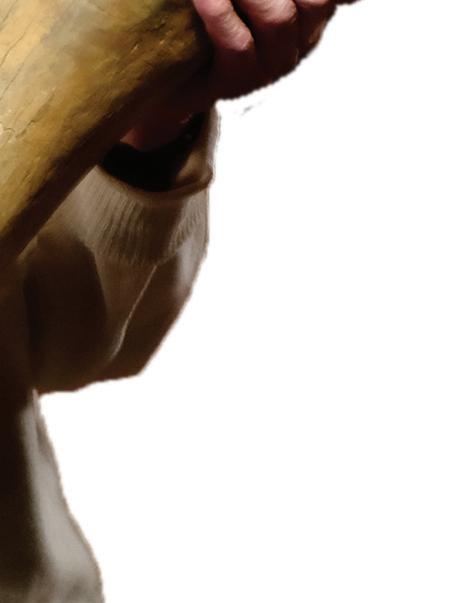
worst of the while not its revenues but retaining its values by taking crucial steps to put its people first.
Moreover, the Covid-19 pandemic wasn’t Burstall’s first rodeo. The credit crunch and the 9/11 terror attacks also sent shockwaves through the TV industry and provided him with lessons that he says were beneficial during the dark days of March 2020 when it looked like his business could collapse overnight.
“The book is very authentic and contains some very painful experiences. I dare to dig deep, which is critical, because in times of crisis, boosterism is completely undermining and doesn’t help anyone, frankly,” says Burstall.
Headquartered in London, LA, New York, Oklahoma, Glasgow and Liverpool, Argonon is an independent production group led by a board of creatives and entrepreneurs including Burstall alongside chief operating officer Laura
By Nico FranksArgonon Group CEO James Burstall’s new book aims to give business owners the tools they need to not only survive but thrive during the next global crisis, turning disasters into opportunities.
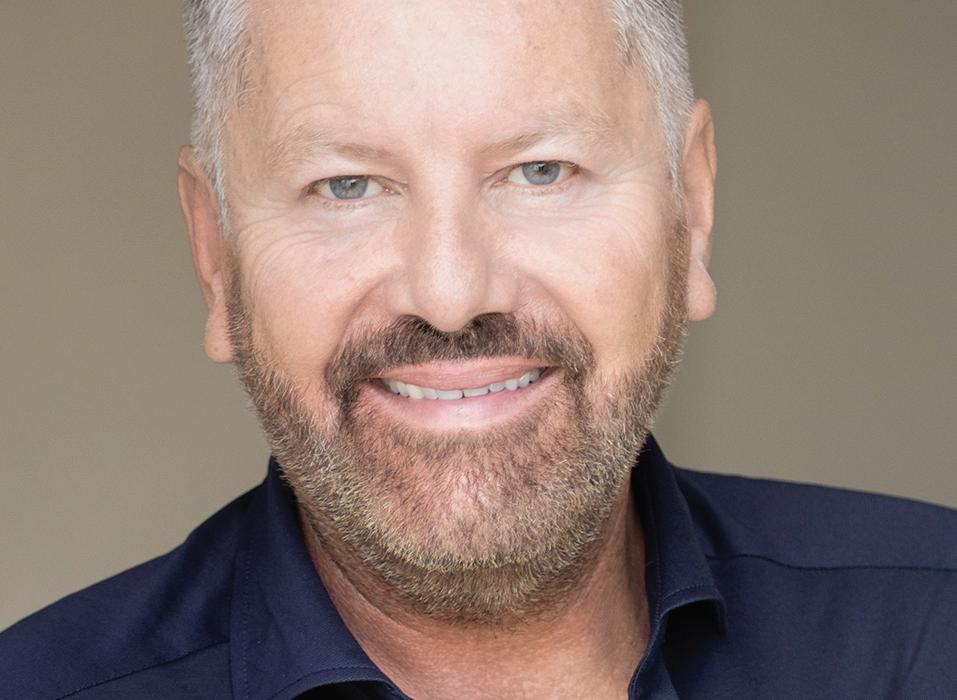
the world. The companies produce content across all genres and of all lengths, specialising in factual, factual entertainment, entertainment, drama, arts, comedy and children’s programming.
Companies within Argonon are responsible for producing hundreds of hours of content, including The Masked Singer UK (Bandicoot Scotland for ITV1), Attenborough & the Mammoth Graveyard (Windfall Films for BBC One), Hard Cell (Leopard Pictures for Netflix), Cash in the Attic (Leopard USA for Discovery+), La’Ron in a Million (Leopard USA for Snap) as well as the Forbidden History podcast (Like a Shot Entertainment).
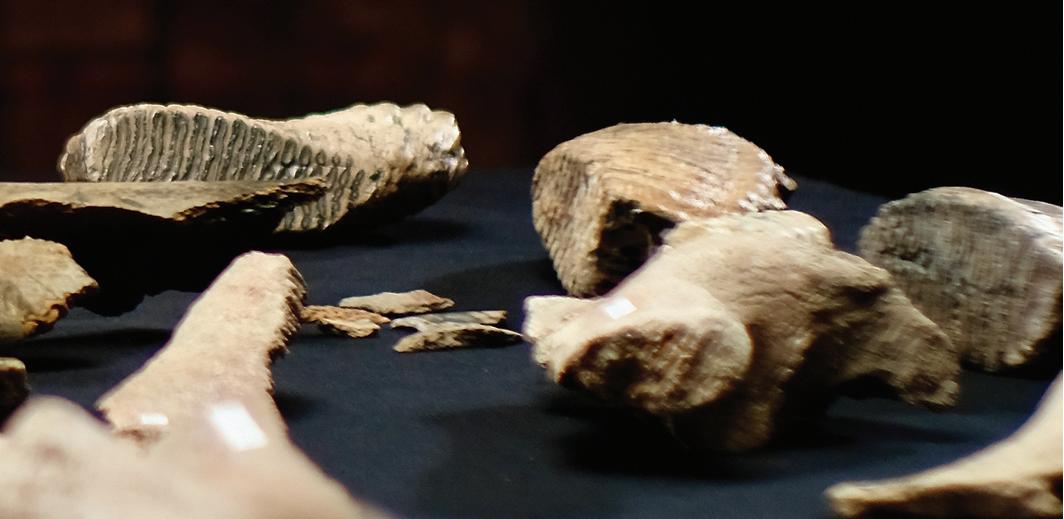
Two weeks before the UK began its official lockdown on March 23, 2020, Burstall made the call for the 1,500 members of its team to work from home, closing its offices in the US and UK in order to protect its employees.
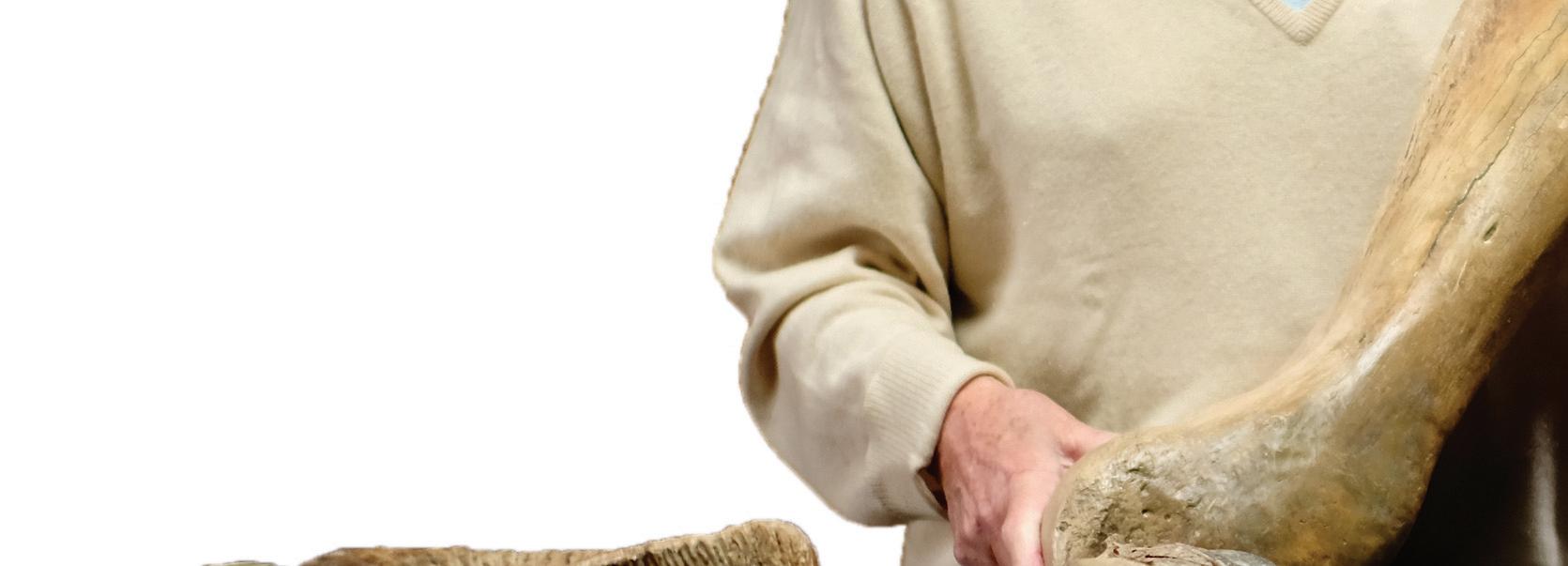
A key message of the book is that you must listen to your trusted allies, even if they’re telling you stuff that you don’t want to hear. As a leader, it’s very easy to think you’re right or you have all the solutions.
“A key message of the book is that you must
“A message of the book is that you must listen to your trusted allies, even if they’re telling you stuff that you don’t want to hear. As a leader, it’s very easy to think you’re right or you have all the so s lutions,” says Burstall. “But in a crisis you don’t and you often actually get it wrong. So S if you’re smart you s surround yourself with very clever people, from very diverse
backgrounds, who see the world from very different angles. And you make sure that you listen to them.”
Nick
An example of this was when BriteSpark Films creative director and co-founder Nick Godwin told Burstall in the early days of the pandemic he should consider setting up something akin to
the government’s Civil Contingencies Committee, otherwise known as COBRA, which handles matters of national emergency or major disruption.
the top of the organisation with different backgrounds across operations, and production.
Bessell and

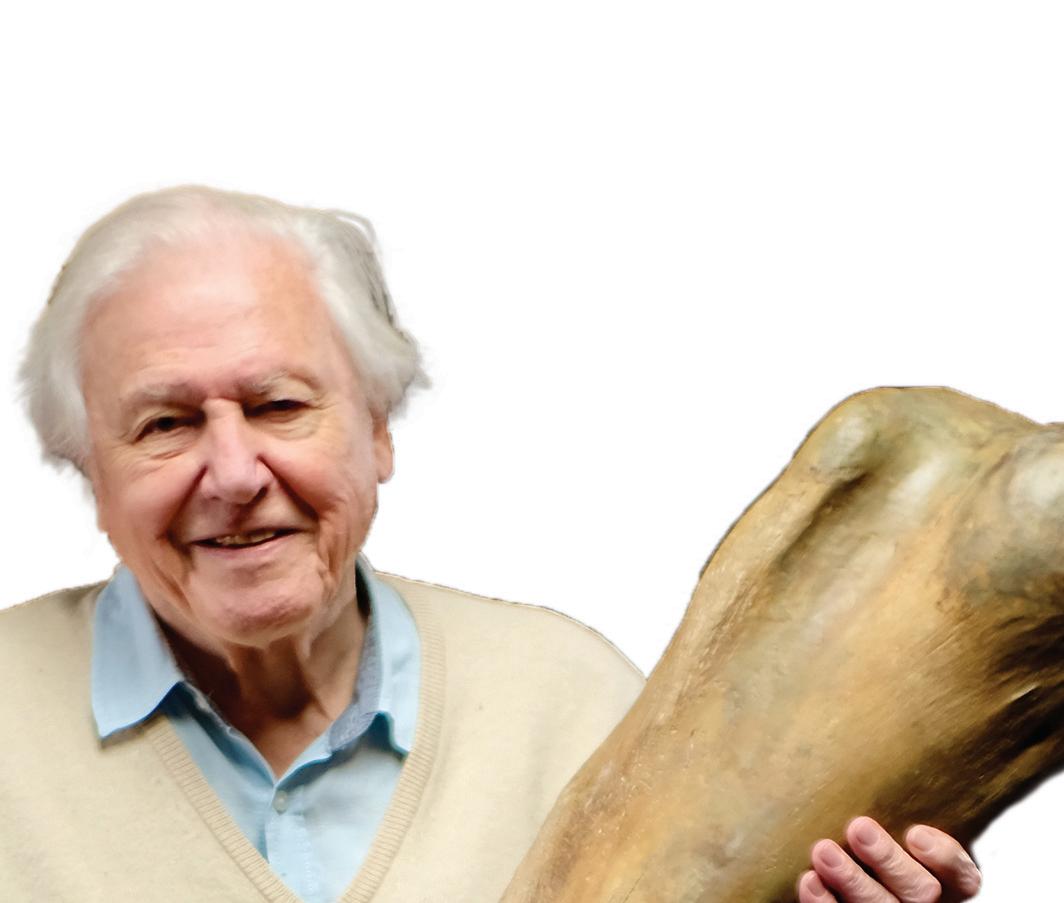
David Dugan, chairman of Argonon-owned Windfall Films


The group consists of nine companies producing multi-awardwinning content for a wide range of major broadcasters, platforms and brands in the UK, US and across

Having initially been concerned it could set off alarm bells and panic employees, Burstall picked five key people from finance, people turned off their cameras and took stock. One
With productions across the country shut down, the company, and countless others around the world, turned off their cameras and took stock. One of the ideas the team Burstall put together came up with was pivoting to current affairs – a genre of TV that companies within the Argonon Group did not produce but the only one that was allowed to be made in the spring of 2020.
BrightSpark set about making programmes
“
James Burstall, Argonon Group

for Channel 4 such as What’s It Like to Catch Coronavirus? and Coronavirus: How Britain is Changing, investigations that in those early – and, yes, unprecedented – days of the pandemic helped educate people at home who were genuinely worried for their lives.
A key takeaway to be had from Burstall’s book is that putting people first is vital to weathering a storm. The TV veteran says he has been active in fostering a connection between Argonon Group’s management and its employees throughout the company’s hierarchy, especially during the pandemic.
“I do know there are other organisations in our sector where there’s very little access and communication from top leadership. We had someone join from a major competitor who said she’s had more access to me and the senior leaders at Argonon than she’d ever had in seven years at the other place,” Burstall says.
The broadly positive reviews for Argonon on the Glassdoor website – often an eye-opener for anyone looking to gain an insight into how a company treats its employees – back up Burstall’s claims that the company is a conscientious employer.
The book also details how Burstall and his team went about finding global crews who could work in the various parts of the world that weren’t in lockdown, from South Korea to Sweden to New Zealand, to produce unscripted shows such as
House Hunters International, providing a vital revenue stream during an existential crisis.
Discovery-owned HGTV ordered a 13-episode series, proving that remote filming using different technologies and training crews in different parts of the world is a viable way to make primetime TV in a way that is much more environmentally friendly, cementing a sustainable production method that Argonon has rolled out across the group since 2020.
Soon after, the team developed what Burstall calls a “gold standard” of Covid health and safety protocols to allow filming to begin on Leopard Pictures’ Worzel Gummidge special for the BBC, which had told Argonon in March that it couldn’t see filming returning at all in 2020. After weeks of “cajoling and reassuring,” the BBC agreed to help Argonon fund the extra cost, making Leopard one of the first UK production companies to resume filming scripted drama in summer 2020.
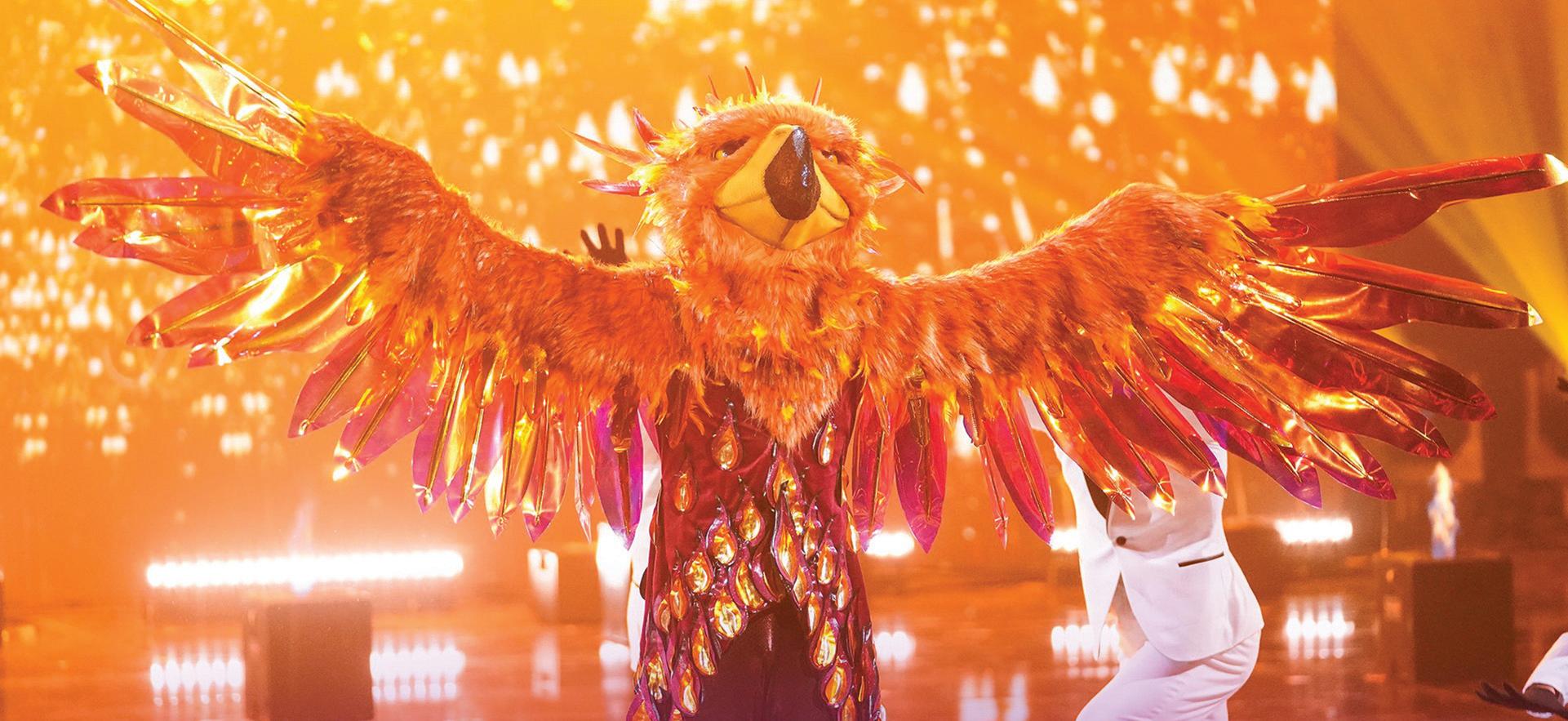
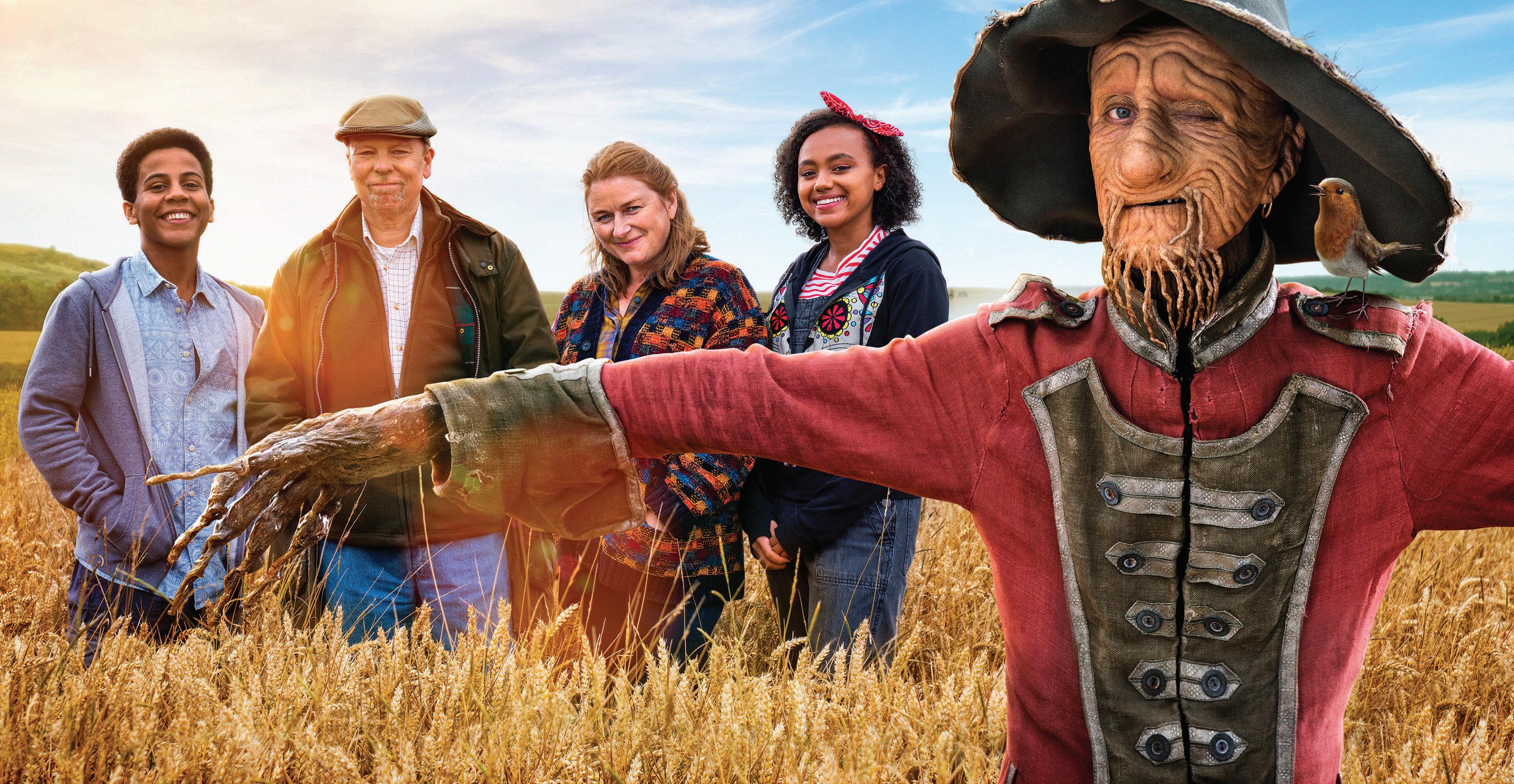
“We’ve all been in the weeds and we’ve all got our war wounds. But if you can take yourself out of three years of pain and look back, there have been significant changes to the way we think, the way we work and the way we function as organisations and societies. Covid was a bitter pill, but in many ways it has changed us for the better and we’ve come out fitter and stronger,” argues Burstall.
Hopefully it will be a few more decades before we need to start dousing ourselves in hand sanitiser every five minutes again. But as the title of Burstall’s book makes clear, the next crisis is in the post. As Burstall writes in his introduction: “We live in an uncertain world where health emergencies, war, cost of living crisis, political and social unrest, disruptive technology and climate change are now a fact of life.”
The Flexible Method features interviews with people working in the worlds of health, fitness, hospitality, travel, events and non-profit organisations, all of whom have learnt lessons in the real world from their experiences of different crises. From pig farmers in Carolina having to deal with hurricanes to an Airbnb executive faced with wildfires in California, they demonstrate how disasters can be turned into opportunities.
Top: Leopard Pictures’ Worzel Gummidge special for the BBC. Above: ITV1’s The Masked Singer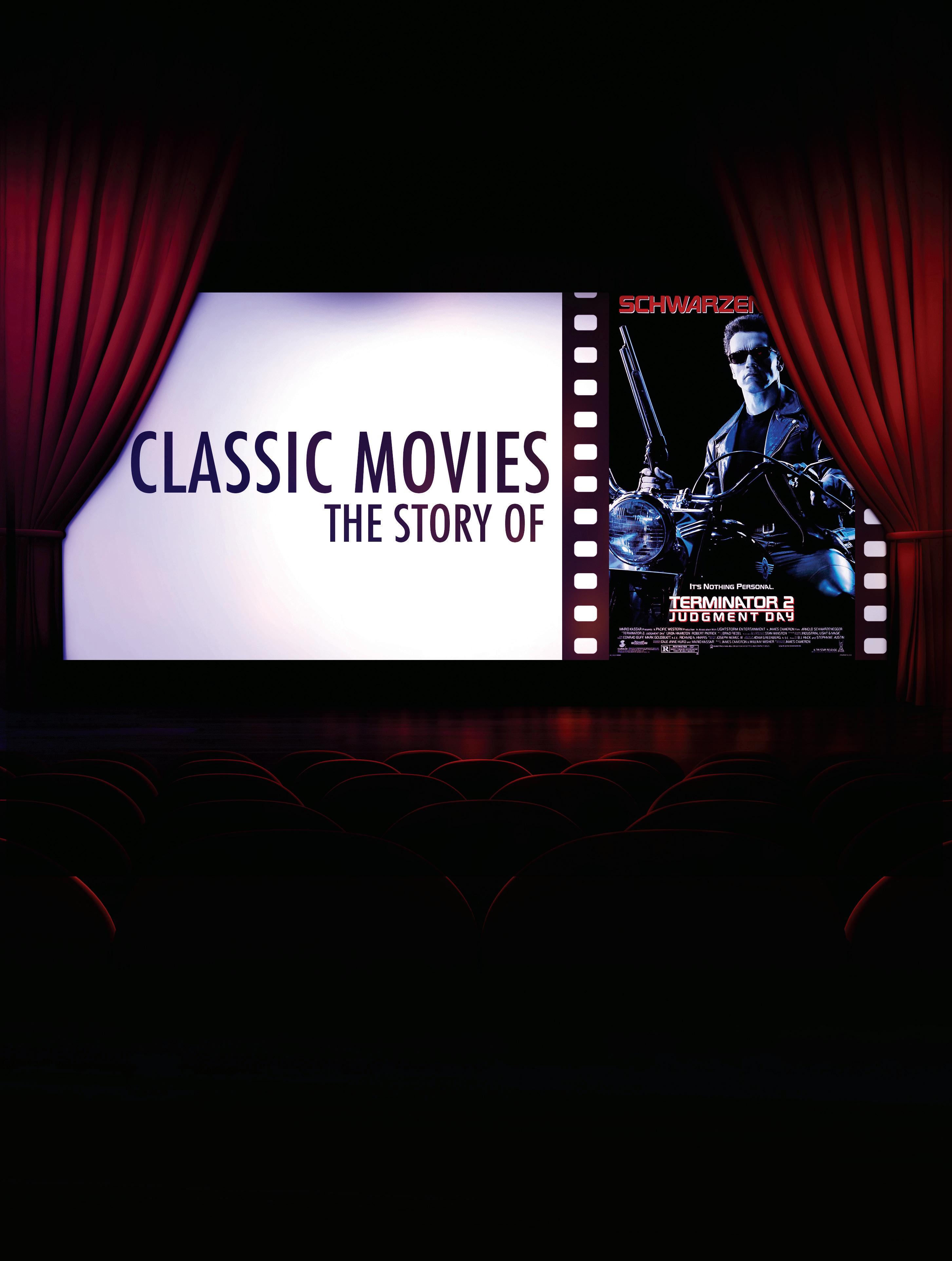


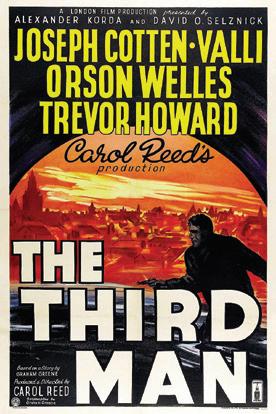
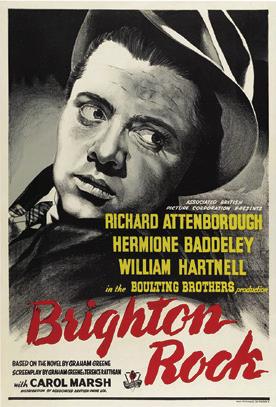
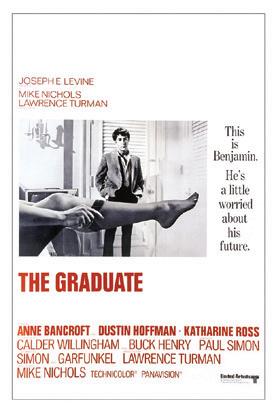
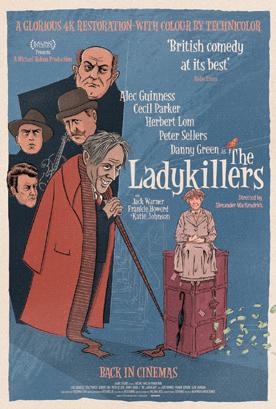
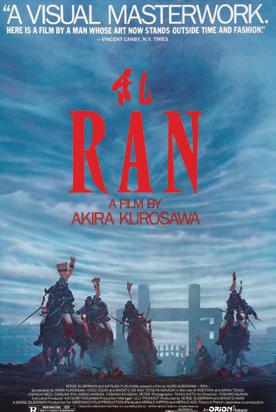
A thread of optimism runs through the book and Burstall is keen to emphasise how, although painful, shock events can actually be good for us, turning “venom” into “rocket fuel.”
Underpinning this is the ‘flexible method’ Burstall expands on in the book, the key pillars of which are: consulting with your top people; making tough decisions; keeping all your people in place where possible; thinking laterally; supercharging your creativity; holding on to your values; and communicating and leading in a calm, purposeful way.
“Crises are inevitable. What is not inevitable is that you crash and burn. I’ve deliberately written the book in 16 very clear steps, which take you from preparing at the beginning for the crisis, all the way through the heart of the storm and coming out the other side,” he says.

“In the end, you must rest. You must also reward your people for helping you through the worst. And also review, because you won’t have done everything right. Nobody’s perfect. You’ll have made learnings and you must help build those into how you prepare for the next crisis,” says Burstall.
We may well already be in another, with real concerns over a global recession, while the TV industry continues to feel the impact of consolidation, as evident on pages throughout this magazine. Meanwhile, the climate emergency looms large and is perhaps the crisis our industry needs to be most mindful of.
Burstall feels that while there are exceptions, such as the BBC and Sky, few organisations are putting their money where their mouths are when it comes to fighting climate change, leaving the industry overall “pretty far behind.”
Argonon has set up its own internal climate action group, which sits alongside its diversity and inclusion committee made up of 30 volunteers from across the group in the UK and the US, the latter established in the wake of the murder of George Floyd in May 2020.
“We’ve invited people to come up with ideas. And it can’t just be talking, we have to have concrete outcomes and it’s the same with diversity and inclusion,” says Burstall, who with Climate Partner,
a solution provider for corporate climate action, is in the process of going through Argonon’s business to find areas where it can change. The changes that have already happened include swapping Argonon’s pensions provider in the UK to one that is more sustainable, while Burstall expects it will need to change offices in New York to premises where it can switch its energy provider to one that uses sustainable power.
“It’s not a choice. It’s imperative that we have to do this, so we’re boldly going on that journey,” says Burstall of the audit of the company to help improve its sustainability efforts.
Could Burstall see Argonon one day become B-Corp certified – something that would make it a leader in the global movement for an inclusive, equitable and regenerative economy? “B-Corp is extremely difficult and a real gold standard. It’s an aspiration to get there,” he says.
The majority of Argonon’s prodcos produce for wellknown TV clients such as the BBC, ITV, Channel 4, Channel 5, Sky, Discovery, Nat Geo, HGTV, A&E and UKTV, while its content agency Nemorin’s clients include American Express and McDonald’s.
Burstall sees branded content as a huge area for growth as major brands look to partner with storytellers, particularly in the US, potentially providing a source of funding to top up those of broadcasters and streamers.
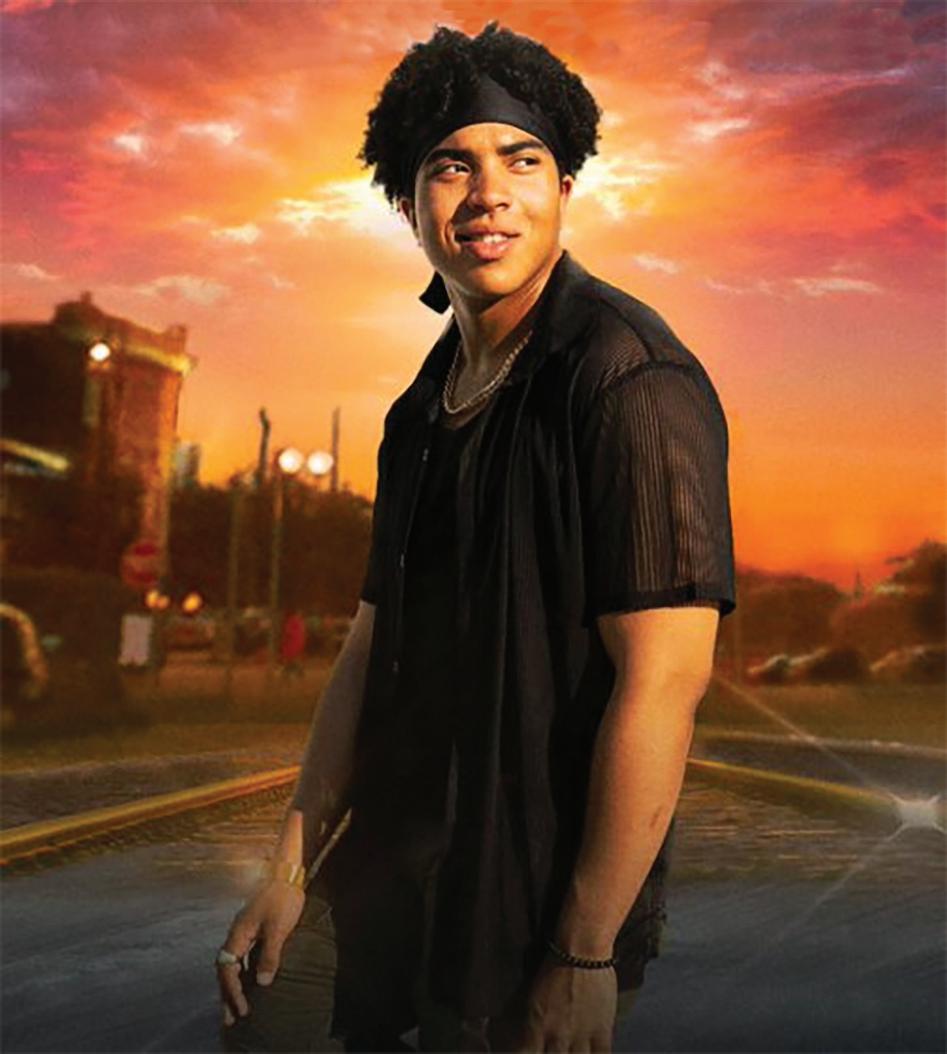
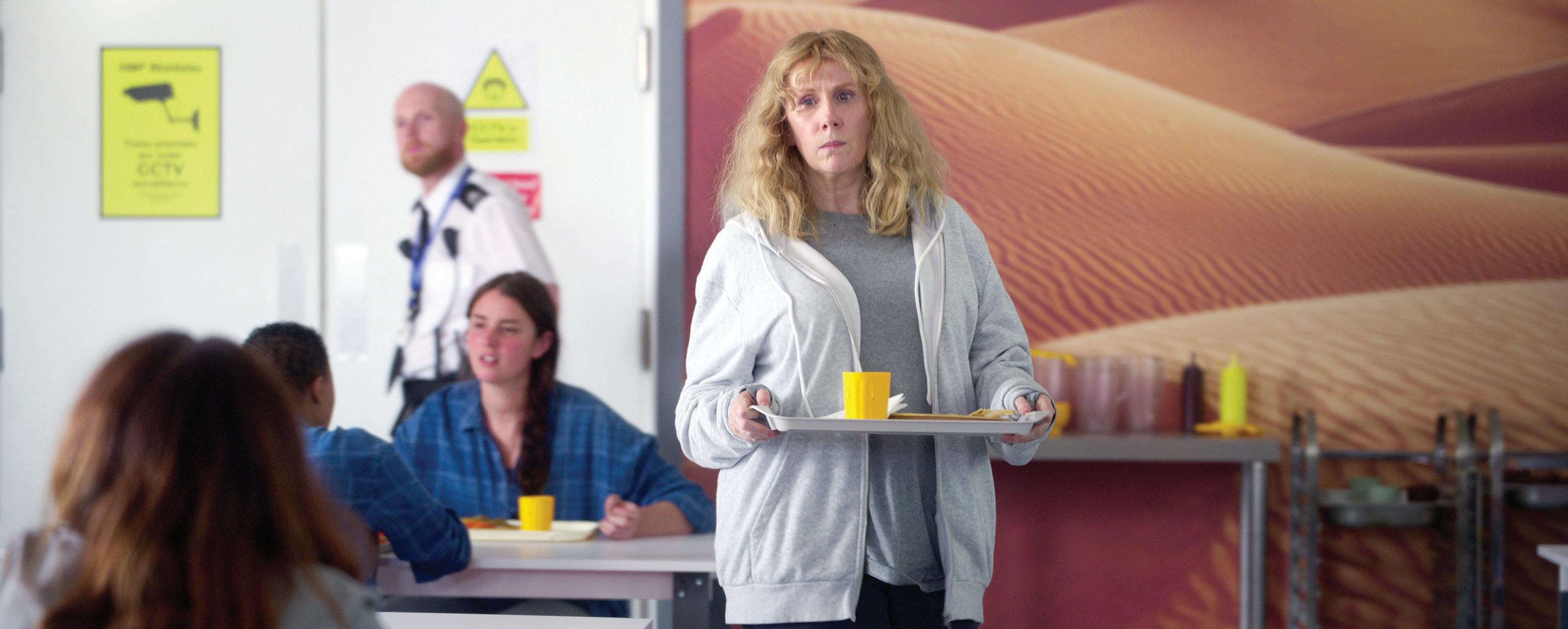
“Brands want to tell fantastic stories produced by high-end television producers. It’s an opportunity to collaborate. I’ve been banging this drum for 10 years because I’m completely agnostic about who funds a programme as long as we make something of quality and substance. I’m happy to work for the BBC or TikTok so long as the integrity of the programme remains and it engages a big audience,” says Burstall.
“Increasingly, brands are choosing to be on the front foot as the audience wants to know that they have values and stand for something. The notion that brands are nasty capitalist machines is very antiquated. Often brands have real integrity and credibility. It behoves all of us to always do our homework and make sure we know what we’re getting
into bed with.”
“
Covid was a bitter pill, but in many ways it has changed us for the better and we’ve come out fitter and stronger.
James Burstall Argonon GroupTop: Hard Cell for Netflix. Above: Leopard USA’s La’Ron in a Million for Snap
CRIMES


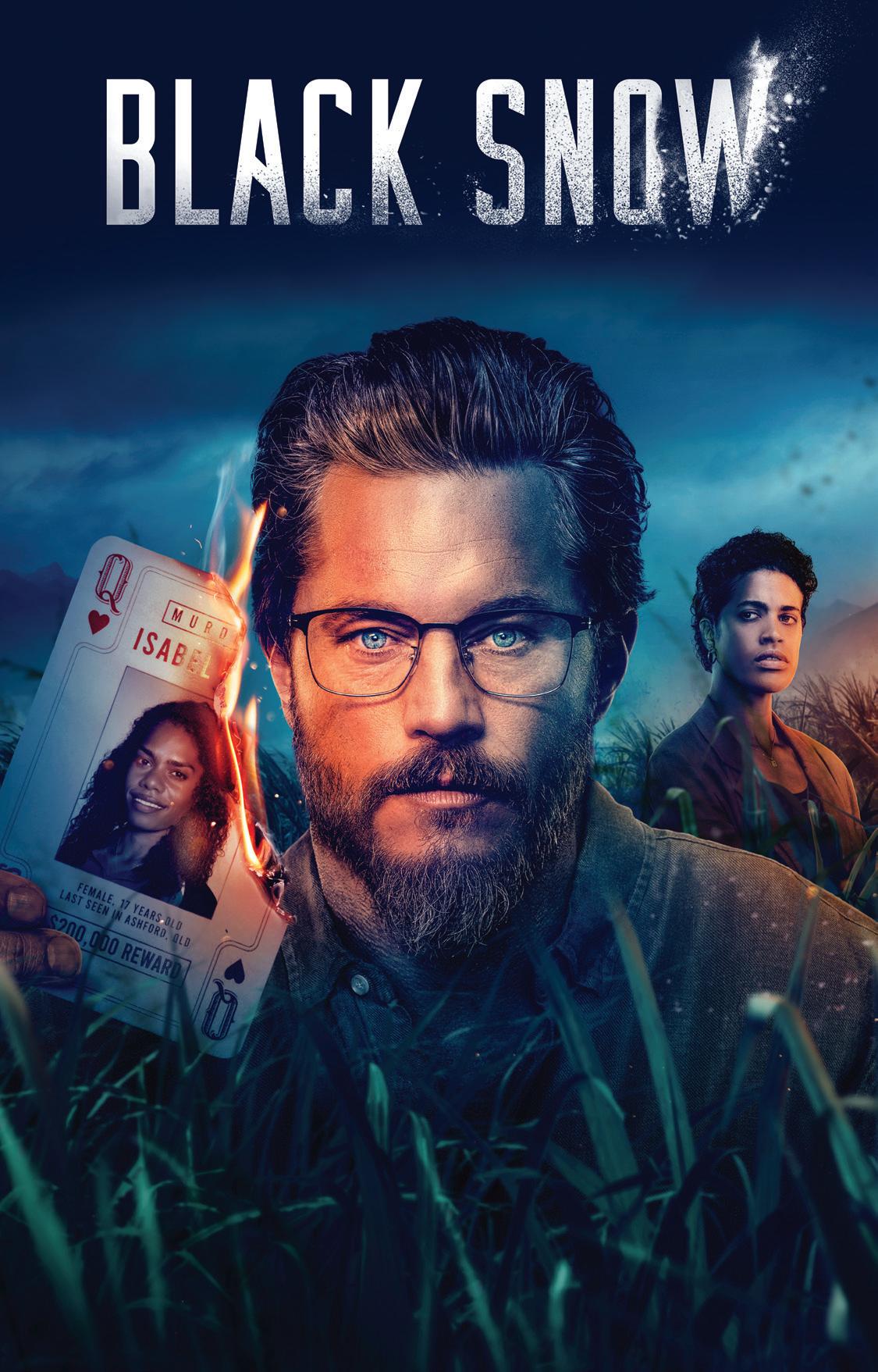
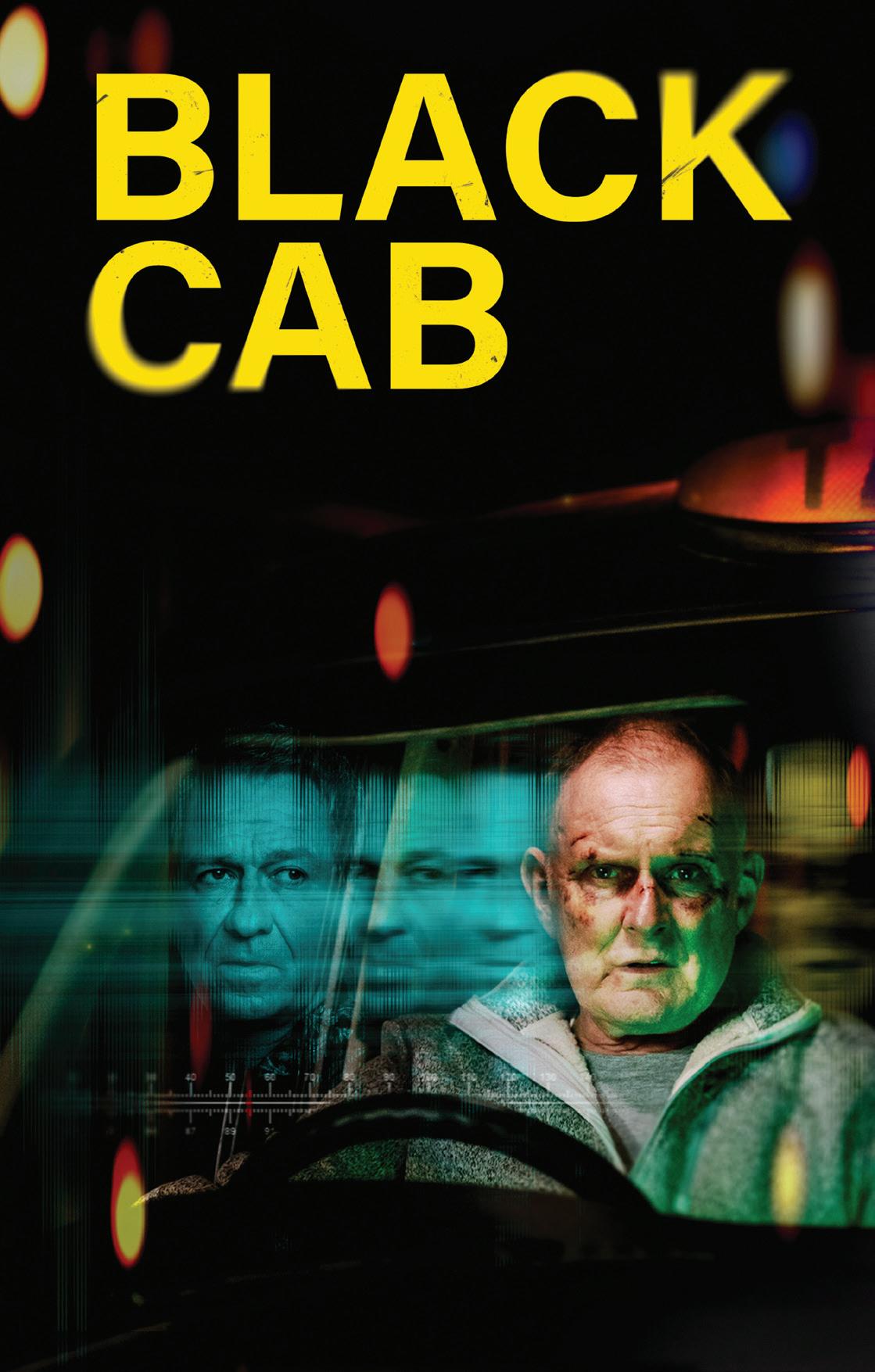

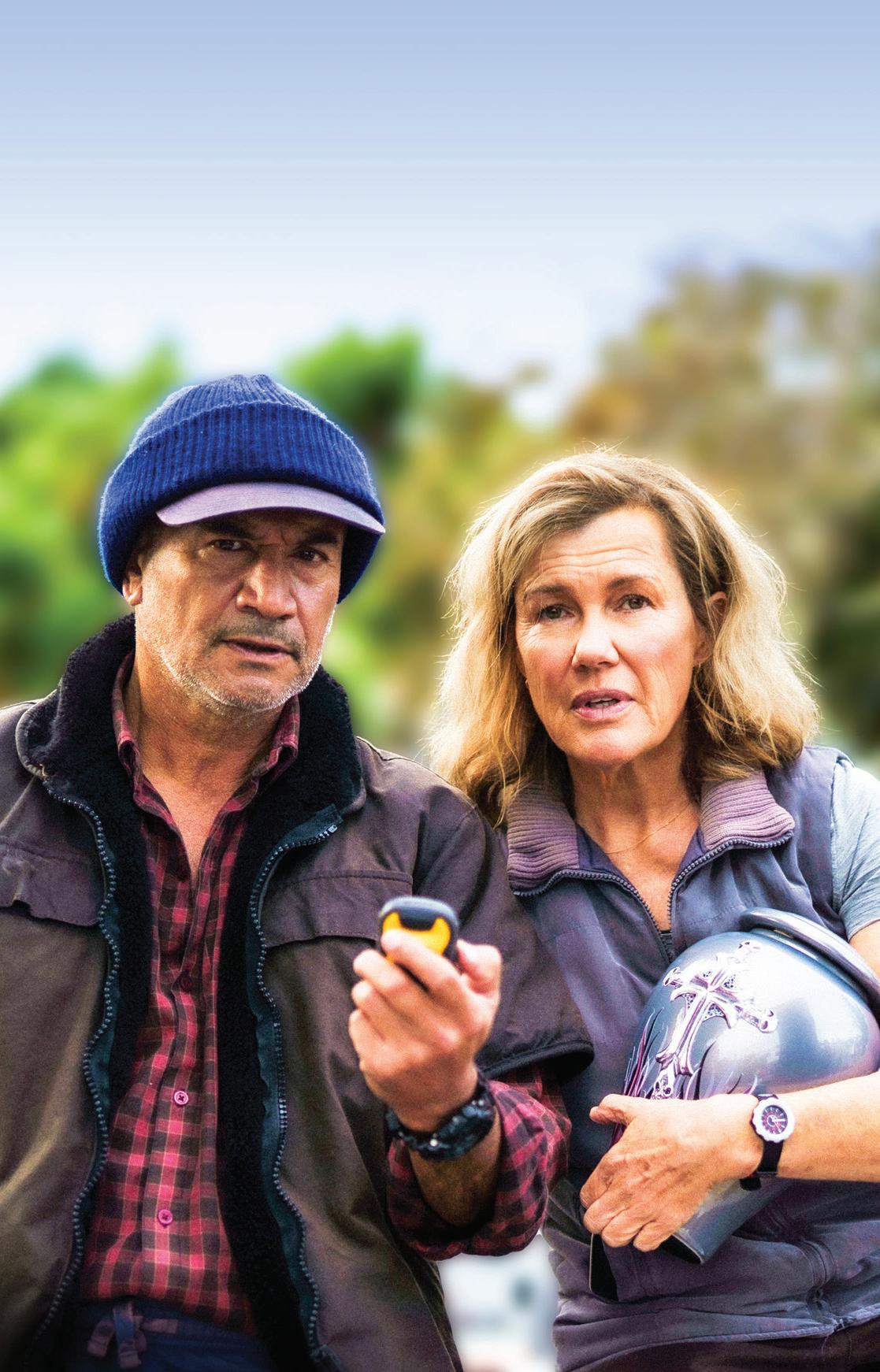
There was a time in the recent past when many US studios and streamers were convinced the path to direct-to-consumer (D2C) success could, and should, be travelled solo.
In 2018 and 2019, as the traditional US studios retooled their operations around streaming in a frantic bid to chase runaway leader Netflix, many believed curtailing or ceasing their third-party licensing regimes altogether would give them bigger libraries with which to lure subscribers to their soon-to-launch D2C offerings.
The ‘walled garden’ thesis – which was employed to greater and lesser degrees by Disney, WarnerMedia (now Warner Bros Discovery) and ViacomCBS (now Paramount Global) – dictated that keeping content within your own ecosystem was the smart long-term play. The trade-off, however, was that it meant leaving hundreds of millions of dollars, maybe more, in potential licensing fees on the table.
It was a sacrifice that most of the larger studios were more than prepared to make. After all, they had been down this road before when they licensed some of their best content to Netflix between 2010 and 2017. To begin with, the licensing cheques were hefty and well received, until it became apparent that Netflix was using rented content to amass a potentially unassailable lead in the streaming wars.
And so they turned off the taps – some completely, some less so – ushering in the walled garden era of streaming.
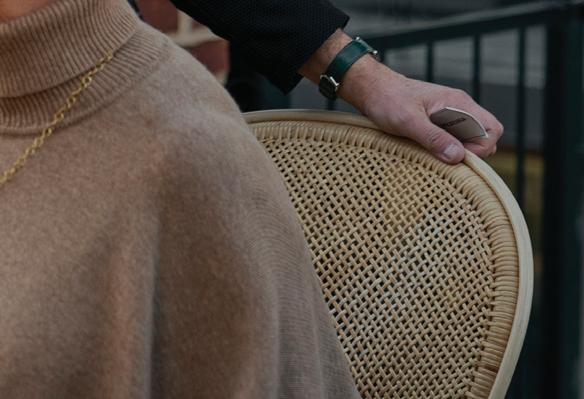

But it wouldn’t last. Fast forward to 2023 and the subscription streaming business has lost its lustre in spectacular fashion. After Netflix lost subscribers in successive quarters in 2022, its stock price went into freefall, dragging many others with it.
Studios and streamers left hundreds of millions of licensing dollars – and maybe more – on the table as they sprinted to acquire D2C scale. Now they are slamming on the brakes and changing course.
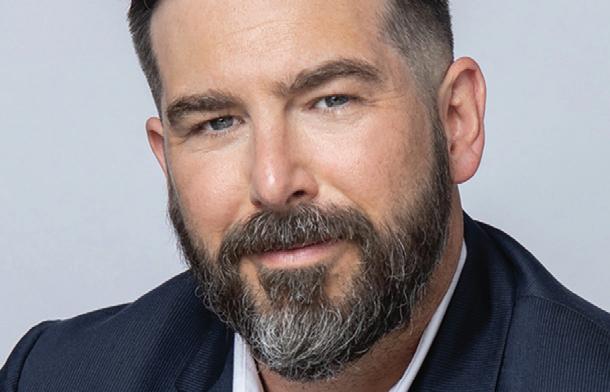 to ar ch
to ar ch
including Warner Bros Discovery (WBD) and Disney are also sitting on mammoth piles of debt.
The grim economic realities have triggered a drastic response from the studios.
WBD president and CEO David Zaslav was the first to pull the plug, cutting thousands of jobs across the enterprise, scrapping development slates, cancelling completed shows before they had aired and removing others from streamer HBO Max. Paramount Global followed suit with a raft of show cancellations, restructuring and a cost-savings plan that includes the integration of Showtime and Paramount+ across both linear and streaming in the US. Disney, which posted D2C losses of US$1.1bn in the first quarter of fiscal 2023 alone, is planning to cut 7,000 jobs and reduce nonsports content spending by around US$3bn. Meanwhile, NBCUniversal’s US streamer Peacock is also expected to lose around US$3bn in 2023.

The severe cost-cutting measures have meant that third-party licensing is firmly back in the discussion. The cuts have also initiated a period of frantic and interesting deal-making that even 18 months ago would have been considered unthinkable.


 Net
Net
Now, instead of subscriber growth, Wall Street wants to see profits – and pronto. The only problem is that, with the exception of Netflix, all are hemorrhaging billions of dollars in D2C investments at a time when the erosion of traditional TV revenue is accelerating and subscription VoD lling the gap. Studios
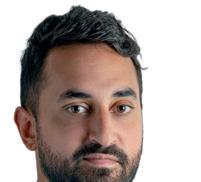
SkyShowtime, the European streaming joint venture between Paramount Global and Comcast, agreed a deal to acquire exclusive European rights to 21 HBO Max European originals from WBD.
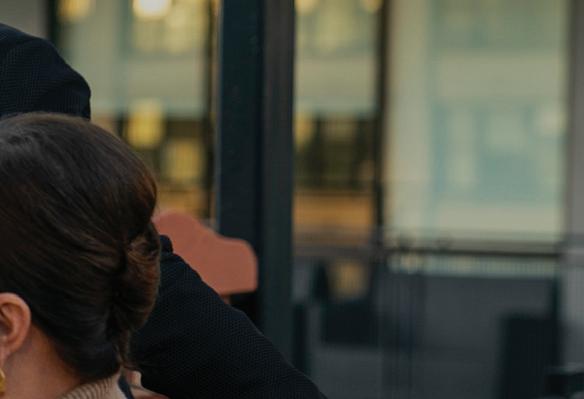

Meanwhile, in the US, the cuts and cancellations initiated a cycle of shows being axed by one network or platform, only to be rescued by a competitor. Showtime, for example, saved the Neil Patrick Harris comedy Uncoupled after it was cancelled by Netflix. Psychological thriller Ripley is reportedly headed in the other direction, with Netflix in talks to acquire the show after Showtime scrapped it – despite having filmed the first season. Another axed Showtime series, Three Women, was picked up by Starz.
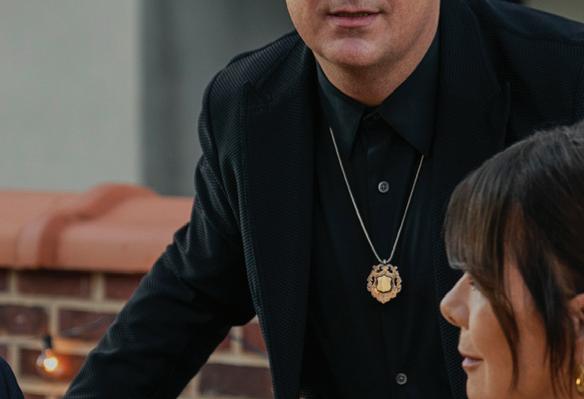
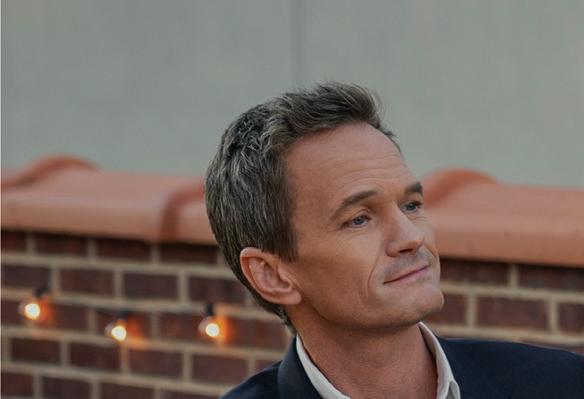
New deals are beginning to take place in the AVoD and free ad-supported streaming TV (FAST) space, too. WBD recently made agreements with both Tubi and The Roku Channel to place more than 200 titles on AVoD and FAST channels in the US, including big-budget HBO drama Westworld, HBO Max’s Raised by Wolves and reality show FBoy Island
Across the board, studios and streamers are reversing course on several major fronts. Most notably, advertising is being fully embraced by all the streaming
“ There will be more of a focus on taking things out theatrically, selling transactionally, renting, licensing, putting content on TV channels, and making sure things are going to AVoD in a much faster cycle.
Opeka Cinedigm
services. The next step, it would appear, is a return to licensing content, with even returning Disney CEO Bob Iger saying the company will resume selling shows to third parties.
“It’s out with the old, in with the new, back with the old,” says Matt Creasey, executive VP of sales, acquisitions and coproductions at Banijay Rights.

The LA-based exec says the trend of studios warehousing all their content is likely over, but it will still apply to certain pieces of IP. “The walled garden era is definitely over, but it’s slightly more nuanced than that,” he explains. “There’s still going to be a lot of vertical integration amongst these companies that want to keep their content in-house, but there’s also now going to be content that’s sold elsewhere.”
The collapse of the walled gardens has also meant that SVoD services are offering much smaller libraries than perhaps was envisaged a few years ago.
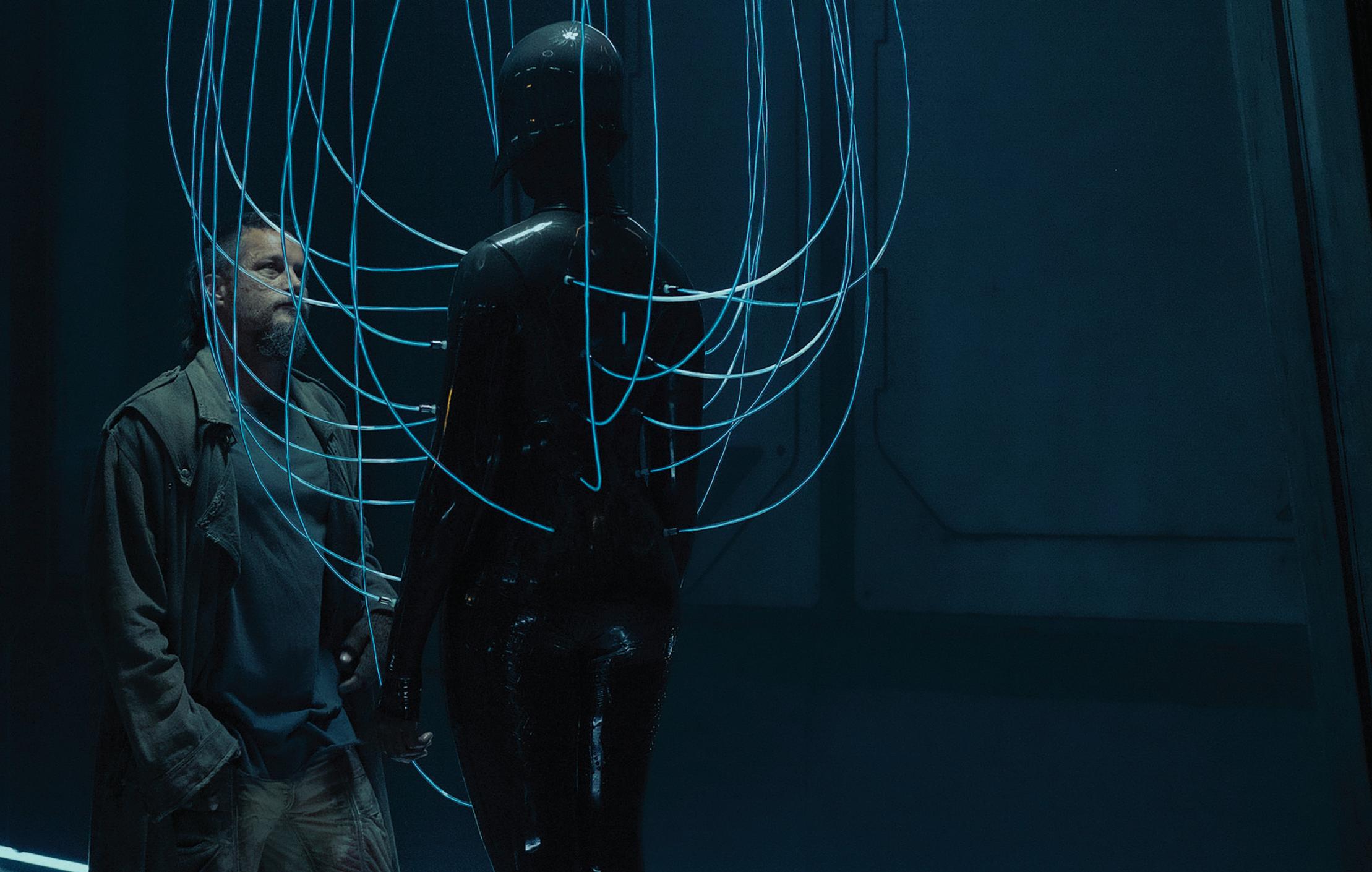
Erick Opeka, president and chief strategy officer at LAheadquartered streaming company Cinedigm, says one
of the less talked about aspects of the current streaming landscape is “shrink-flation” – where SVoD services are rapidly reducing their libraries at the same time as increasing the prices. “The net result is that you have these massive streaming services that are pulling content off to feed FAST and licensing to other AVoD services to recapture revenue while goosing their prices,” he says.
This is the new normal, Opeka believes, as the industry enters a new phase that prioritises profitability above all else. “There will still be original programming, and lots of it, but it’s going to be much more thoughtful in terms of the profit and loss,” he says. “There will be more of a focus on taking things out theatrically, selling transactionally, renting, licensing, putting content on TV channels, and making sure things are going to AVoD in a much faster cycle than we’ve seen previously.”
Opeka also says he expects to see a return to “very rigid windowing” as the studio groups “try to re-establish revenue streams,” adding that it will become “more extreme as time goes on.”
Amid the chaos, studios seem more willing than ever to experiment with windowing and licensing.
During a February earnings call, Zaslav suggested WBD will be open to new windowing strategies to attract and retain viewers. “We can take things like the first or second season of Succession and put that down on our AVoD service and then, if you loved it, you can come up and pay for ad-lite or subscription,” he said at the time.
The model of placing content on multiple platforms and removing paywalls is somewhat reminiscent of the children’s content model.
Emily Horgan, a former Disney exec and Irelandbased kids’ content consultant, says Netflix used to adopt something of a walled garden approach to kids’ content. However, the realities of competing with YouTube – the dominant platform in terms of kids’ content viewership – has meant that most streamers and studios now take a cross-platform approach to franchise building.
“I definitely observed the walled garden of Netflix, with regard to YouTube, being in place up until 2018 or 2019. And then there was a flip, and that needed to happen because there were certain shows that I think had a lot of potential that were on Netflix that seemed to be handcuffed from going on YouTube,” she says.
In 2019, the streaming giant acquired children’s media brand StoryBots and rebranded its YouTube Channel as Netflix Junior. Soon after, Netflix started putting full episodes on the YouTube channel and marketing it heavily. “That was a real walled garden tumbling moment for me as I observe kids and streaming,” says Horgan, who notes that the non-exclusive strategy has paid off in the long term.
The arrival of advertising in the streaming space is also having an impact on the deal-making and how content migrates across SVoD, AVoD and FAST.
The studios are increasingly talking about FAST as an interesting avenue –both as a revenue source in itself, and as an ad-supported environment with which to promote new and returning shows.

define themselves if everyone has similar or the same programming that you can find in many places?” she asks.
To ensure they are able to stand out in an increasingly crowded market, Banijay Rights’ Creasey says AVoD players are beginning to pursue more exclusive deals.
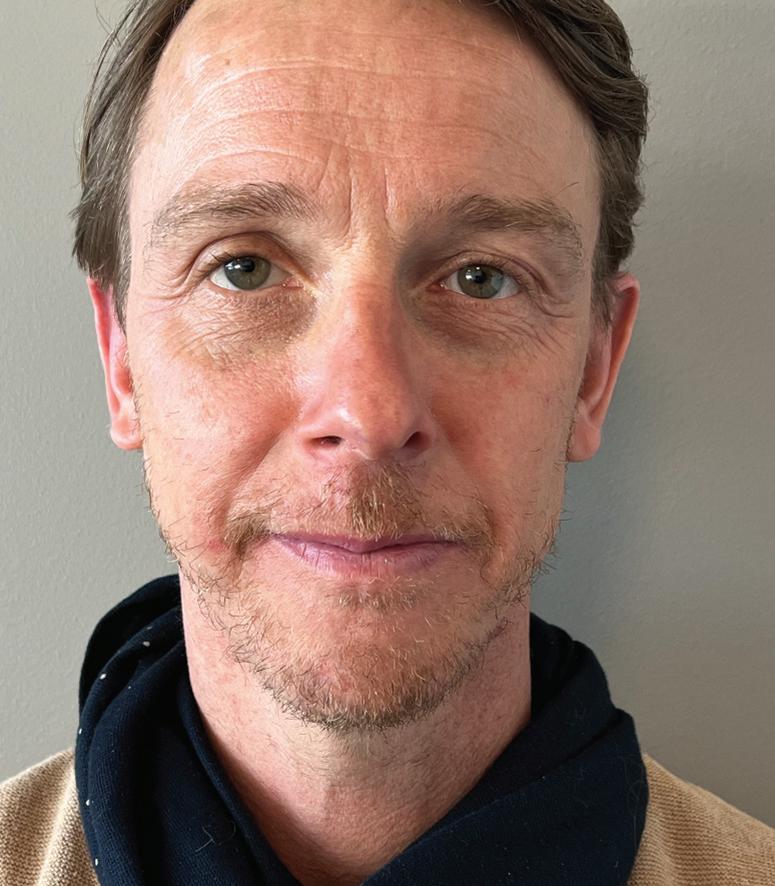
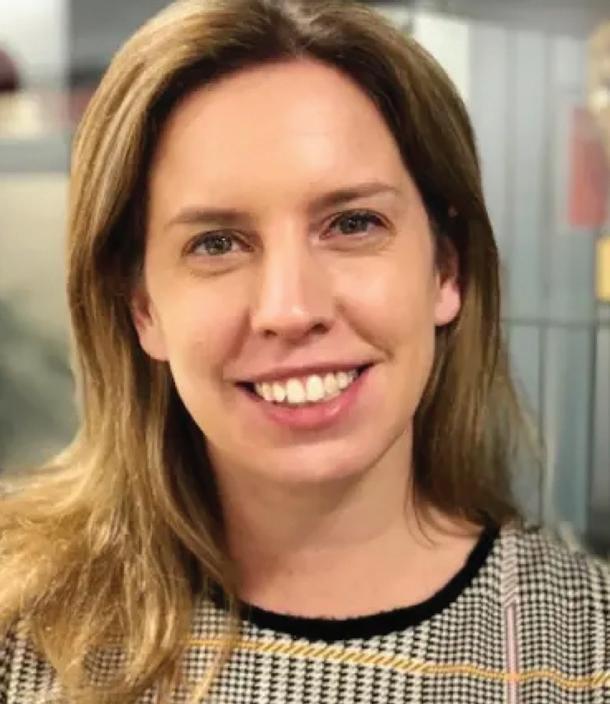
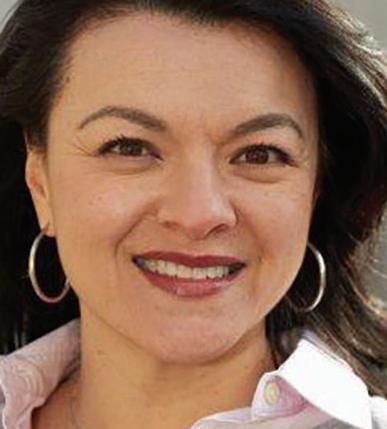
Banijay Rights has already partnered with Tubi, Pluto and Roku extensively in recent years on a non-exclusive basis, with the distributor now having between 8,000 and 9,000 hours of content on each AVoD platform, he says.
Now that the AVoDs have built a “war chest of content,” Creasey says discussions are turning to exclusivity. He cites a recent deal with Fox-backed Tubi, which acquired the unscripted film Dead Hot, a passion project from US actress and singer Vanessa Hudgens, for a sizeable licensing fee.
“ Because of the Wild West landscape with AVoD and FAST, content owners are possibly afraid to put all their eggs in one basket, so they’re doing a lot of non-exclusive deals. But how are these services going to define themselves if everyone has similar or the same programming?
Paramount Global is already heavily involved in the FAST space with Pluto TV, while WBD is planning to unveil its FAST plans in April. Even Netflix is eyeing a move into the space, with co-CEO Ted Sarandos saying in January that the company was “keeping an eye on that segment.” Disney, to date, has not talked publicly about exploring FAST.
Jennifer Liang,Topic
Creasey calls the deal a “major step forward in the world of AVoD for us,” and says Banijay Rights is in discussions about several other exclusive deals with ad-supported streaming players. “The world of non-exclusive revenue sharing is going to continue, but there’s going to be another component that wasn’t there before and we’re seeing that grow.”
After an enormously turbulent year, the 2023 LA Screenings will likely give a good indication of the appetite of US studio groups to sell their content to third parties.
At last year’s LA Screenings, many in attendance commented on the lack of new shows that were available to license, due primarily to the fact the studios were withholding the buzziest titles for their own streamers.
The 2023 event will take place in a much-altered context – one in which studios must generate revenue in as many ways as possible and demonstrate to Wall Street that they can balance the books. Against that backdrop, the licensing cheques might be too tempting to turn down.
However, the rise of non-exclusive deal-making and placing content across multiple platforms and tiers has its limitations. While the walled gardens might be coming down in a broad sense, Jennifer Liang, VP of programming strategy, acquisitions and sales at US SVoD service Topic, says they will remain firmly in place for top-tier IP that the streamers and studios believe present the greatest potential for monetisation.
“Right now, because of the Wild West landscape with AVoD and FAST, content owners are possibly afraid to put all their eggs in one basket, so they’re doing a lot of non-exclusive deals. But how are these services going to
The next 10 years will be drastically different to the previous decade, according to Cinedigm’s Opeka. “The future is going to be less big tentpole programming, more lower-cost reality and doc-style programming, linear channels having no original programming or very little, and a return to very rigid windowing.”
The content boom of the past decade, and the freespending arms race to build D2C scale, is a chapter in TV history that is likely over now, he says. “For the last decade, we’ve all enjoyed this bevy of amazing shows, and the billions of dollars spent, but I think we’re going to find that was a wrinkle in time.”
A smart two-day conference & development market connecting the domestic US scripted, unscripted, FAST channels and copro business with international partners
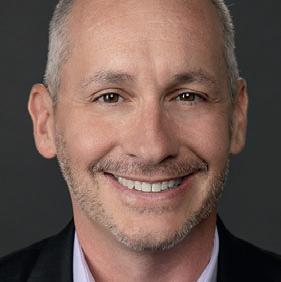
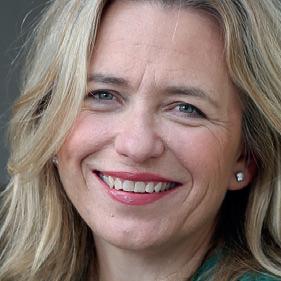
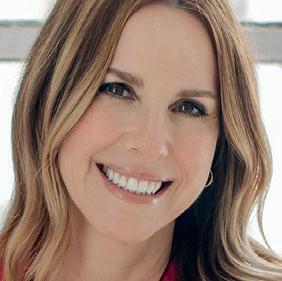
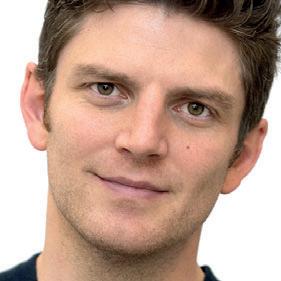
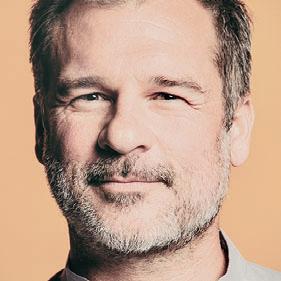
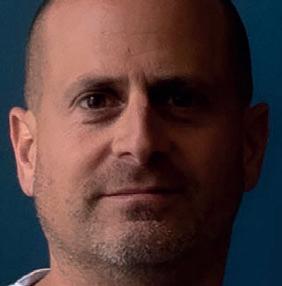
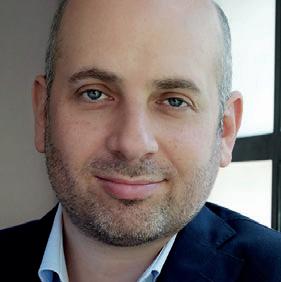

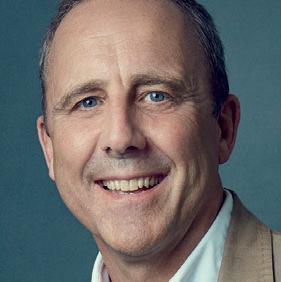
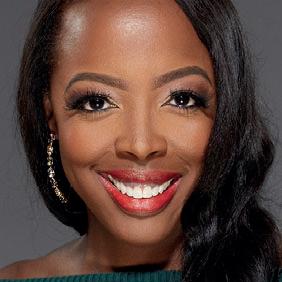
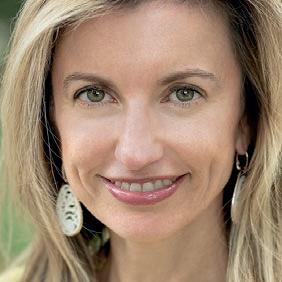
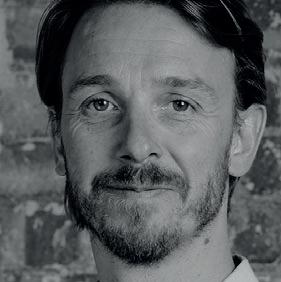
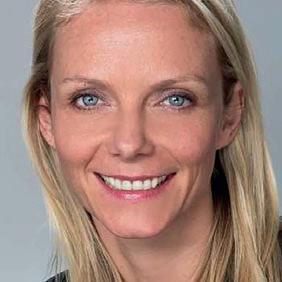
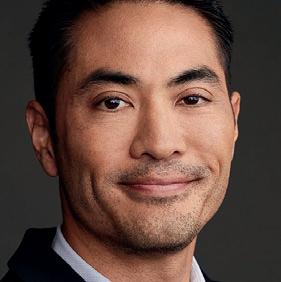

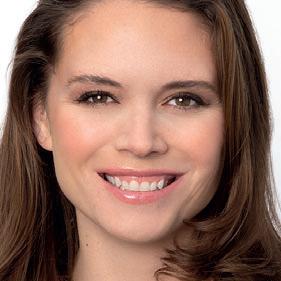
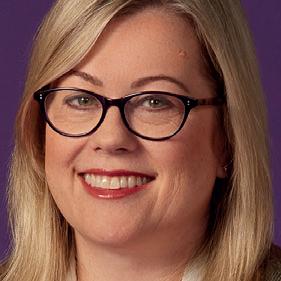
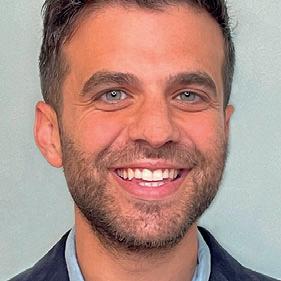
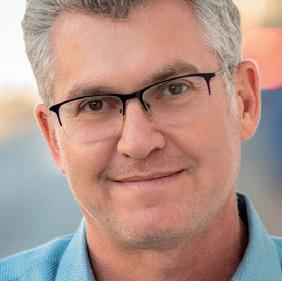
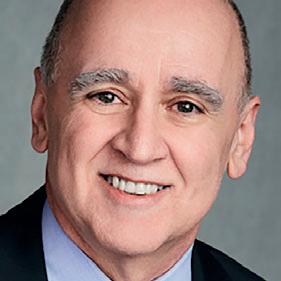

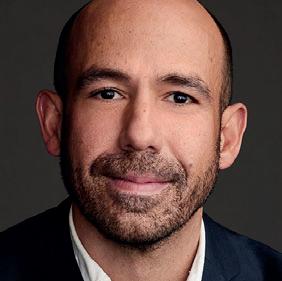
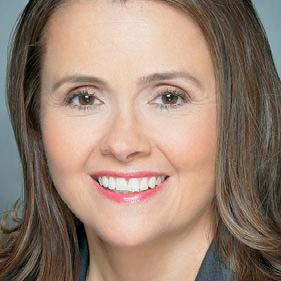

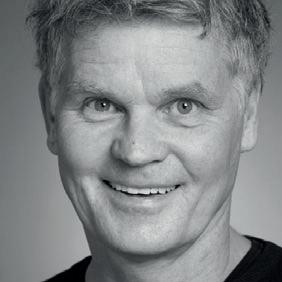
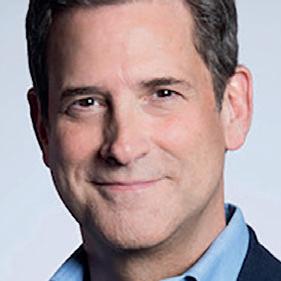
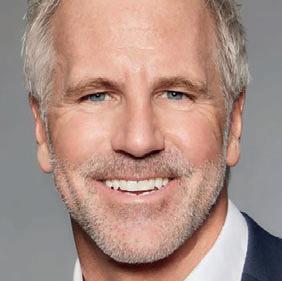
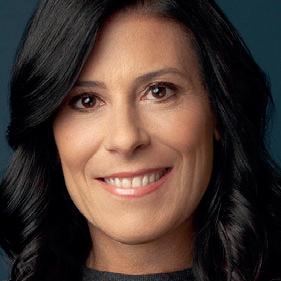




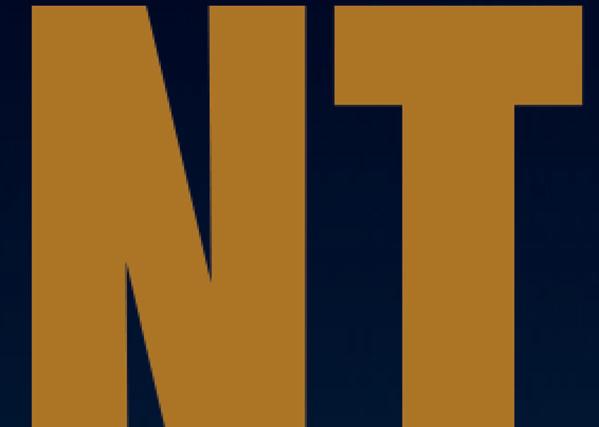



All3Media International, Anchor Entertainment, Banijay Rights, BBC Studios, Big Media, British Film Commission, Chicken Soup for the Soul Entertainment, Cinedigm, Fox Entertainment, ITV Studios, Jupiter Entertainment, Media Res, Media Res International, MGM, MGM+, an Amazon company, Ontier Media & Music Advisory Ltd, RMVISTAR, Roku Media, The Africa Channel, Tubi, UCP, Universal International Studios, Universal Studio Group, Universal Television, Universal Television Alternative Studio, Velvet Hammer Media, Wattpad WEBTOON Studios + more to be announced.


Having built a strong foundation in LGBTQ-focused factual content, network and streamer OUTtv is looking to expand its scripted programming roster, including international coproductions.
By Jordan Pinto pro inc co JCanada-based linear network and streaming service OUTtv has built a reputation as a programmer of envelope-pushing unscripted content focused on the LBGTQ+ community.
The company has been on a steady growth trajectory since its launch in 2001 but has gathered momentum quickly as its SVoD platform has expanded into new international markets, allowing the brand to scale new heights.

In early February, OUTtv also launched its first free ad-supported streaming TV (FAST) channel OUTtv Proud on Pluto TV in Canada, in partnership with Latino multi-platform company Fuse Media. The new FAST channel carries 400-plus hours of content across a wide array of OUTtv’s original series, documentaries, films and specials.
OUTtv is now looking to evolve its programming strategy to capitalise on growing demand for scripted content geared toward LGBTQ+ audiences.
“I would say our forte is in the unscripted space but we’re slowly making an expansion into scripted,” says head of programming Lauren Whitelaw.
The company is currently working on its first feature film, It’s All Sunshine & Rainbows, which was developed in-house and is scheduled to premiere later this year.
Whitelaw, who wrote the film, says it is reminiscent of a traditional Hallmark film, but with a twist. “It hits all those nine beats of a traditional Hallmark movie, we just happen to lift out the female lead and put in a drag queen as the lead.”
OUTtv has previously commissioned and acquired scripted content, including mockumentary Slo Pitch and intergenerational lesbian comedy Avocado Toast, but 2023 sees the company putting an added push behind those efforts.
Another scripted title in the pipeline is Womb Envy, a 12x15’ series created by Toronto drag artist Champagna and co-commissioned with Accessible Media. It follows two friends who, despite their differing sexualities, pretend to be in a relationship to escape the societal expectations placed on pregnant women.
With the wind now in its scripted sails, the hope is to do more, says Whitelaw. “[Scripted] has always been slightly out of reach because we are a small network, but that’s definitely not the case anymore. As web series have become more popular, we have found a way to work with production companies to develop scripted projects that work for our audience as well as working for producers financially,” she says.
While the company is turning its eye to scripted, it is not turning away from the unscripted content that has helped put it on the global content map.
Strong performers in recent months have included the strikingly titled For the Love of DILFs, a gay dating show hosted by Stormy Daniels. The series, which was conceptualised in-house, was renewed for a second season (10x60’) last month after helping to push the number of unique views on OUTtv.com up by 140%.



It follows two groups of singles as they come to an island looking for love. Both groups will live together and take part in challenges as they compete to find their perfect match, with Daniels serving as host and relationship advisor.
Other popular titles include reality series Call Me Mother, which sees three drag legends adopt the next generation of artists into their new drag houses. Dating, competition and docu-reality programming

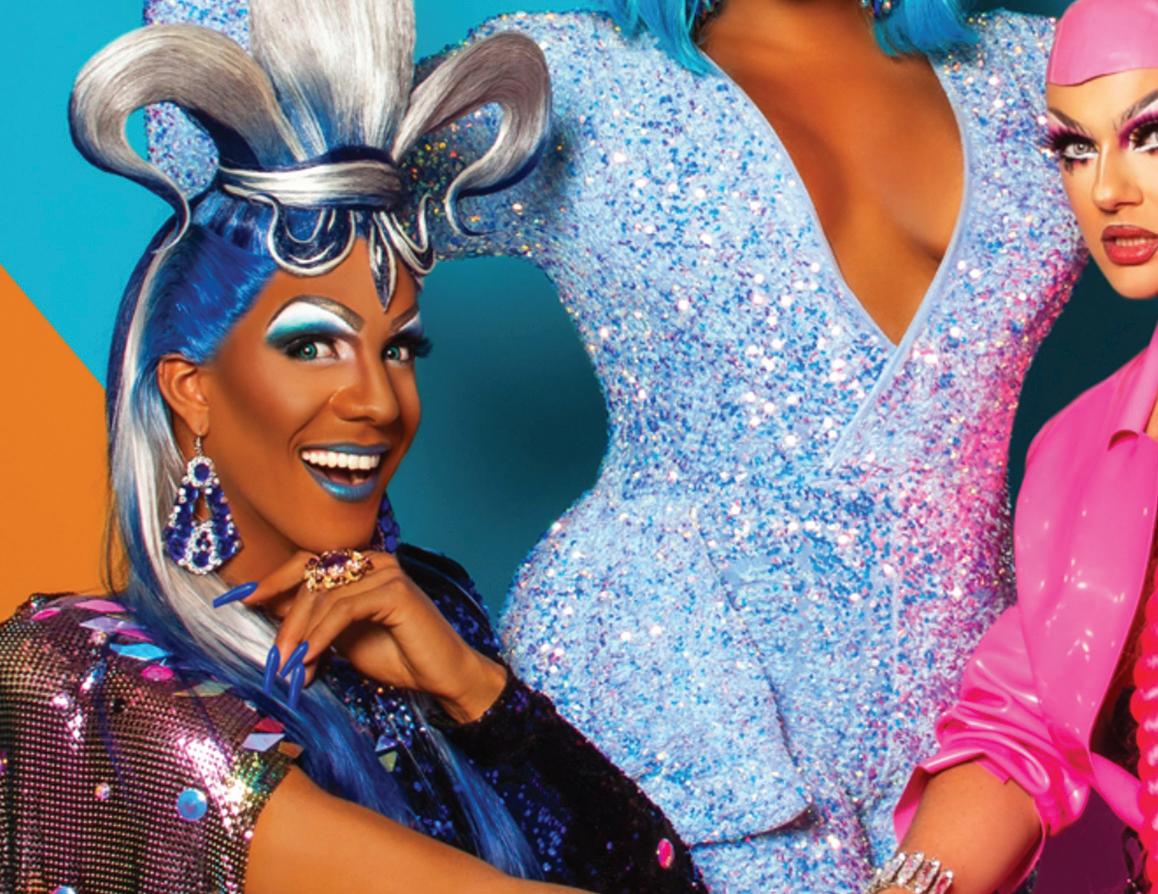
“always does well” for OUTtv, according to Whitelaw, and the hunt is on for more breakout programming in these genres.
OUTtv is somewhat unusual among Canadian networks, in that it is able to greenlight shows from production companies and creators from outside the country.
Finding globally focused LGBTQ+ stories is at the core of OUTtv’s programming mandate, especially in light of the expansion of OUTtv into more than 10 international territories, including the UK, US, Australia, New Zealand and, most recently, South Africa, via Openview Ultra.
“As we’ve expanded globally, it’s hard for us to only tell Canadian stories and have an audience respond to it in a place like Australia, New Zealand

or South Africa, so we really do expand the story as far as we can to make programming that makes sense globally,” she says.
“We love to work with Canadian producers, and I would say the majority of our projects come from those producers, but we’re looking outside of Canada too. So no, it doesn’t have to have a


Canada too So no, it doesnt have to have a Canadian element to pass through our development,” says Whitelaw, adding that coproductions are also top of mind
Following OUTtv’s relatively swift

expansion into new markets, Whitelaw says it has forced her team to think about development from a more global perspective.

“It’s opened our eyes, because, as a Canadian broadcaster, you assume that if something has worked in Canada then it has to work elsewhere, which isn’t always the case. Having a streaming platform now, you do get almost immediate feedback from your audience based on streaming numbers, so you can see what’s working and what’s not working,” she says.
which isnt the cas numbers
As a team th territorie have to take an ma m jority au or o the those things.
As a team that is programming for multiple territories, Whitelaw says: “We have to take an average of, ‘Well, the majority of our audience is watching this, or the majority of our audience doesn’t like that,’ and then take bits from each of “What we aren’t doing is creating projects c territory. We are looking at things for each of them that make sense, that fill out a schedule. You certainly don’t want the same thing across every territory, you want a variety. So, I would say we’re trying to be as diverse within the programming as we can, just to make sure we’re hitting as many audience members as we can.”
“What we aren’t do for a specific te make sche don acr yo wo pr jus hitt mem In projec says th

In terms of bringing projects to OUTtv, Whitelaw says the preference is that a production company is onboard.
Lauren Whitelaw OUTtvHaving talent attached to projects is not essential, however. Pitches can also be relatively brief – just a logline – but producers should have a budget outline, as OUTtv may want to go into production on the project within a year.
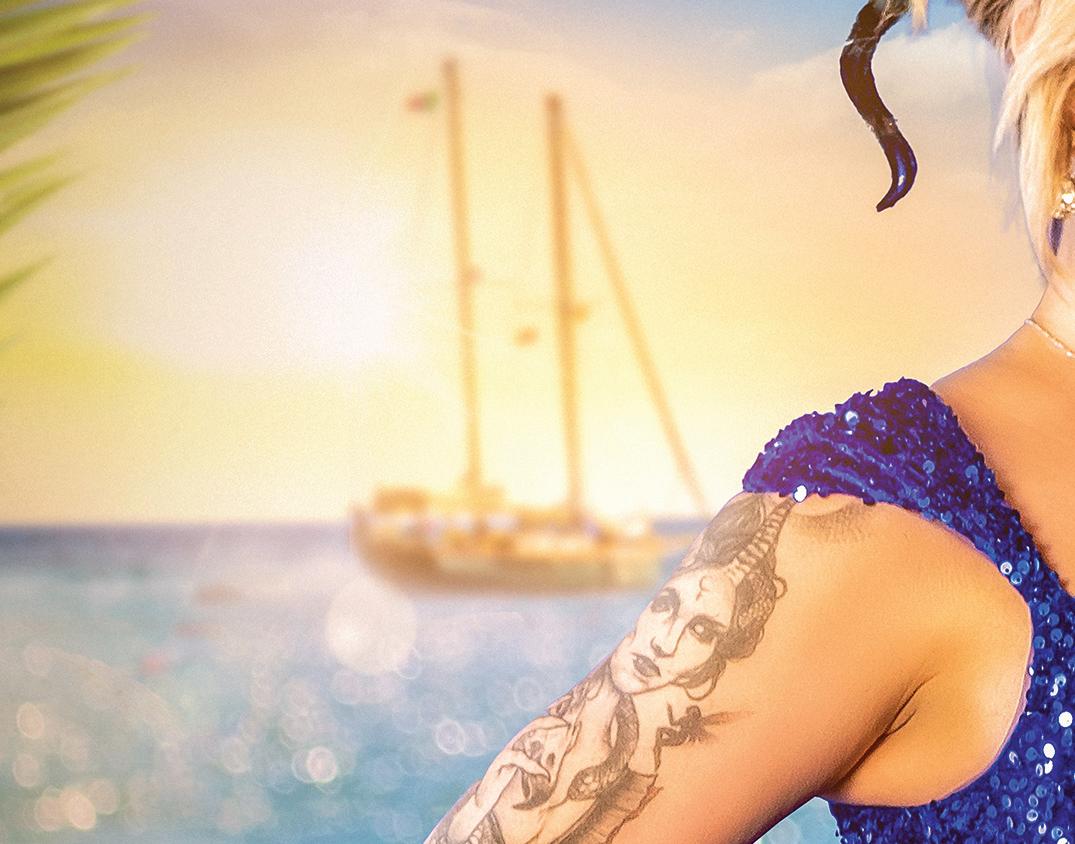

Whitelaw stresses the need to think outside the box with project ideas and to have a long-term story arc or progression in mind.
“Think of it like this: if you could submit it to a traditional channel, then it’s not for us. The dirty little secret hiding in your notebook that you tell no one that you wrote? Maybe that’s the one for us,” she says.
“We want something buzzworthy and marketable that we can really latch on to. We don’t tend to look at projects from a one-season-only basis. We want to be able to follow through and go to season two, three or beyond. Look at your story as a whole and make sure you’re telling a story that makes sense but is pushing the envelope.”

“ What we aren’t doing is creating projects for a specific territory. We are looking at things for each of them that make sense, that fill out a schedule. You certainly don’t want the same thing across every territory, you want a variety.Womb Envy was created by drag artist Champagna
Hilton Miami Downtown, 23-25 January 2024
The top-rating event in television is back!
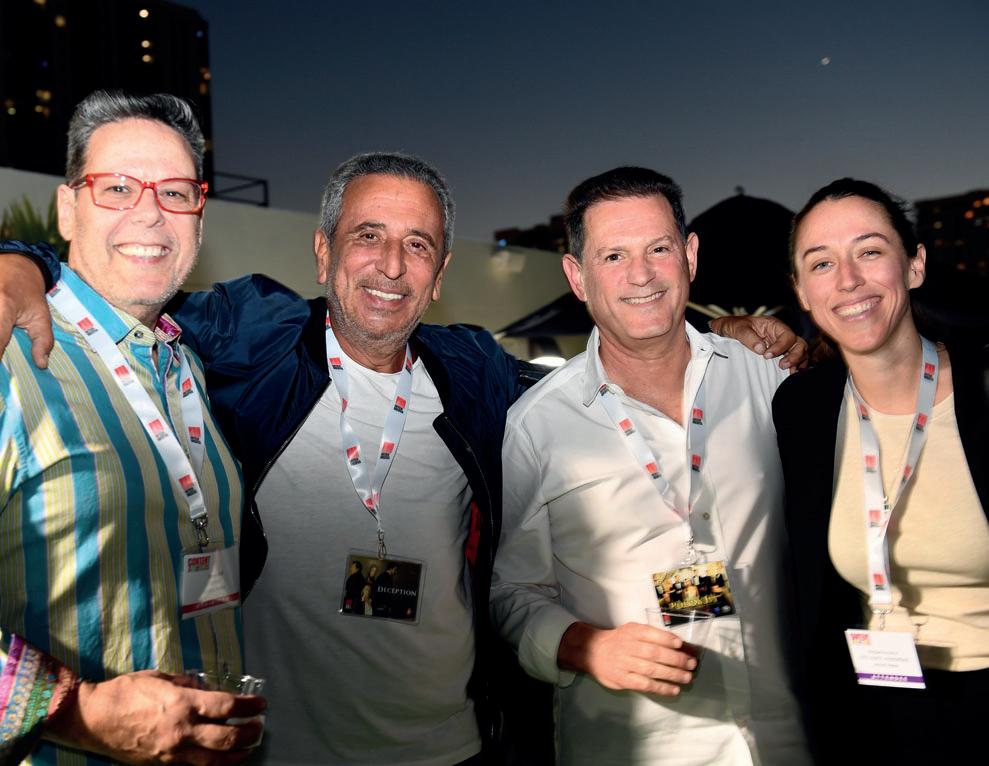
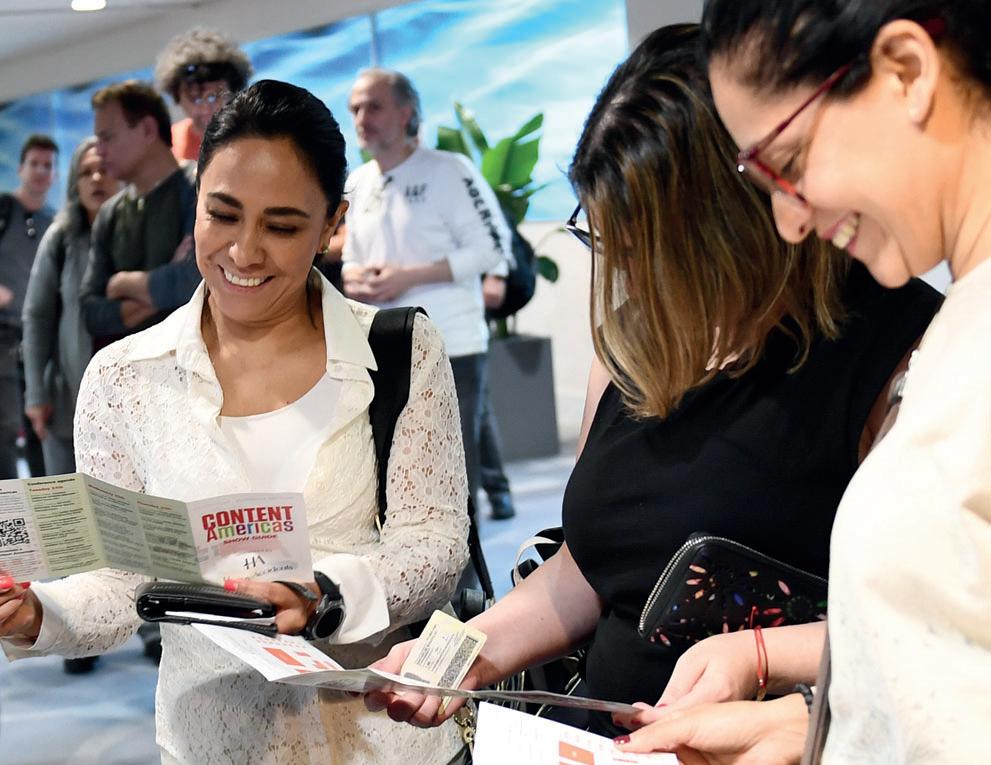
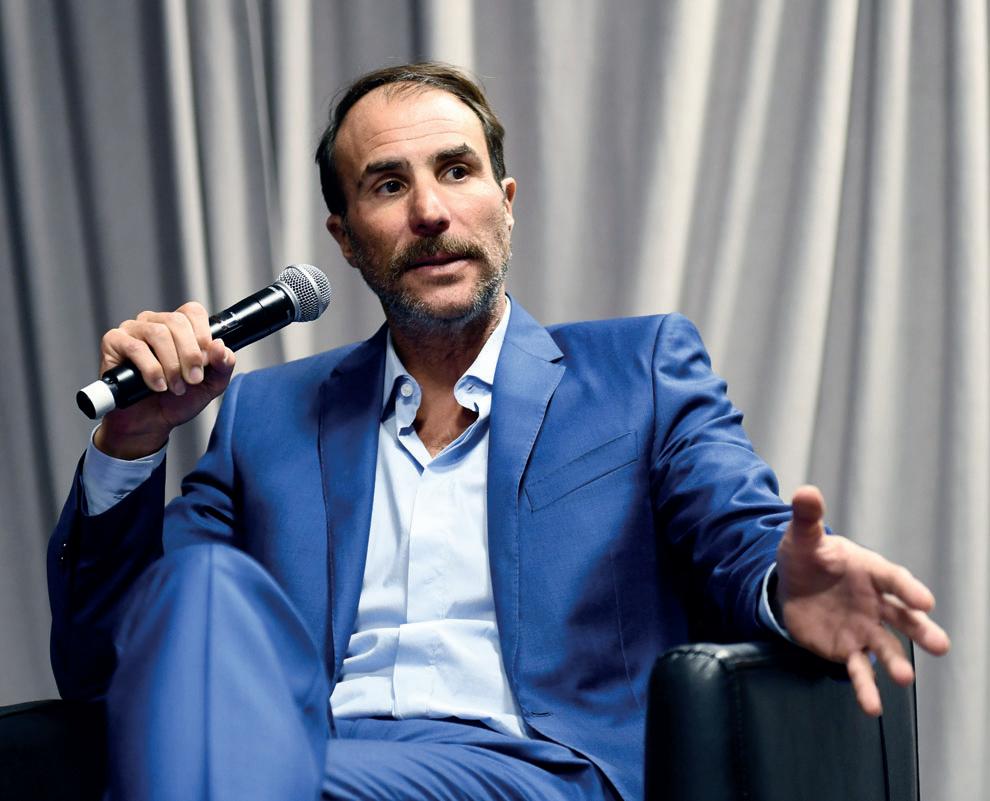
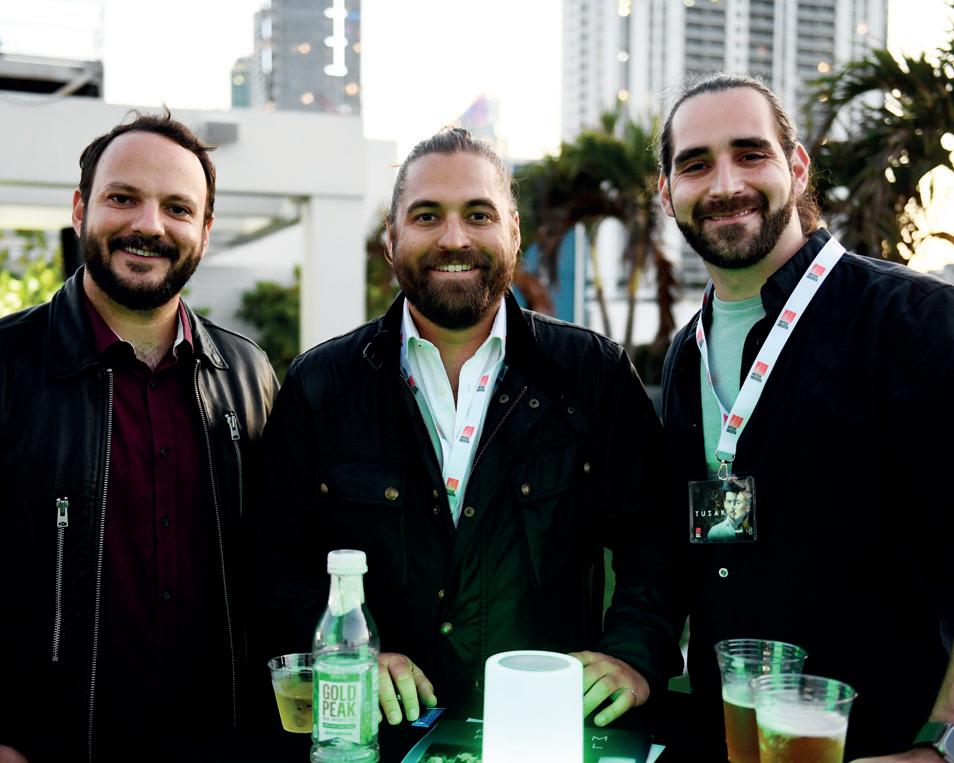

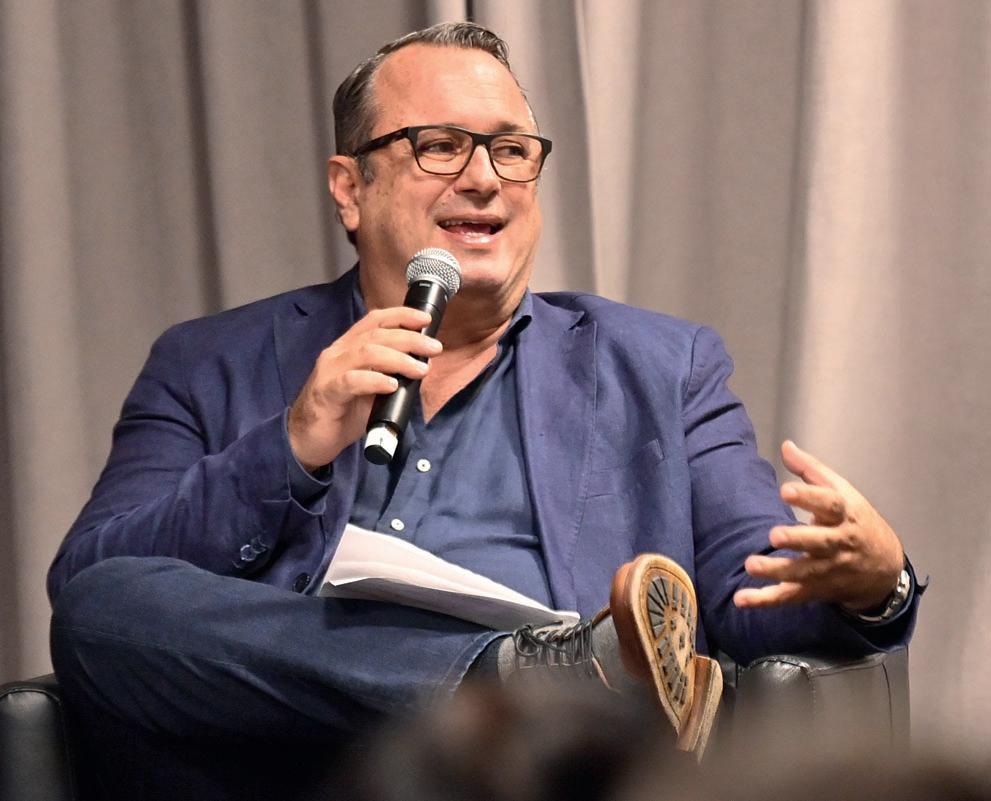
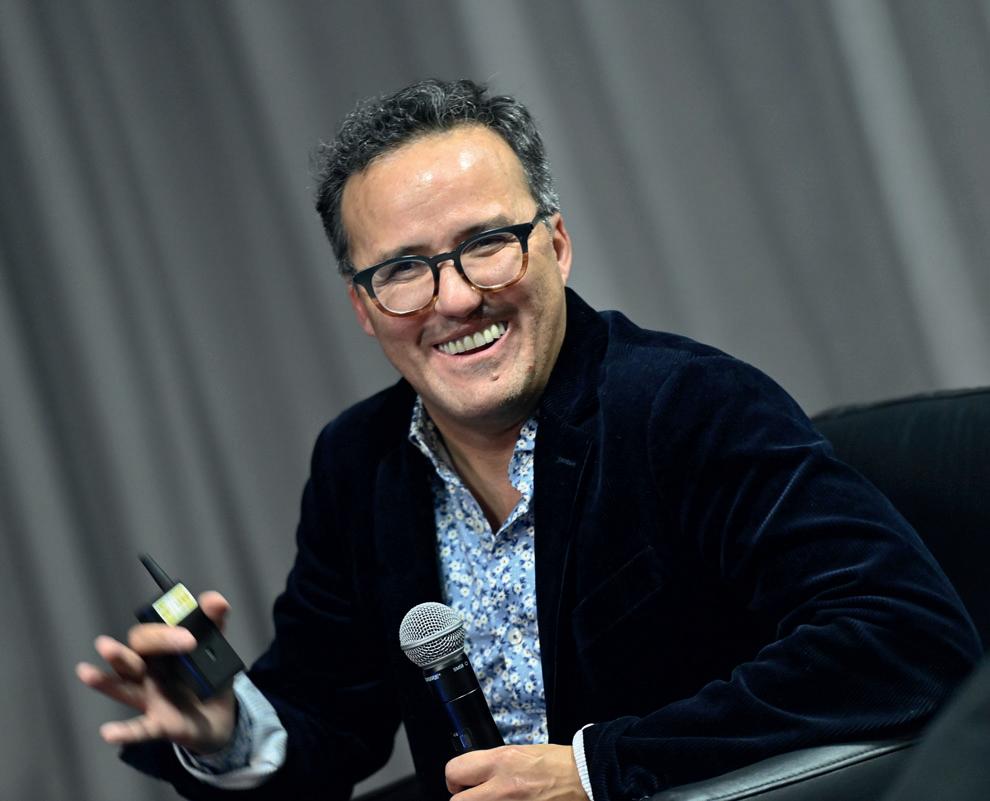
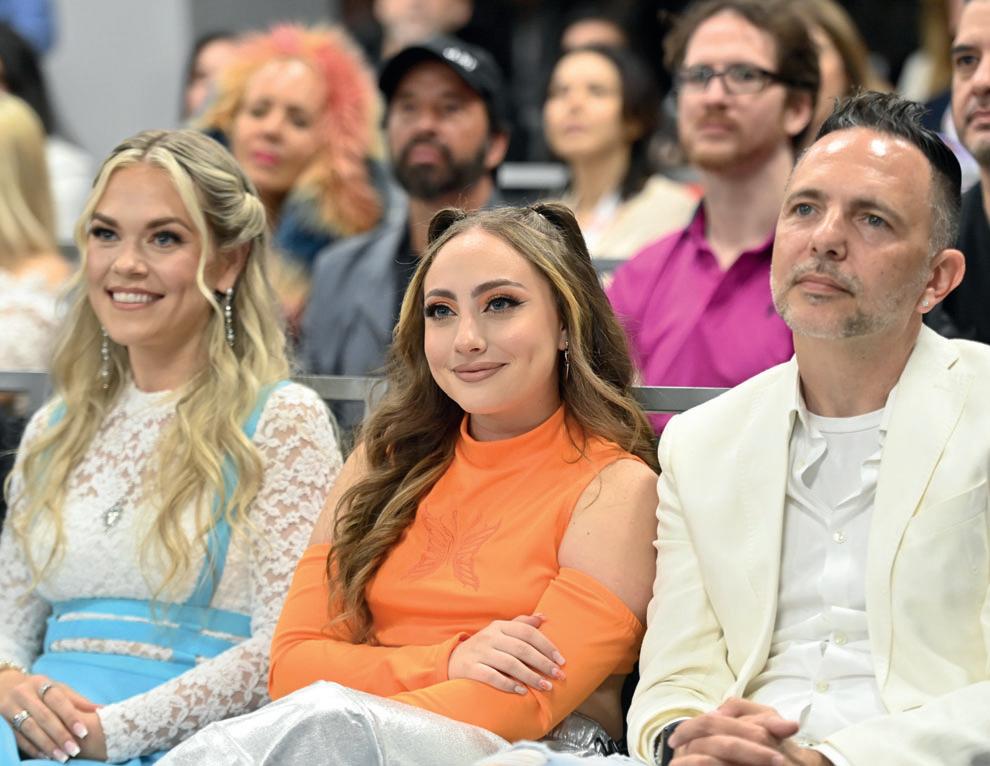
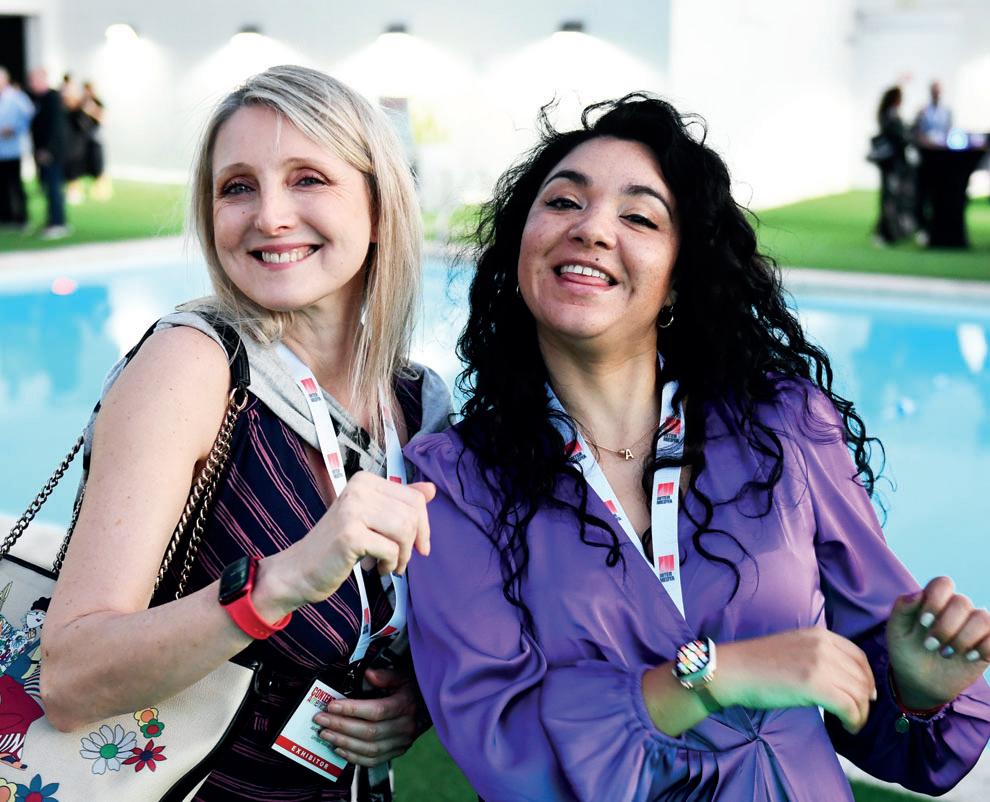
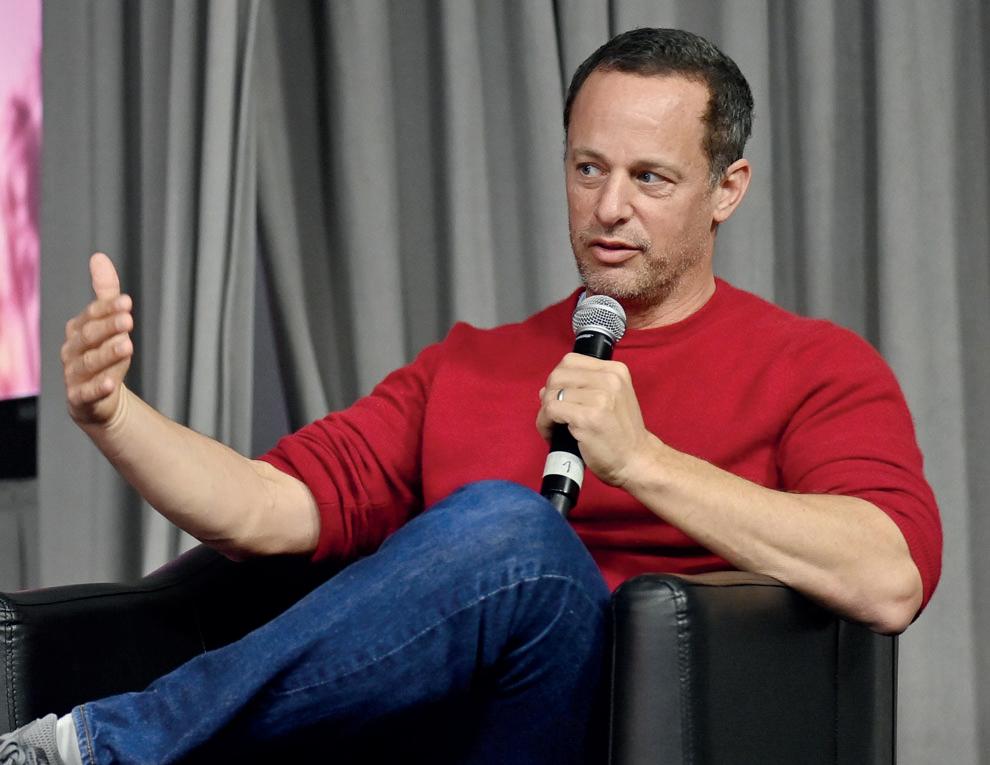


Producers: TeamTO, France Télévisions, Super RTL
Distributor: APC Kids
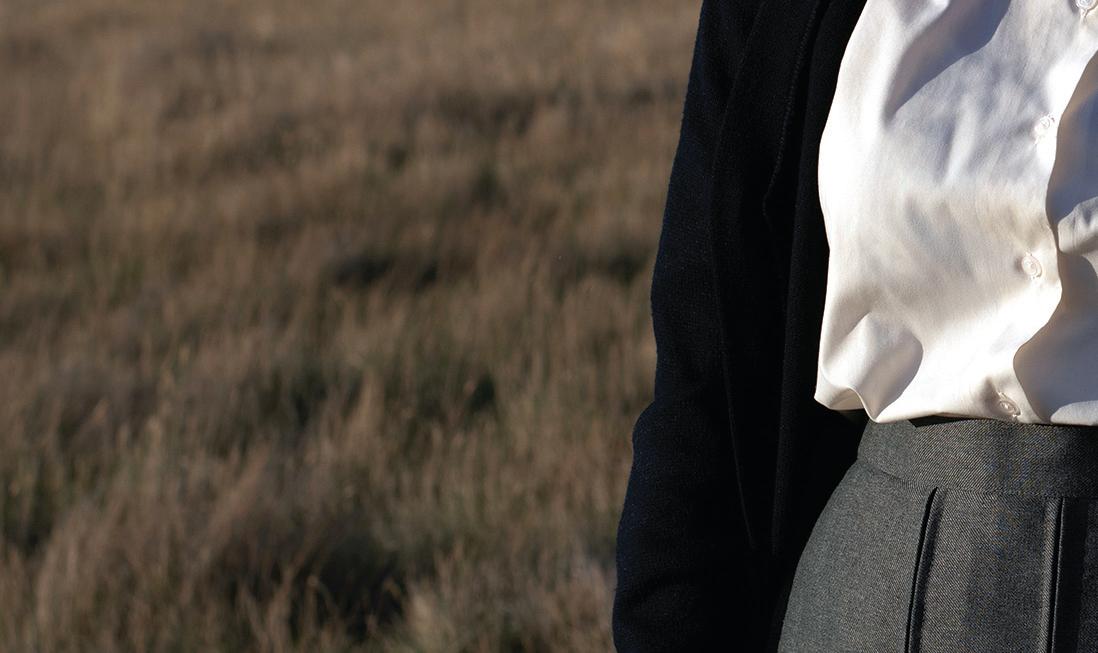

They say: “A fun and vibrant series with an epic female character at its heart and an outstanding creative team behind it.”
We say: Starring a strong, kung-fun-loving female central character, this series is aimed at a six- to 10-year-old audience and has also been picked up by Cartoon Network in EMEA, ABC in Australia and SRC in French-speaking Canada.

Producer: Vice World News

Distributor: Vice Distribution
They say: “An inside look at the journey of the drivers, teams and fans towards the most famous auto race in the US, The Indianapolis 500.”
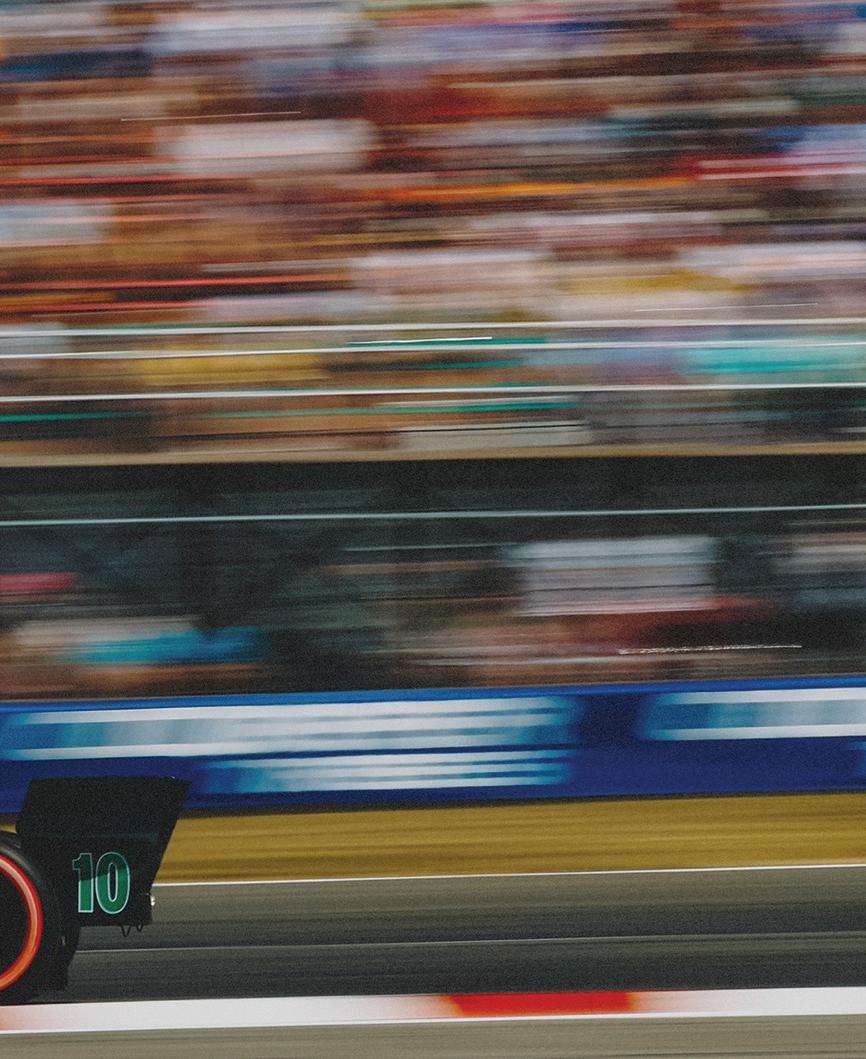


We say: Set to premiere on US broadcast network The CW on April 27, this factual series follows the intense action of the Indy Racing League as teams battle to qualify for the iconic race.


Producers: Screen Siren, Bron Studios
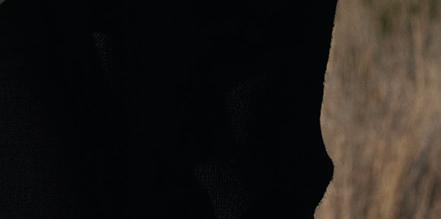

Distributor: Fifth Season
They say: “Removed from their family home and forced into Canada’s residential school system, Cree musical prodigy Aline and her siblings are plunged into a struggle for survival. Bones of Crows is Aline’s journey from child to matriarch, a moving multigenerational epic of resilience, survival and the pursuit of justice.”

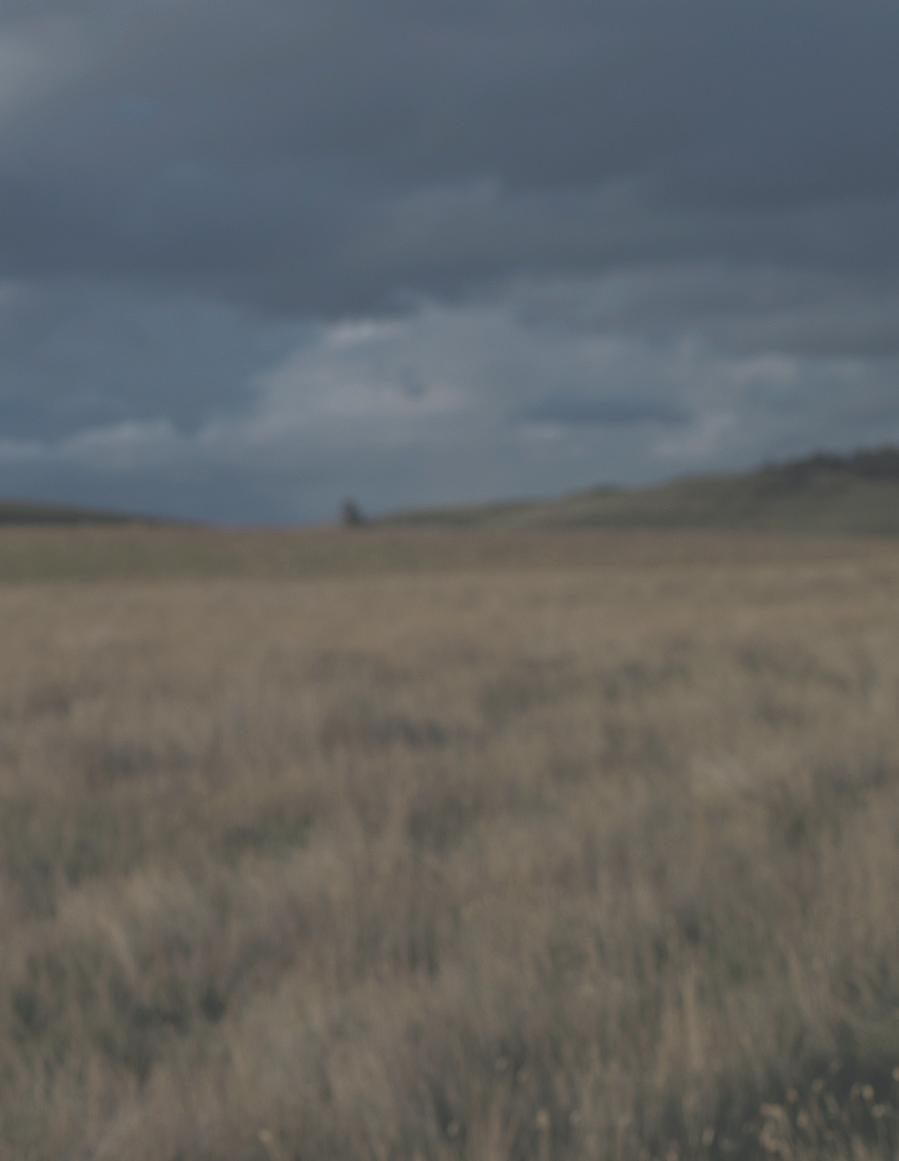
Produ Distributo say force system, her sib su journ mult surv We nat is a und gl
We say: Marie Clements’ story of a Cree nation family who survive state violence is an important piece of work from an underrepresented voice which deserves a global audience.
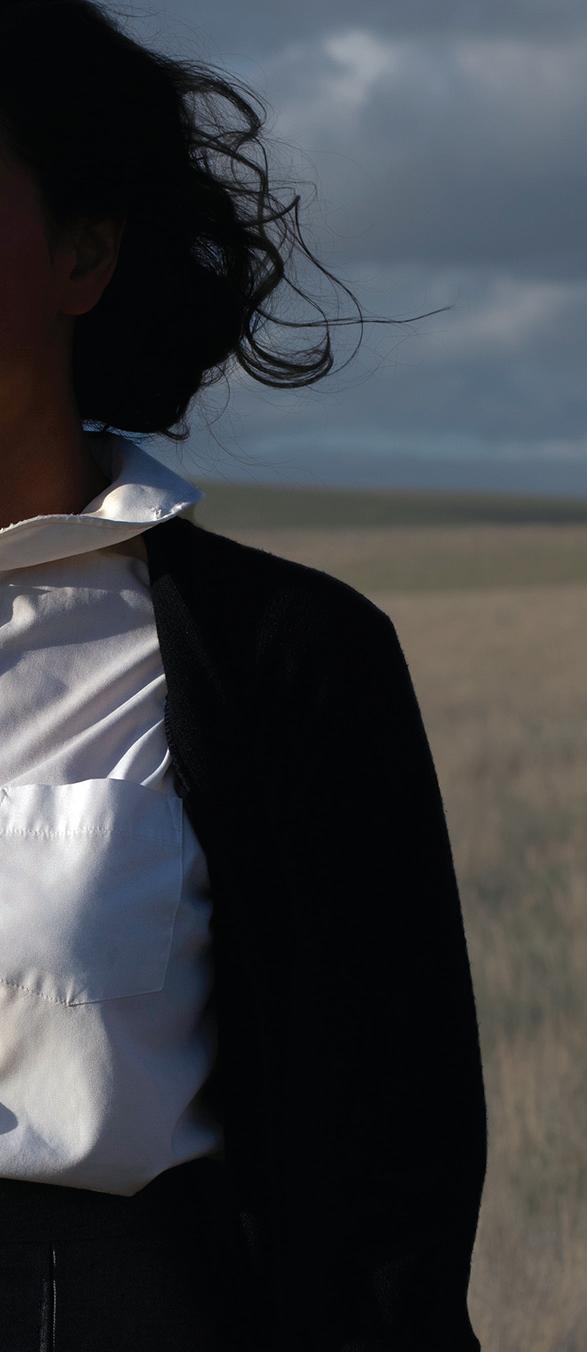
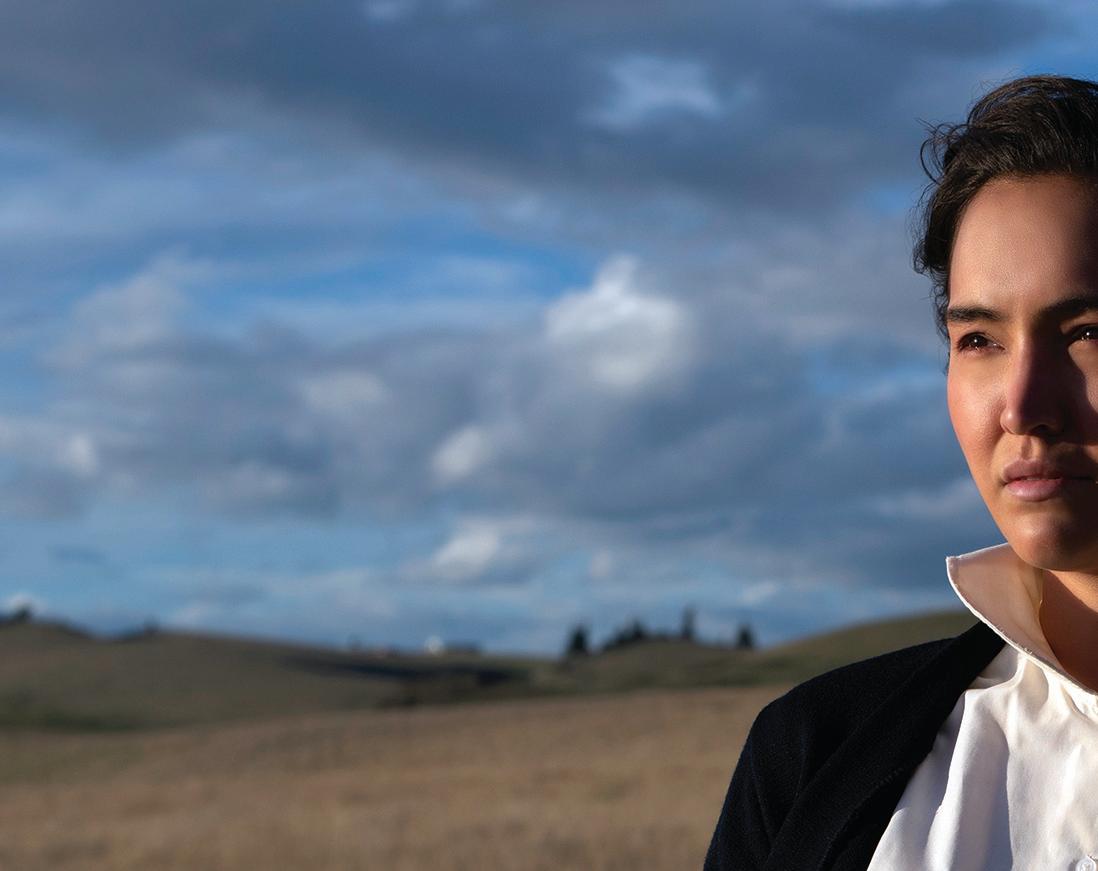
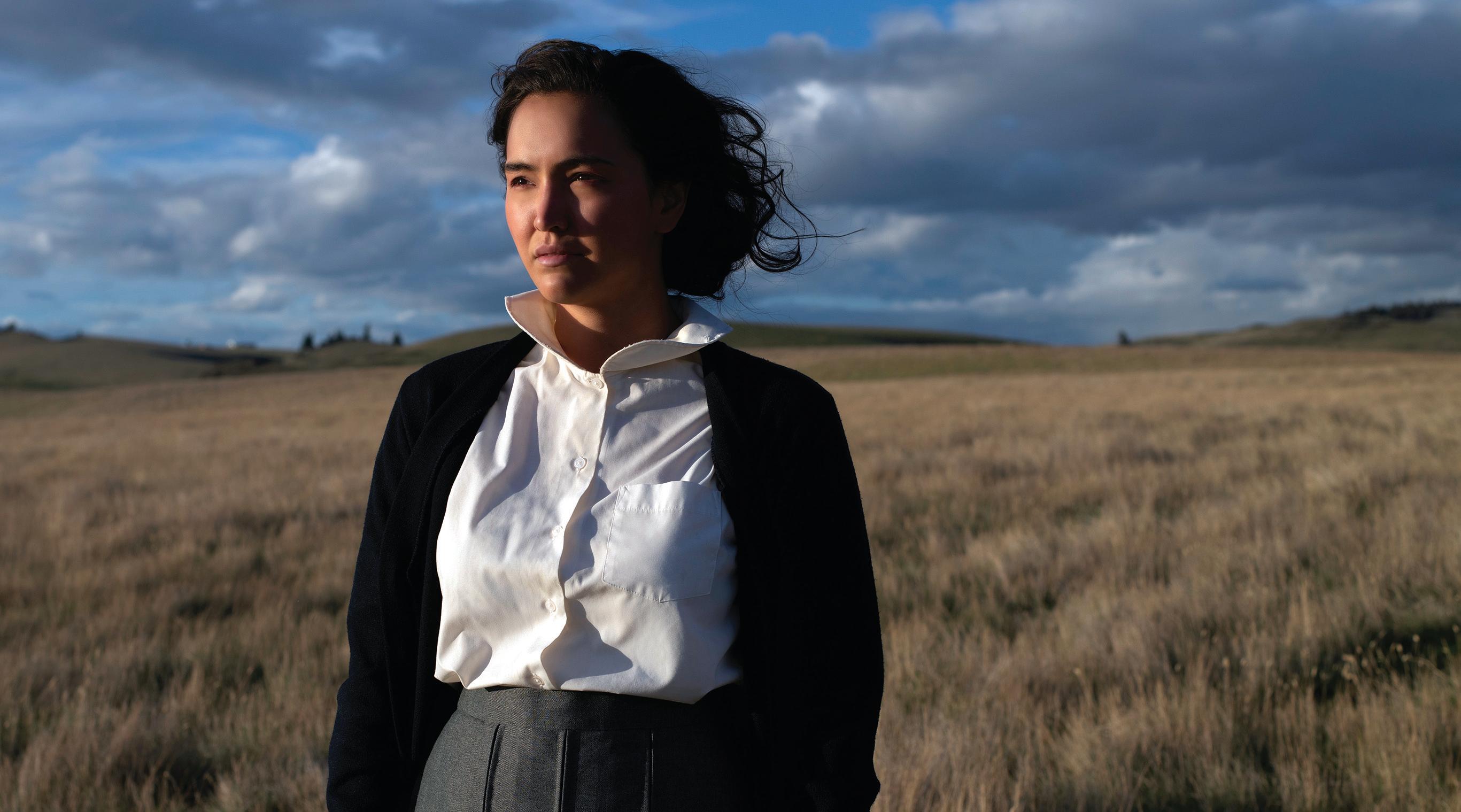
Producer: Nutopia















Distributor: Entertainment One
They say: “Tells the saga of the extended royal family that once ruled the whole of Europe through the eyes of Queen Victoria’s granddaughters, the Hesse sisters.”
We say: This series, set to fill a The Crown-shaped hole in viewers’ lives, lifts the lid on the family tensions that set cousin against cousin and saw millions die in the First World War, the bloodiest conflict the world had ever known.
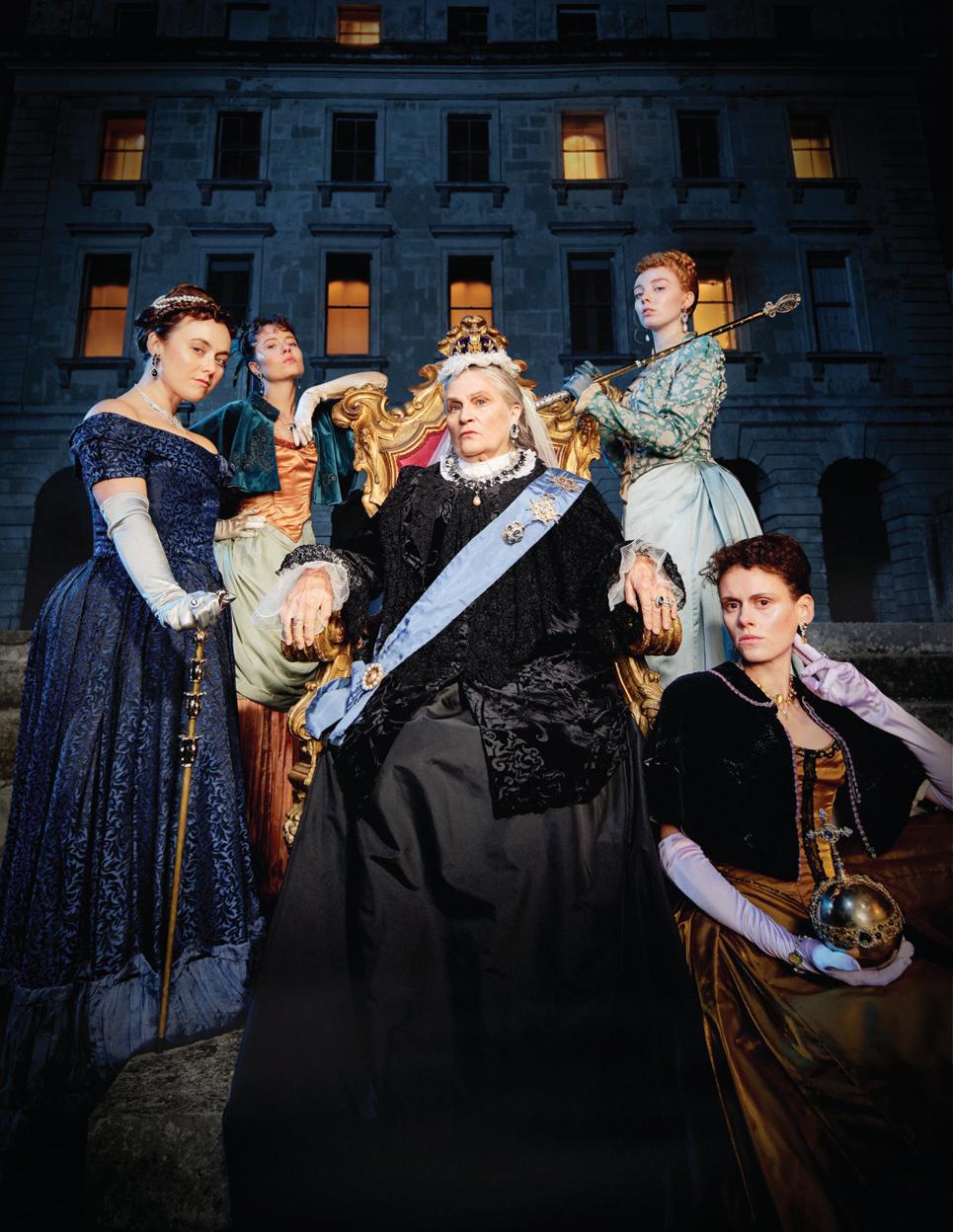
Producers: Red Bull Studios, Lightbox
Entertainment
Distributor: Red Bull Studios
They say: “A rare opportunity to follow the most successful Amateur Athletic Union basketball team of all time as they prepare to compete in a series of games that will almost assuredly propel its players to stardom.”
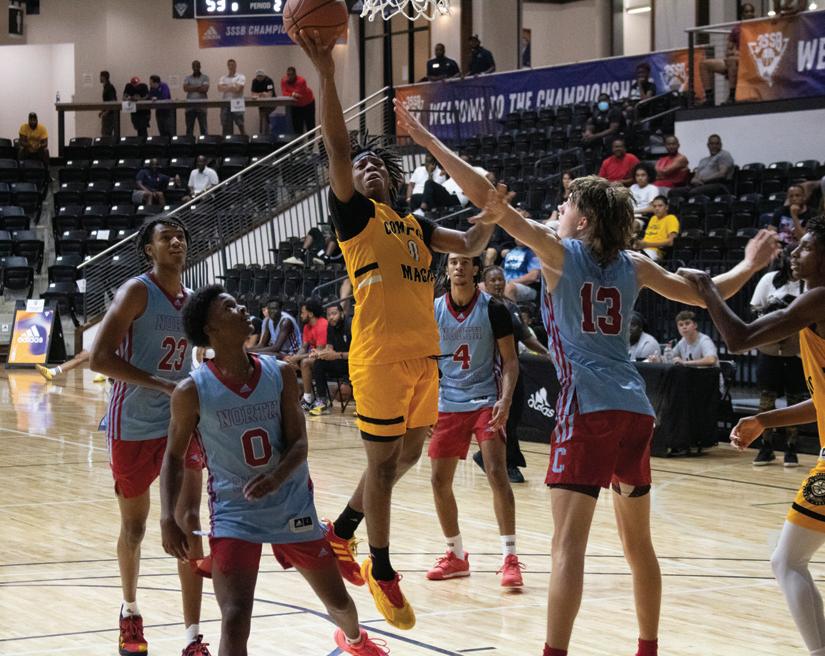
We say: Sports documentaries are all the rage at the moment and this series about gifted young ballers from Paul Pawlowski, Simon Chinn and Jonathan Chinn looks like a slam dunk.
Producers: Bunya Productions, Heiress Films
Distributor: Newen Connect
They say: “A fresh and unique dramedy series for ABC Australia that will make you laugh and cry at the same time. It’s an honest and charmingly funny story about how hard it is to let go of those we love.”
We say: A comedy-drama with plenty of both, this Aussie series explores the very current topics of male suicide and mental health by telling the story of a man who dies by suicide and returns as a ghost, whose grieving best friend must help him right some of his wrongs before he can cross into the afterlife.

Producer: Black Rhino Creative
Distributor: Distribution360
They say: “Chronicling the Chinese-Canadian experience through the lens of small-town Asian food joints and the families that run them.”
We say: Explores how Chinese immigrants to Canada have had to overcome discrimination and carve out a culinary niche that has become a national staple whilst uncovering personal stories at the intersection of politics, culture and food.

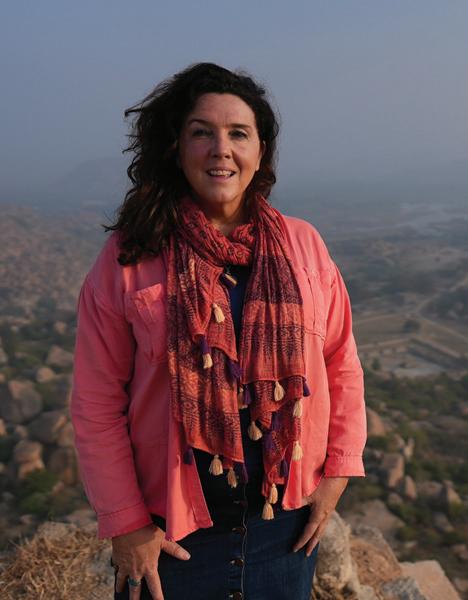
Producer: SandStone Global Productions
Distributor: DCD Rights
They say: “Seasoned adventurer and award-winning historian, author and broadcaster, Professor Bettany Hughes, alongside local experts and academics, takes viewers through her curated selection of Indian treasures.”
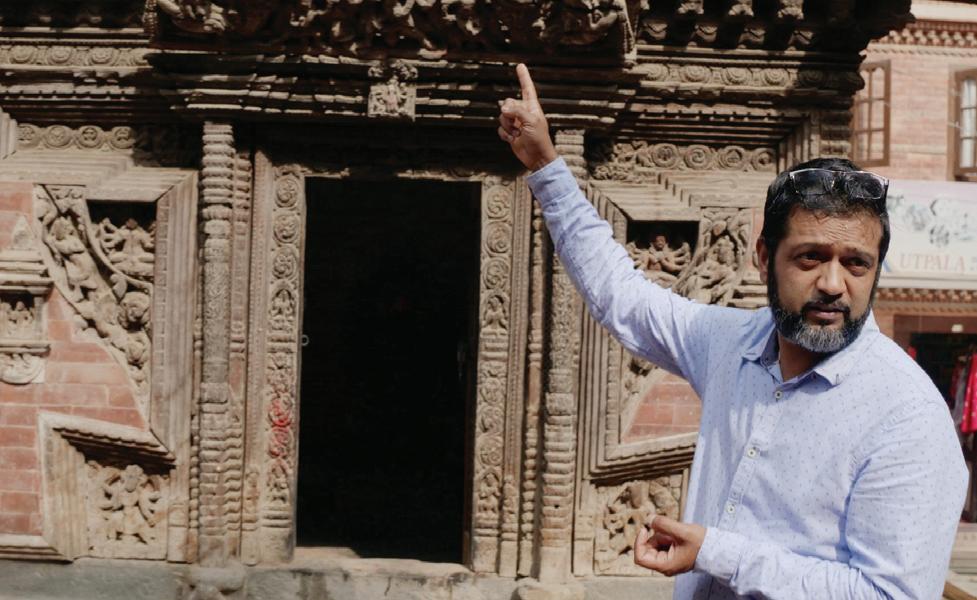
We say: Showing both the north and south of this incredibly diverse country in all its spectacular glory, this two-parter sees the ancient and medieval history specialist explore the latest finds from vast archaeological sites and immerse herself in local festivals and traditions.
Producers: Paper Owl Films, Cake Entertainment
Distributor: Cake Entertainment
Producer: Make Waves Media
Distributor: TVF International
They say: “The issue of tracking down and returning stolen cultural treasures is globally relevant and will continue to dominate headlines for the foreseeable future. For current affairs and modern history slots, you cannot get more topical than this series.”
We say: Since the colonial era, thousands of valuable artefacts have been looted from Asia and this investigative series for CNA travels the globe to reveal the efforts to recover various stolen national treasures, as a generation of activists, archaeologists and digital sleuths work together to return the heirlooms to their homelands.
They say: “A playful, engaging 2D animated preschool series with fun, friendship and geometry at its core.”
We say: This cute series aims to bring the fundamentals of geometry to two- to four-year-olds and is created by Sarah Legg-Barratt, formerly a producer for BBC Children’s animation and acquisitions department, whose credits include successes such as Peter Rabbit, Bing, Clangers, Messy Goes to Okido, Pablo and Olobob Top





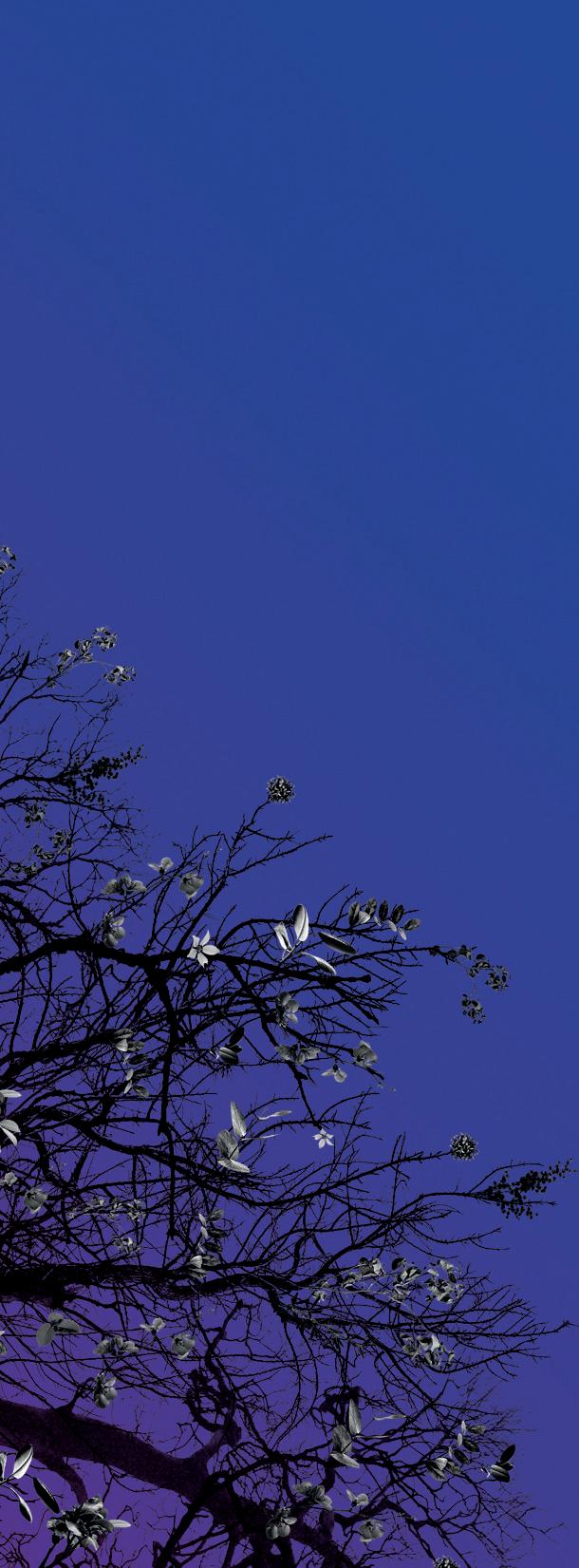







Producer and distributor: Tokyo Broadcasting System Television
They say: “Each contestant must sing their chosen song perfectly while not getting thrown off by the live, in-studio choir as they shift into a specially created melody that distracts even the best singers.”
We say: With a premise familiar to anyone who’s taken part in the late-night karaoke on offer in Cannes surrounded by screaming TV execs, this musical gameshow taps into the zeitgeist for gathering around the jukebox and belting out your favourite tunes.


Producer: Burning Light Productions
Distributor: Abacus Media Rights
They say: “Comedian Ruby Wax experiences life as a true castaway as she documents her entire experience while being completely isolated for 10 days on a Madagascan Island.”
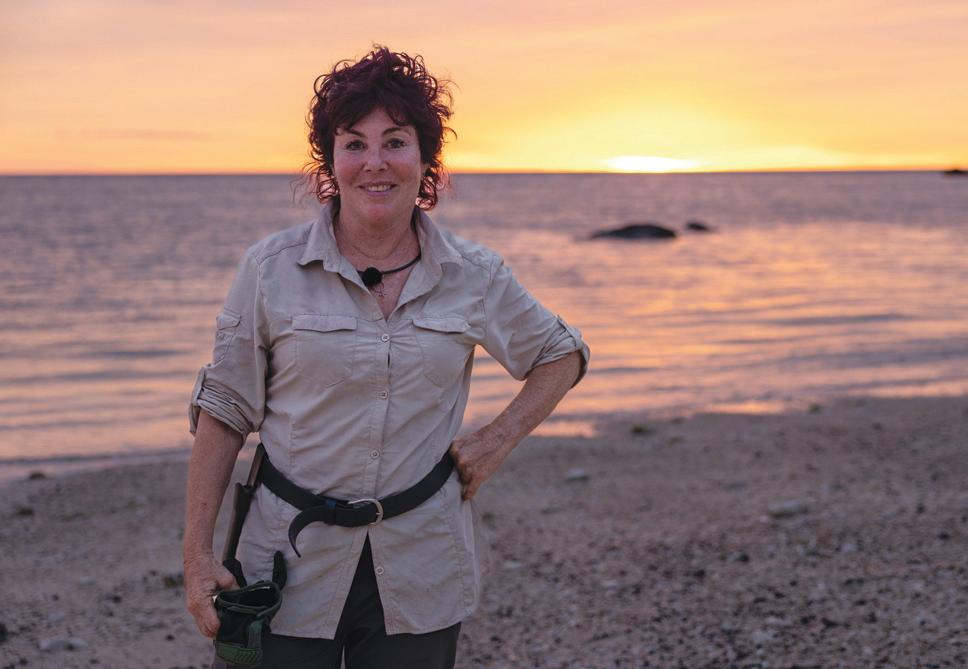
We say: With Wax having experienced depression for over 15 years, this series for Channel 5 in the UK comes as part of her mission to open up public discussion about mental health and promises to be an epic study of solitude and mental fortitude.
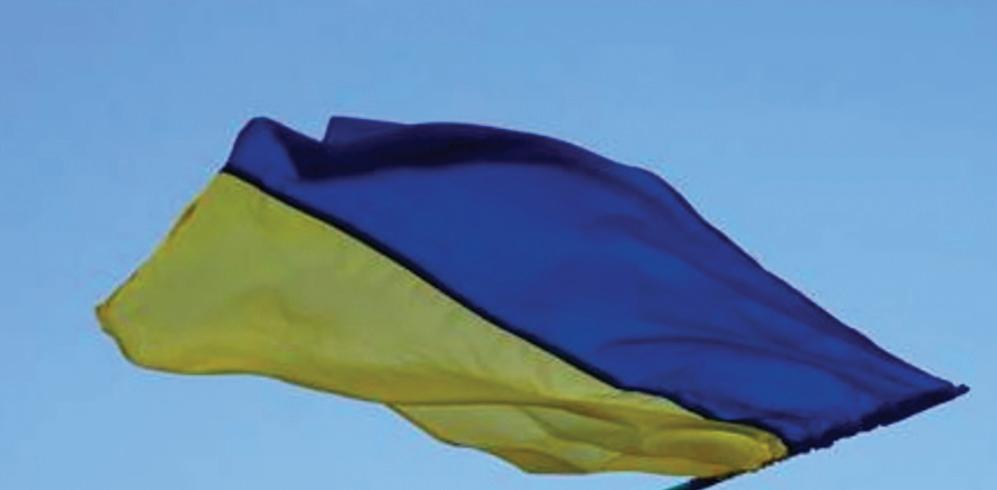
Producers: GTV Docs, Tilt Media, Film.UA
Distributor: Blue Ant International
They say: “Offers rare access to Ukrainian president Volodymyr Zelensky and his wife Olena as well as unique footage of the people who are on the front lines of the invasion in Ukraine.”
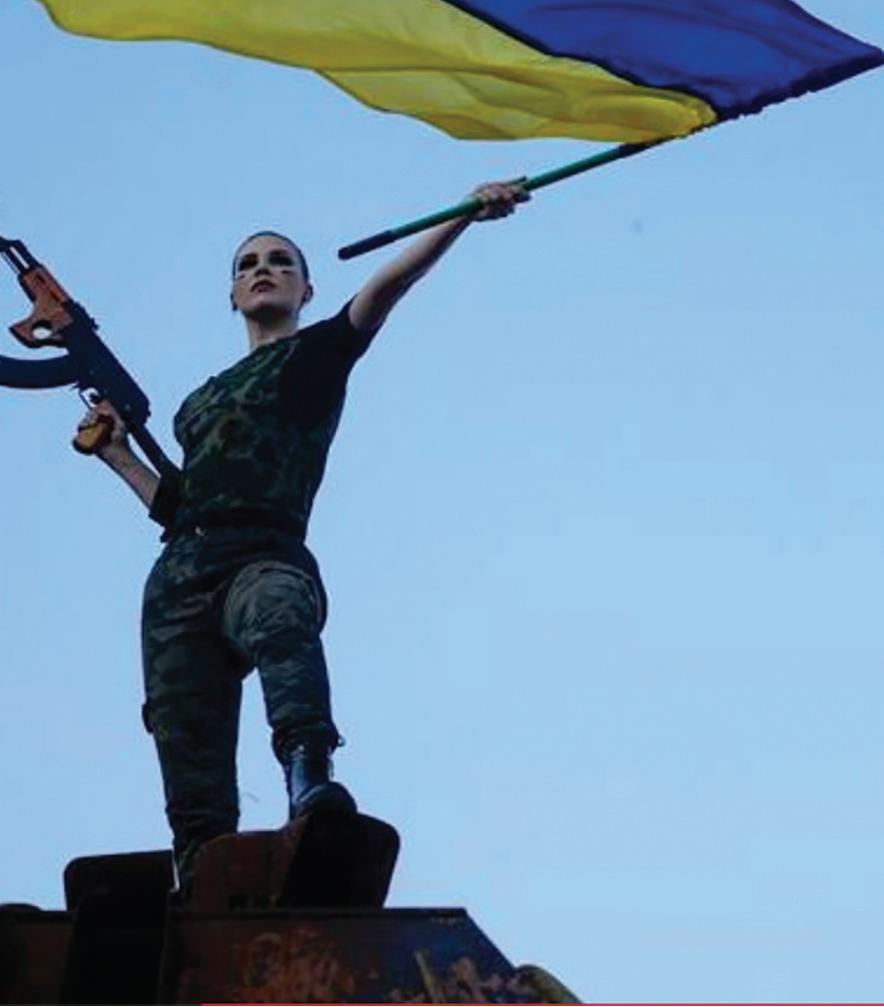

We say: Documenting the lives of Ukrainian citizens and some of its leaders, this series tells extremely powerful stories with unique and often personal archives as well as newly shot footage to detail the trauma and triumphs of the war-torn nation.


Producer: Boat Rocker Studios
Distributor: Boat Rocker Rights
They say: “Tells the story of a married 30-something through a fantastical journey of parallel universes, as she enters new relationships, trying to find her way back to her partner and, ultimately, herself.”
We say: Creator and star Zoe Lister Jones has made a poignant comedy in this Roku original that provides a refreshing look at the universal themes of relationships and love.


Producer: Cheyenne Federation
Distributor: StudioCanal
They say: “This action-packed drama digs into the arcane power of the Parisian police force while providing suspense, adrenaline and action.”
We say: A French-language crime drama for Canal+ featuring fiery young cops and Parisian gangsters, this topical series from novelist, screenwriter and director Jérémie Guez, will receive its world premiere at Canneseries in April.


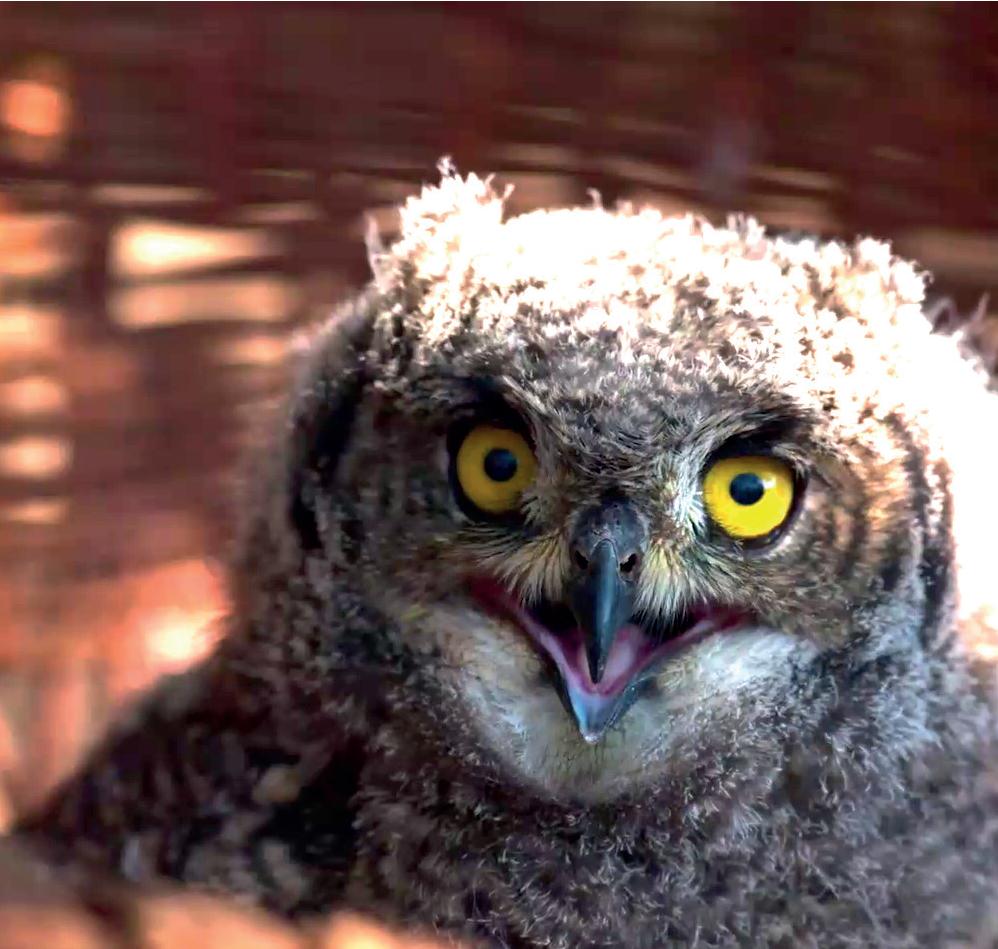


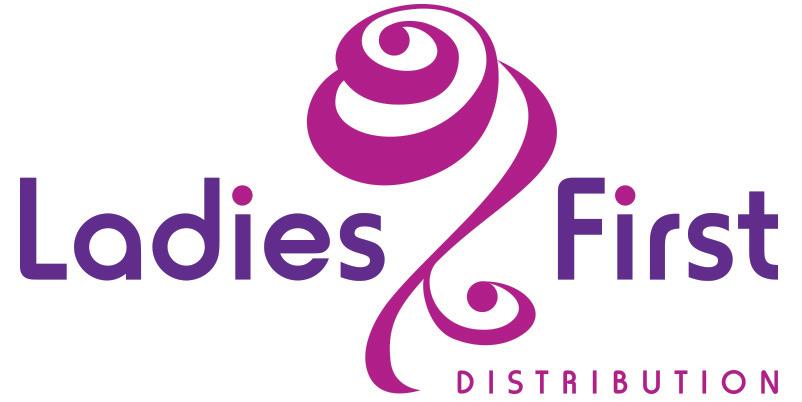
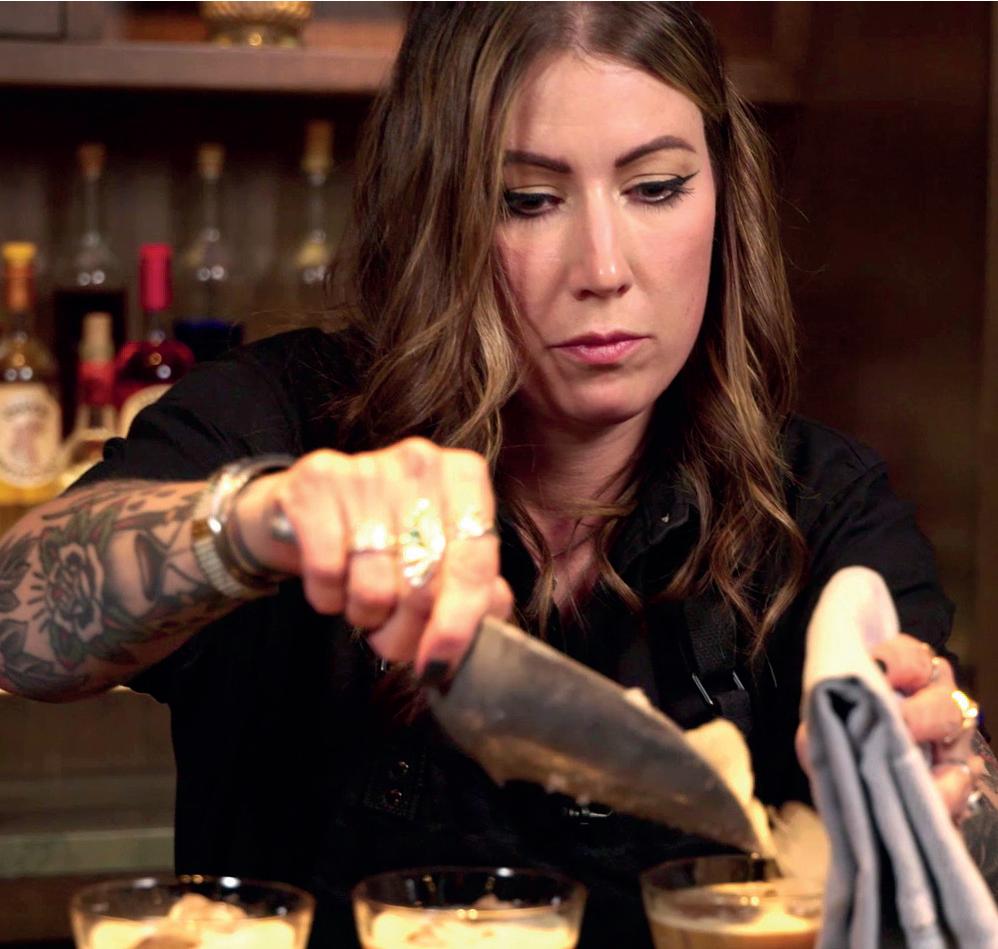




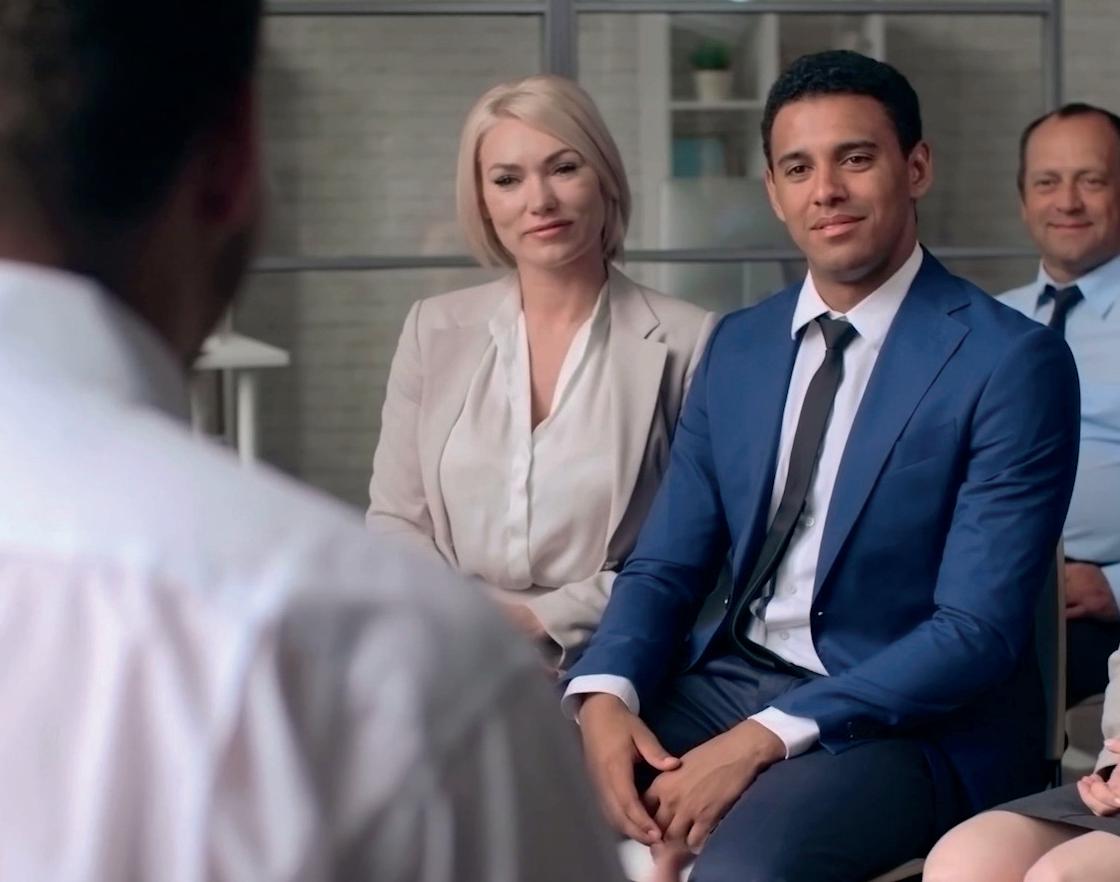











Producer: Expectation Entertainment
Distributor: BBC Studios
They say: “A 50-year-old working class married mother-of-two who is having an existential crisis and is convinced she’s got early onset dementia after forgetting what a shoe is called, is informed by her doctor it is, in fact, the menopause.”
We say: Created, written by and starring the multiaward-winning stand-up comedian, actor and writer Bridget Christie, this Channel 4 comedy drama boasts a brilliant cast and mines a subject in the menopause that affects more than 75% of women yet outrageously remains ignored by society.
Producer and distributor: WildBear Entertainment
They say: “Follows the adrenaline-fuelled, awe-inspiring journeys of two of the world’s greatest BMX riders, Olympic medallists Sam and Alise Willoughby, and explores what keeps elite athletes seeking the thrill and chasing the dream, despite being confronted by their sport’s savage consequences.”
We say: A brutal tale of love, loss and triumph, on and off the track, this documentary for ABC in Australia tracks a couple who dominated the high-risk, high-stakes sport of BMX before a career-ending injury in 2016.

Producers: Lingo Pictures, FabFiction
Distributor: All3Media International
They say: “An uplifting mystery drama about a directionless teenager who inadvertently becomes a local hero after he stops an armed robbery. Soon after, he starts receiving cryptic messages on playing cards that take him stumbling along a path of mysterious missions.”
We say: Buyers keen on alternatives to dramas that focus on violent crimes against women may have their interest piqued by this ABC Australia drama based on Markus Zusak’s bestselling novel of the same name that was a hit with young adults.
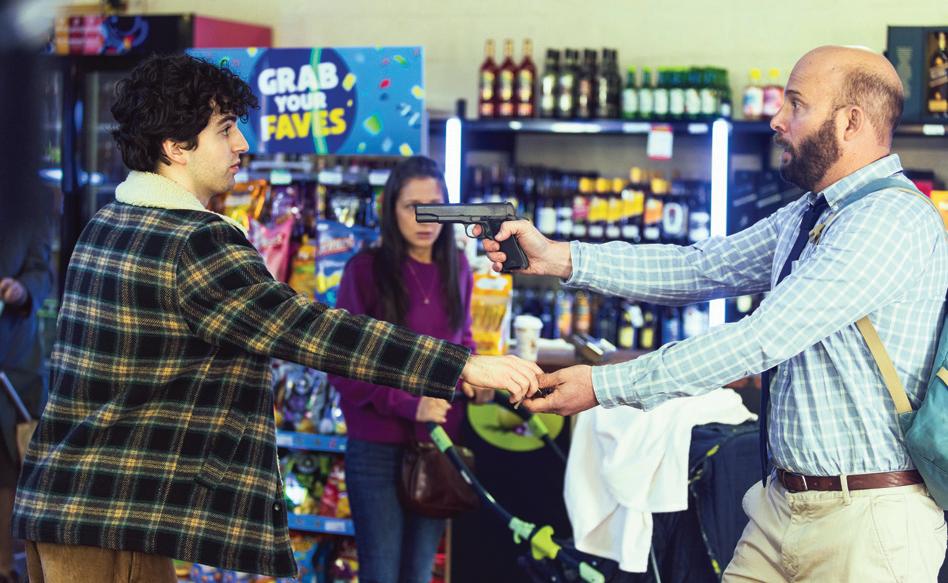
Producers: WildBrain, Glowberry, Ánima, De Agostini Distributor: WildBrain
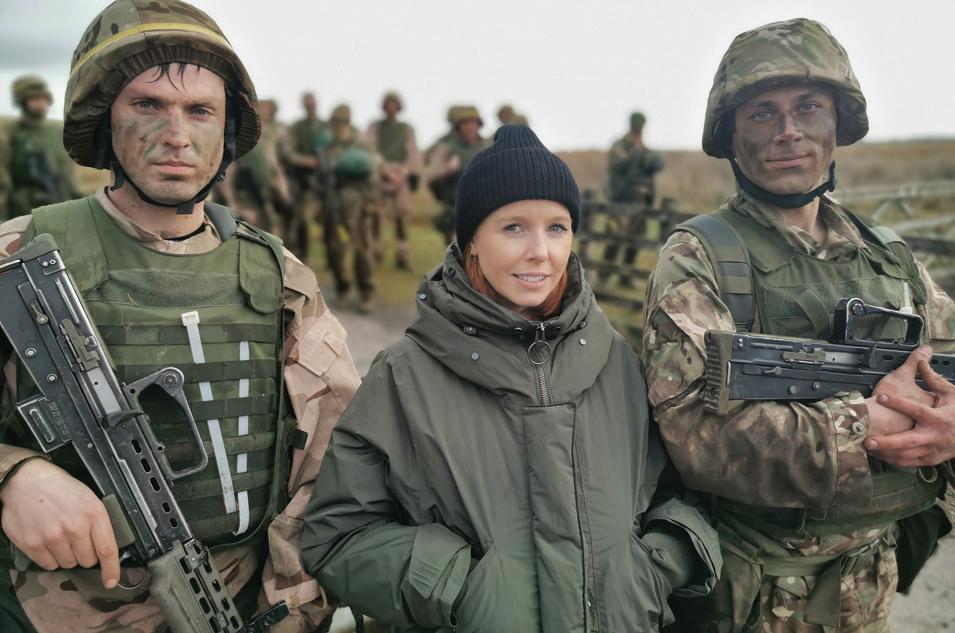

Producers: True Vision, Little Dooley
Distributor: Orange Smarty
They say: “With exclusive and unprecedented access to the British Army’s covert combat programme, this inspirational documentary follows ordinary Ukrainian civilians as they undertake intensive training in order to fight on the frontline against Russia.”
We say: Over five weeks, presenter Stacey Dooley follows recruits as they learn to survive and prepare for deployment in this BBC documentary, which gives viewers an insight into what it takes to sacrifice everything for your country and also the human toll of war.
They say: “Brave Bunnies is a kids’ property born of tremendous creative vision and is now a story of remarkable courage, as Olga Cherepanova and her Glowberry team have continued bravely throughout the war in Ukraine to keep the series going for its international fan base.”
We say: This inspiring Ukrainian preschool series, about two curious and adventurous bunny siblings, has a second season in production and fosters important values of curiosity, creativity, eagerness, openness and responsibility.
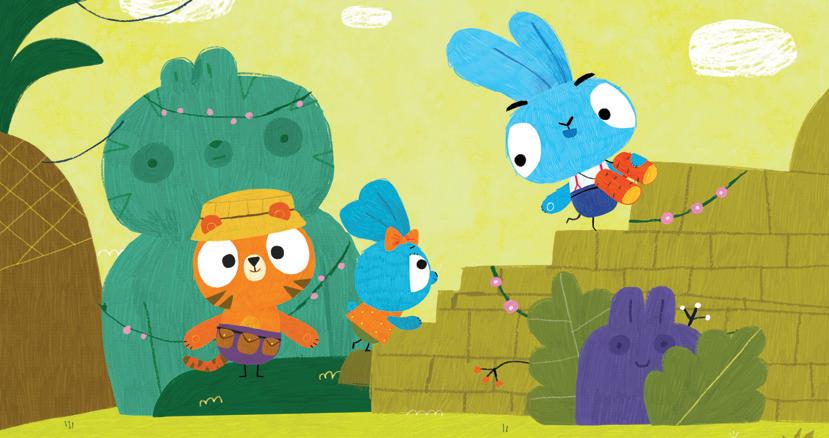
Producer: Dreamsmith Entertainment
Distributor: Espresso Media International
They say: “Presents some thought-provoking, even startling, predictions based on what we know about evolution, adaptation and our changing way of life.”
We say: As technology becomes ever more advanced, discussions around both the positive and negative impact of scientific progress are louder than ever, making this Canadian documentary about future physical transformations in the human species hugely topical.
c21media.net/department/next-big-things/

C21’s NEXT BIG THINGS - The people, programmes and businesses that are about to change the game. Keep reading online at



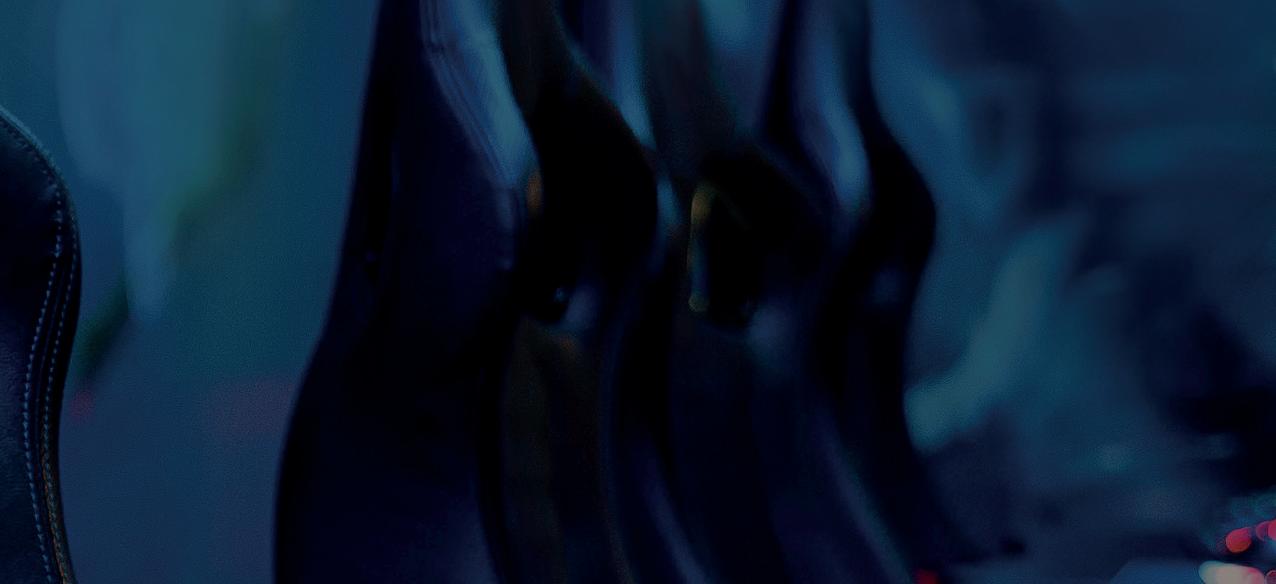











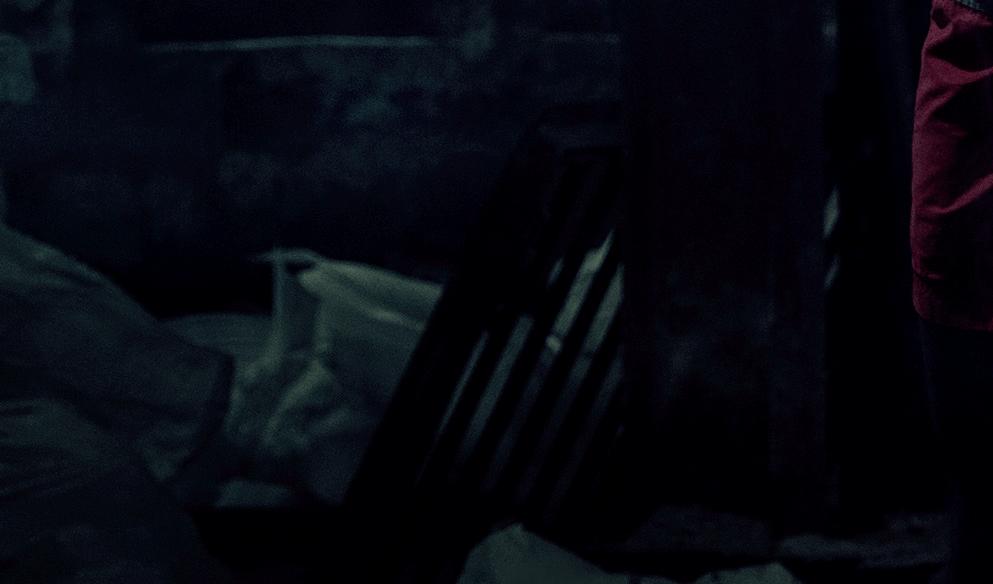
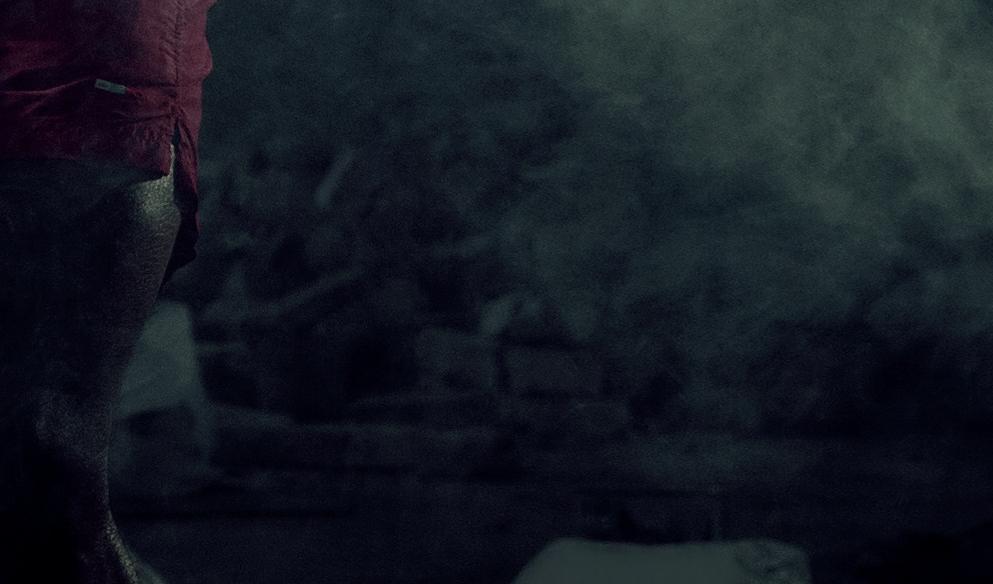
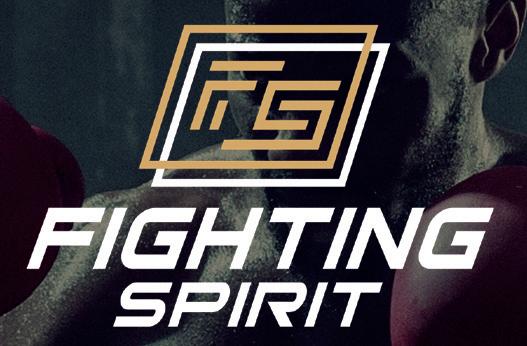








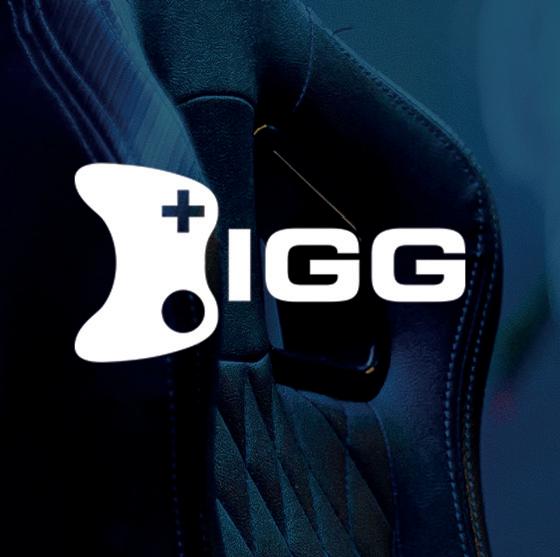
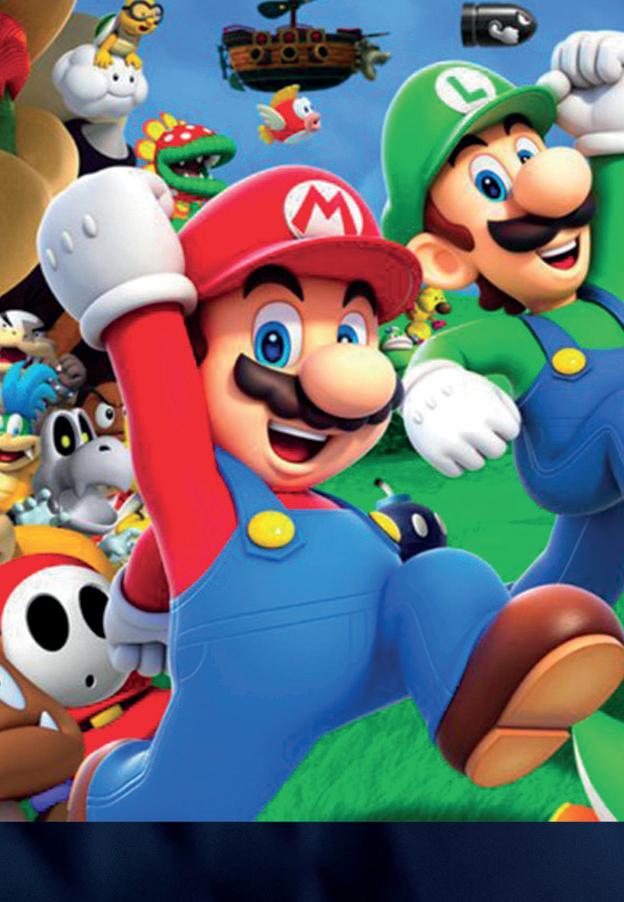

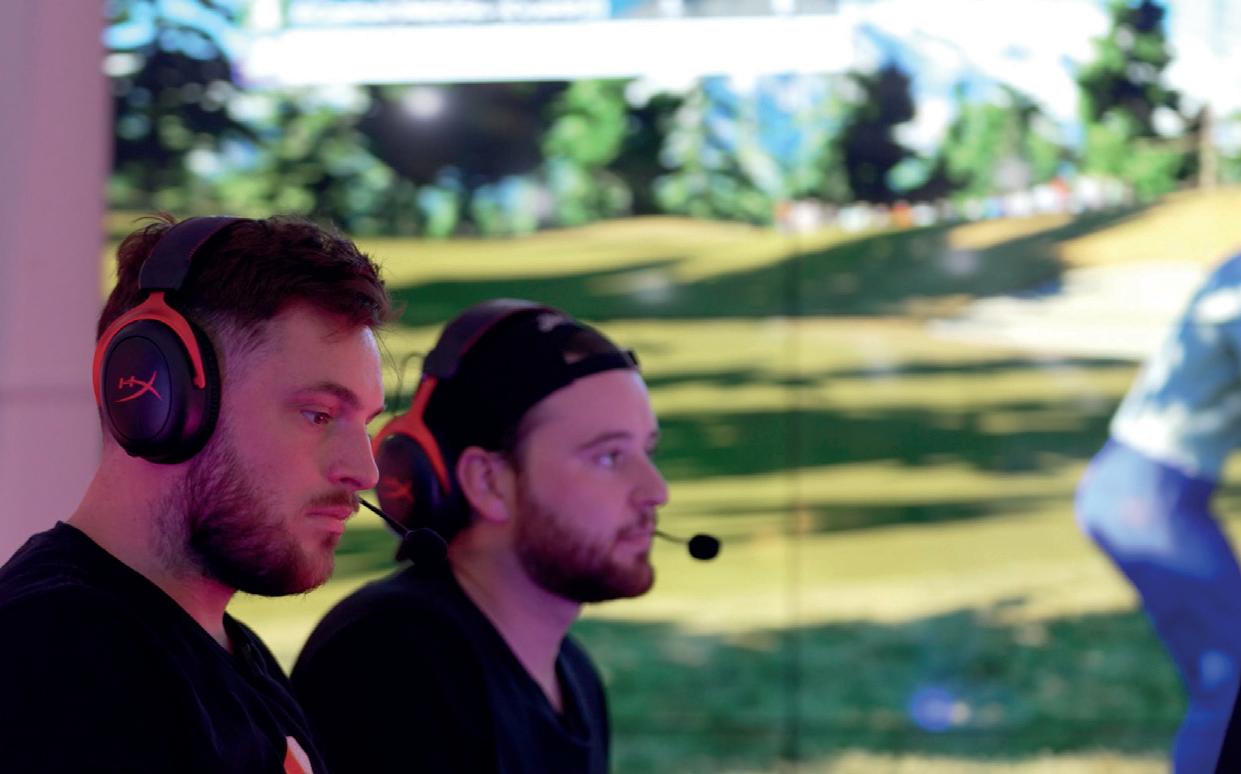











“How are you?” is the main question for Ukrainians during the past year of the war. It can be heard in every home, in the streets, at work meetings, in schools, in hospitals, in the trenches, in our heads... And it’s a blessing to hear the response: “Everything is fine, we hold on,” because too often there are just no answers.
During this year, we changed a lot and learned much about ourselves and our people. Now we know more than ever what courage is, what invincibility looks like, what the unity of the people feels like and what victory smells like. And thanks to Ukraine, now the whole world should know how high the price of freedom is.
And if a year ago we talked about total uncertainty in all areas of life and in the media industry as well, today we want to talk only about victory.
The past year has shown that we Ukrainians can work in the most difficult conditions and under any circumstance. The threat of a missile strike or the lack of electricity, communication and heating in homes are only temporary inconveniences. This is the kind of resilience and strength of spirit that I saw in my colleagues from MKMG.
Despite all the difficulties of the war, they have kept working: answered letters to partners, looked for available internet nearby, held work meetings in any corner of the city where they could catch at least a little warmth, shipped work materials to clients on time, despite total blackouts, and improved internal processes, updated the website and clients’ work accounts in order to continue to represent Ukrainian media in the world at a high level. I am proud of the MKMG team.
And we are also grateful to all our global partners for the support and help we have felt throughout the past year. Our friends cooperated with us in all matters and sincerely supported us in difficult times.
To date, the Ukrainian media market has not only survived but is also rapidly transforming. A significant number of top Ukrainian TV channels switched to synchronised broadcasting of a joint information telethon, while one of the four media groups left the market and the activity of advertisers decreased significantly. All this put the main players on the edge of survival and forced
them to make changes that can be defined as transformation.
Despite the difficulties, content production is gradually recovering in Ukraine. Documentary and feature projects are appearing, many built in coproduction with international partners. I’m sure the media community will see many titles released this year and in 2024 documenting the war and the people that stayed in Ukraine.
As for our team, MKMG enriched its catalogue with a focus on documentaries. We exclusively represent the Italian 4K wildlife film In the Valley of the King of Air, about Peregrine falcons, which have never been documented in Sicily before. We represent Invincibles: Ukrainian Partisans, a 2023 film about the resistance of our people to the invaders in the temporarily occupied territories, and Peacekeepers, which shows the heroic deeds of the Ukrainian peacekeeping contingent in Yugoslavia in 1992 and Georgia in 1993.
Meanwhile, the national cartoon Mavka: The Forest Song, produced by Ukrainian studio Animagrad, was released on the big screen in Ukraine. Viewers and the media community had been waiting for this event for years and it finally took place in such a difficult time of war. In a few weeks, the cartoon has already broken all cinema records for a Ukrainian film. But the most important thing is that Mavka brought warmth and beauty to people who are so tired of experiencing permanent stress.
Today, the market is transforming, struggling and developing in small steps. Ukrainian media felt the powerful help of the world community, both in supporting Ukrainian companies and in opposing Russian media. However, it is still too early to talk about a fully fledged return to normal life – the war continues.
But Ukrainians, more than ever, believe in victory! Our freedom cannot be taken away! Glory to Ukraine!
EDITORIAL
Editorial director Ed Waller ed@c21media.net
Editor of C21Media.net
Jonathan Webdale jonathan@c21media.net
Chief sub-editor Gary Smitherman gary@c21media.net
Chief sub-editor, Drama Quarterly John Winfield john@c21media.net
News editor Clive Whittingham clive@c21media.net
Channel21 International editor Nico Franks nico@c21media.net
DQ editor Michael Pickard michael@c21media.net
Research editor Gün Akyuz gun@c21media.net
C21Kids editor Karolina Kaminska karolina@c21media.net
Senior reporter Neil Batey neil@c21media.net
C21TV
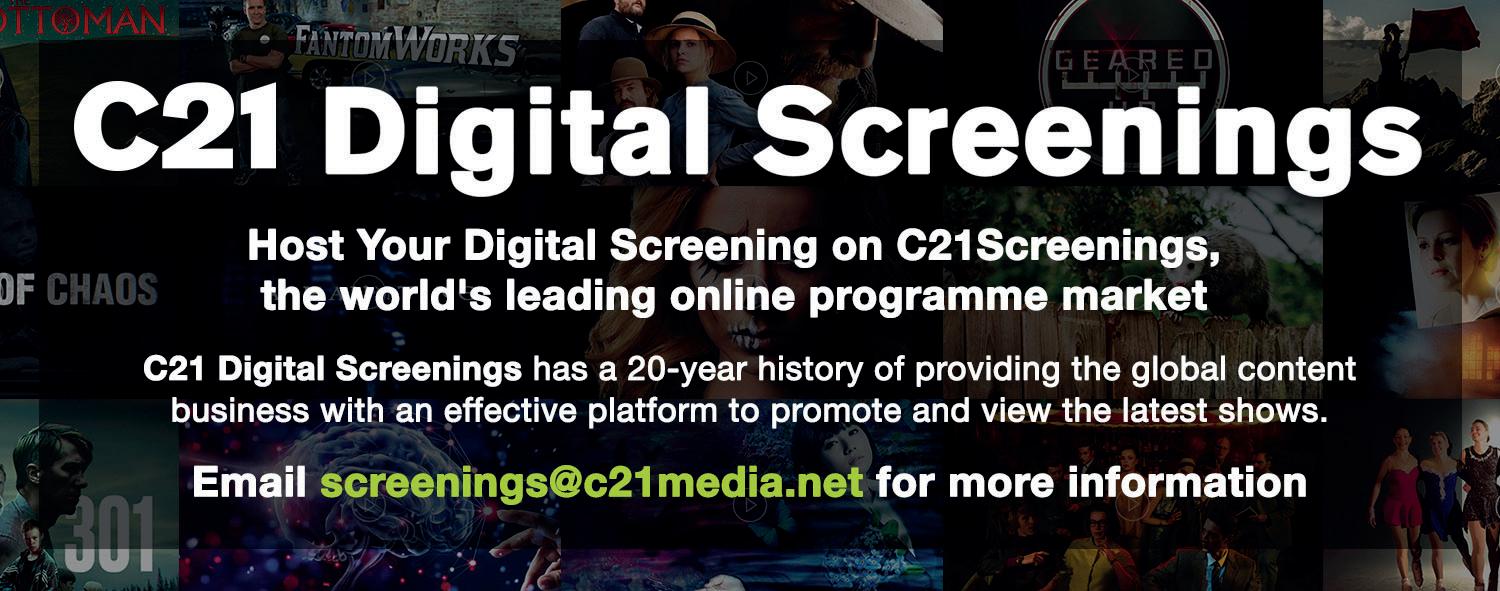
Head of television Jason Olive jason@c21media.net
Video editor/motion designer Adrian Ruiz Martin adrian@c21media.net
FINANCE
Finance director Susan Dean susan@c21media.net
Finance manager Marina Sedra marina@c21media.net
Finance officer Shuhely Mirza shuhely@c21media.net
ADVERTISING
Founding partner and commercial director Odiri Iwuji odiri@c21media.net
Sales director Peter Treacher peter@c21media.net
Business development director Nick Waller nick@c21media.net
Sales Manager Hayley Salt hayley@c21media.net
Senior sales executives Richard Segal richard@c21media.net
Malvina Marque malvina@c21media.net
Telesales executive Yasmin Connolly yasmin@c21media.net
PRODUCTION
Operations director Lucy Scott lucy@c21media.net
Head of digital Laura Stevens laura@c21media.net
Operations manager Milly Aylott Harvey milly@c21media.net

Production and events coordinator Courtney Brewster courtney@c21media.net
EVENTS
Event programming director Ruth Palmer ruth@c21media.net
Head of event programming Adam Webb adam.webb@c21media.net
Head of events Gemma Burt gemma@c21media.net
Events coordinator Lucy Corona lucy.corona@c21media.net
Events assistant Francesca Bartlett francesca@c21media.net
North American editor Jordan Pinto jordan@c21media.net
Group CFO (consultant) Ravi Ruparel ravi@c21media.net
Editor-in-chief & managing director David Jenkinson david@c21media.net
have access to the most respected information source in entertainment.
Channel21 International is published six times a year by NuPress, Miami. Channel21 International is registered as a newspaper. No part of this publication may be copied, stored or copied on to any electronic system or broadcast via any other medium without prior consent of the publisher. All rights reserved. All trademarks acknowledged.
number: 1460-0668
Olena Shkrobot, director of Ukrainian media group MKMG, describes how the Ukrainian media industry has battled to remain afloat as the country continues to defend itself against invasion.